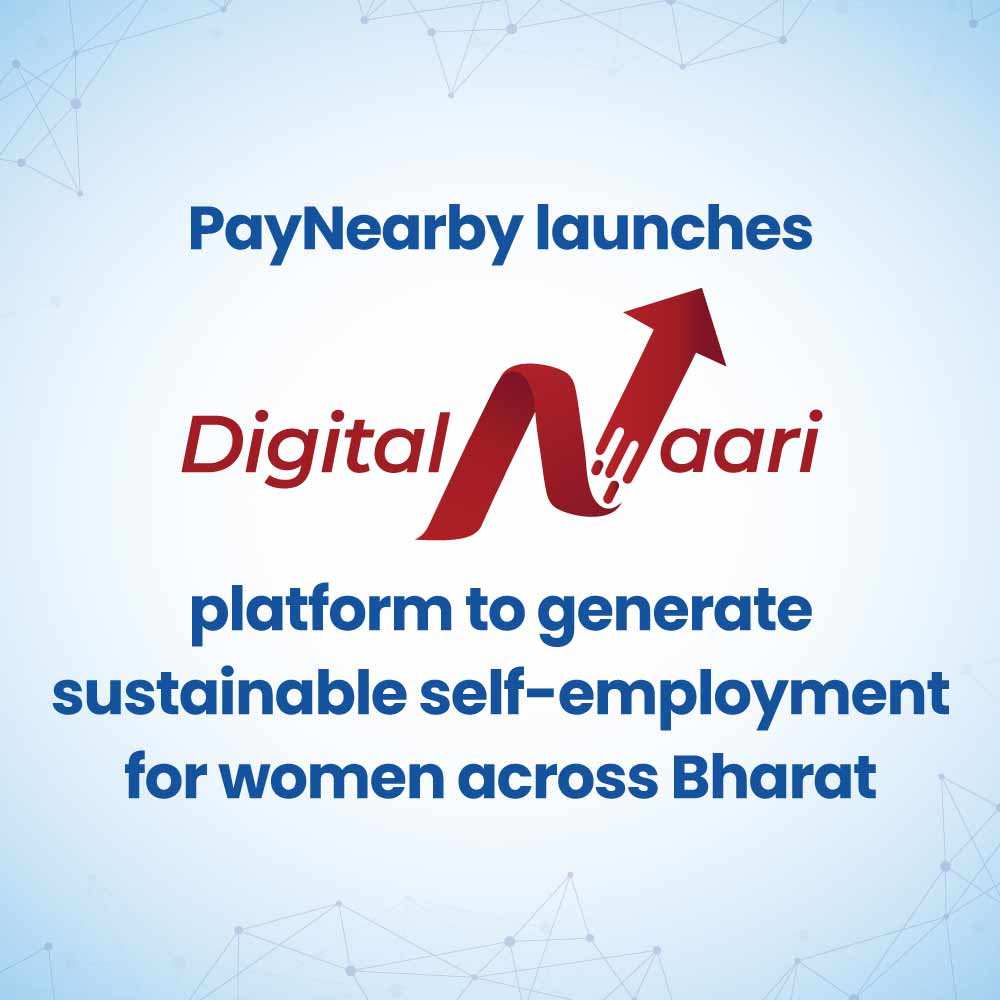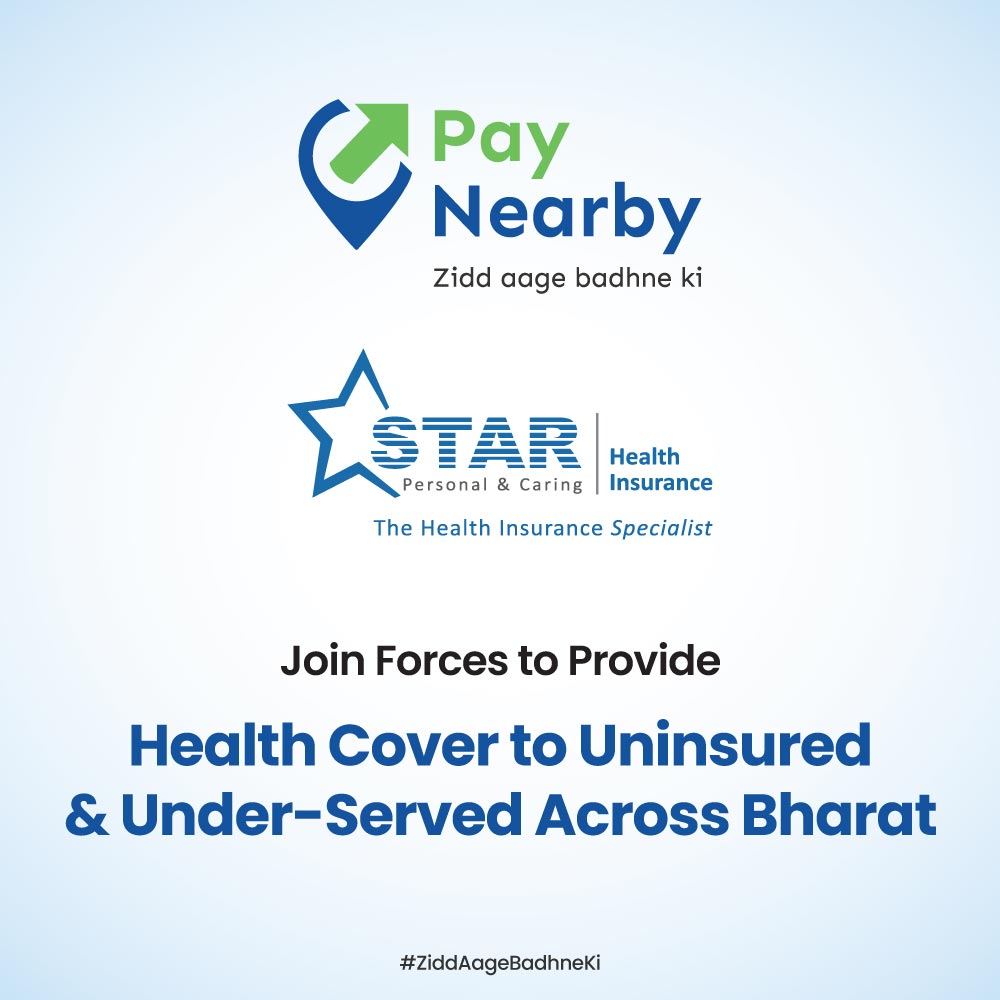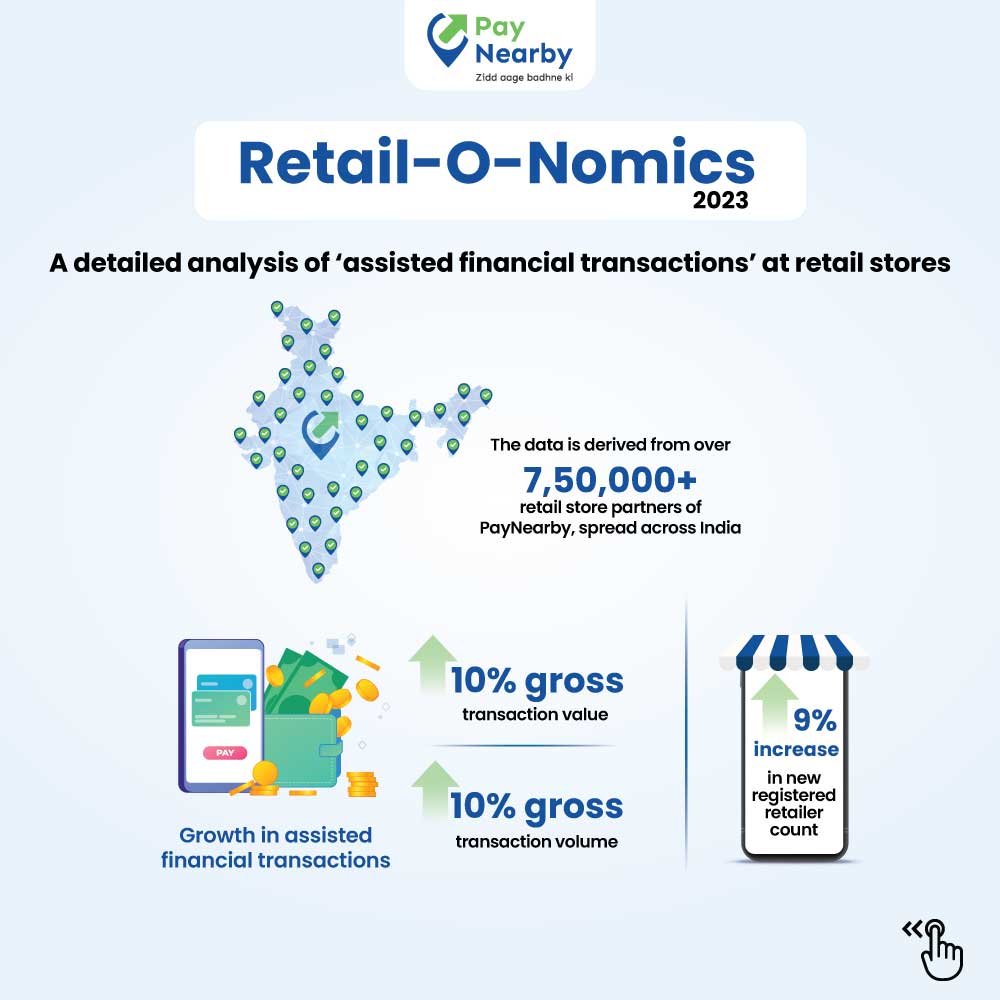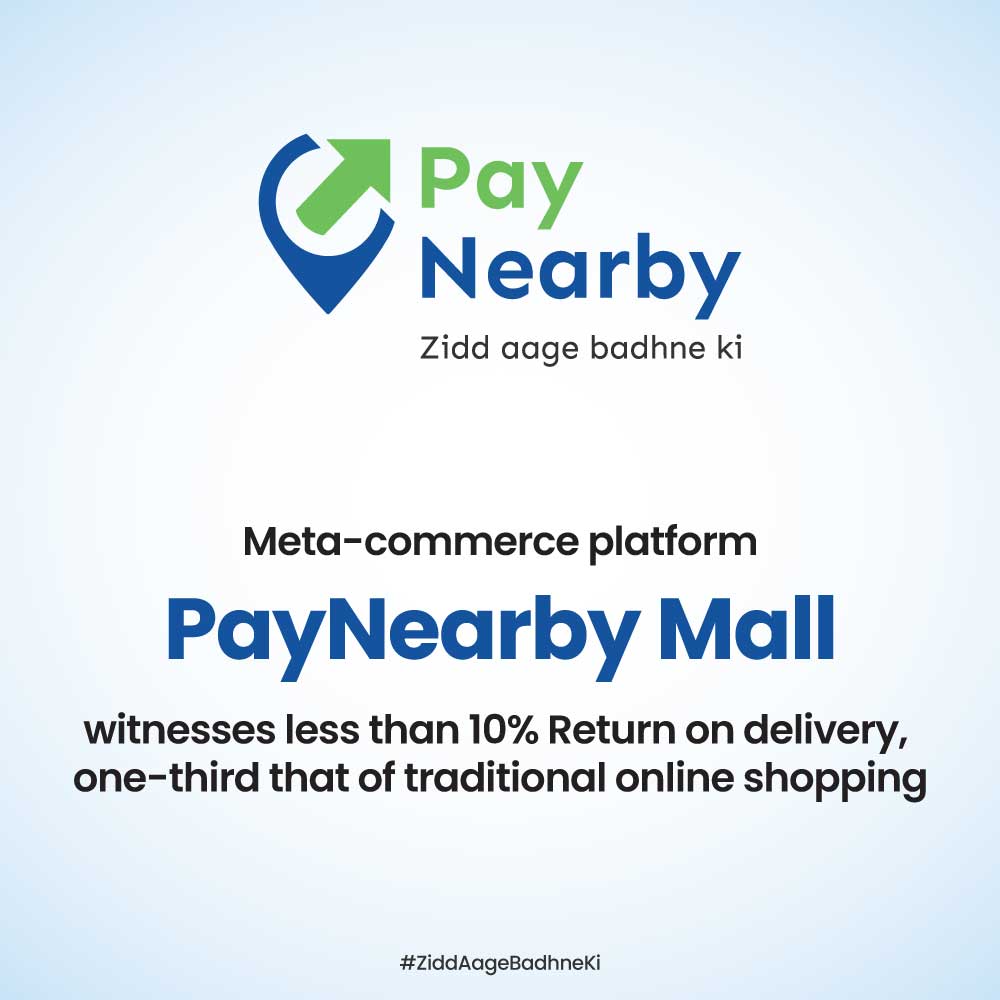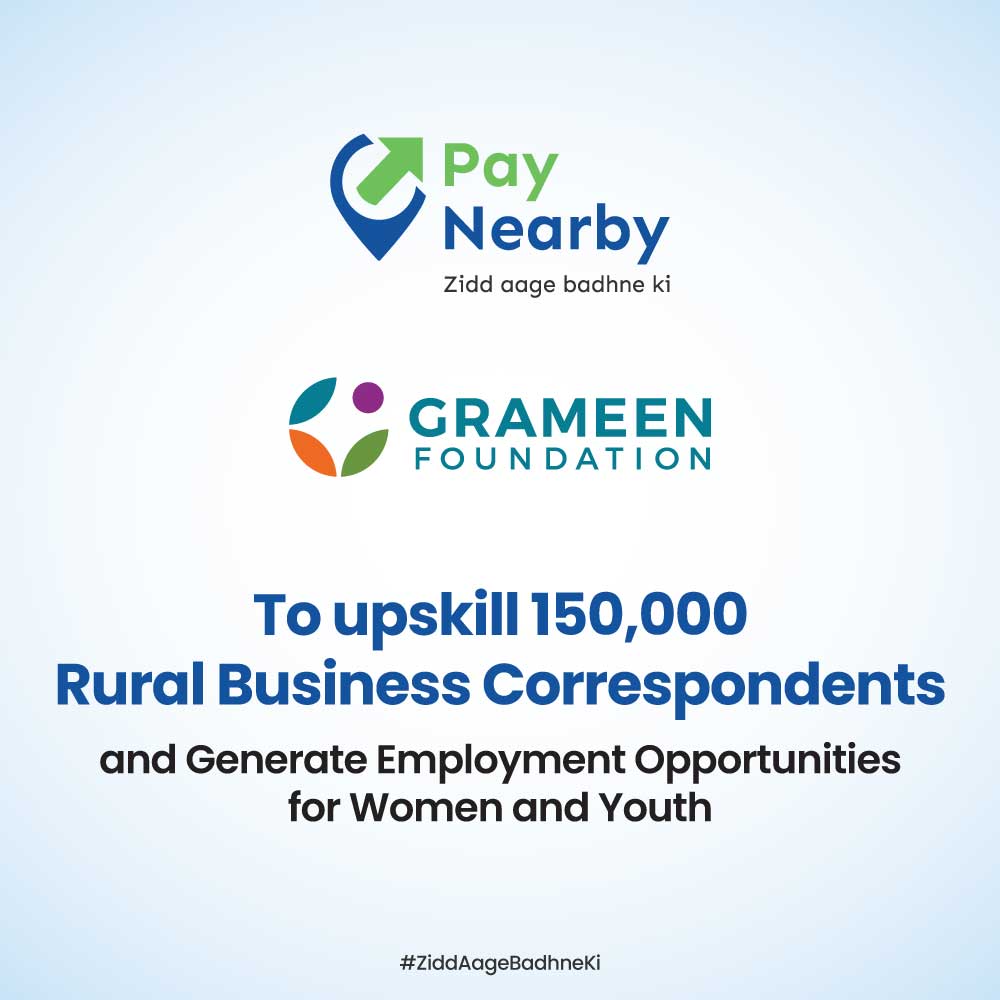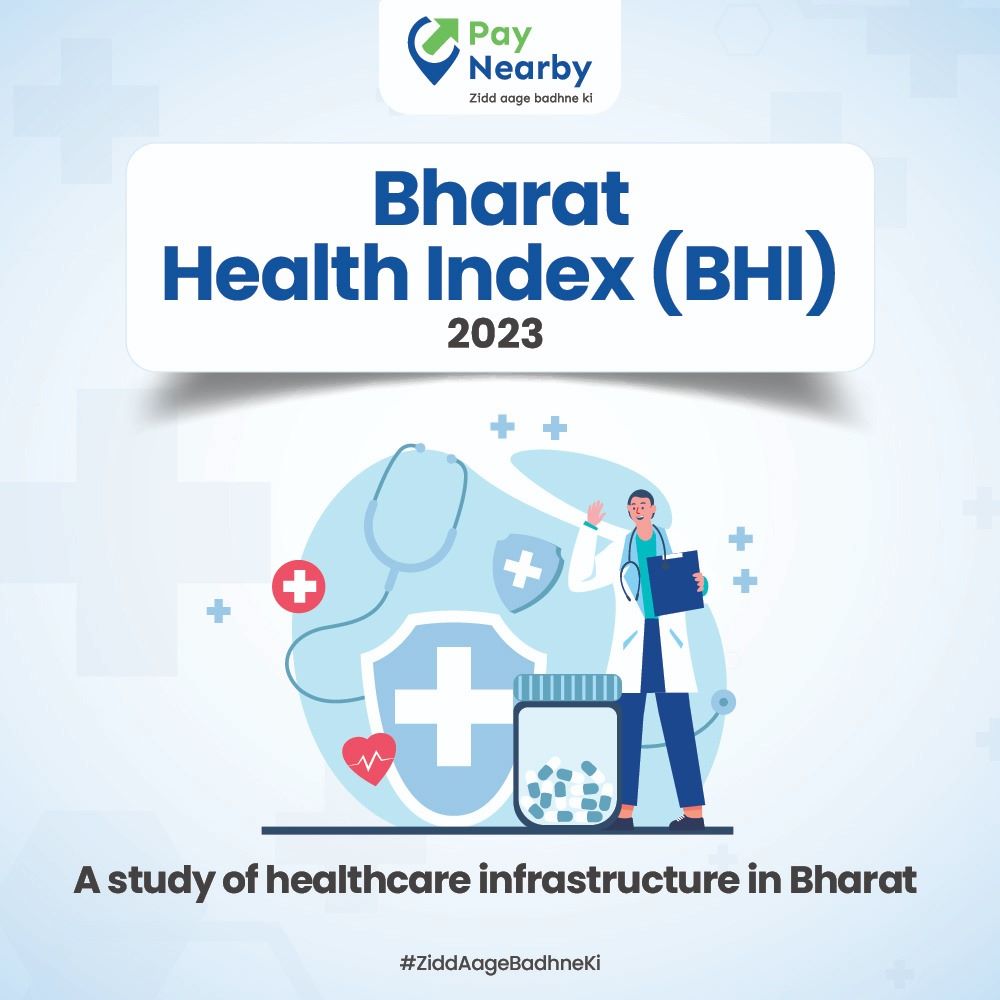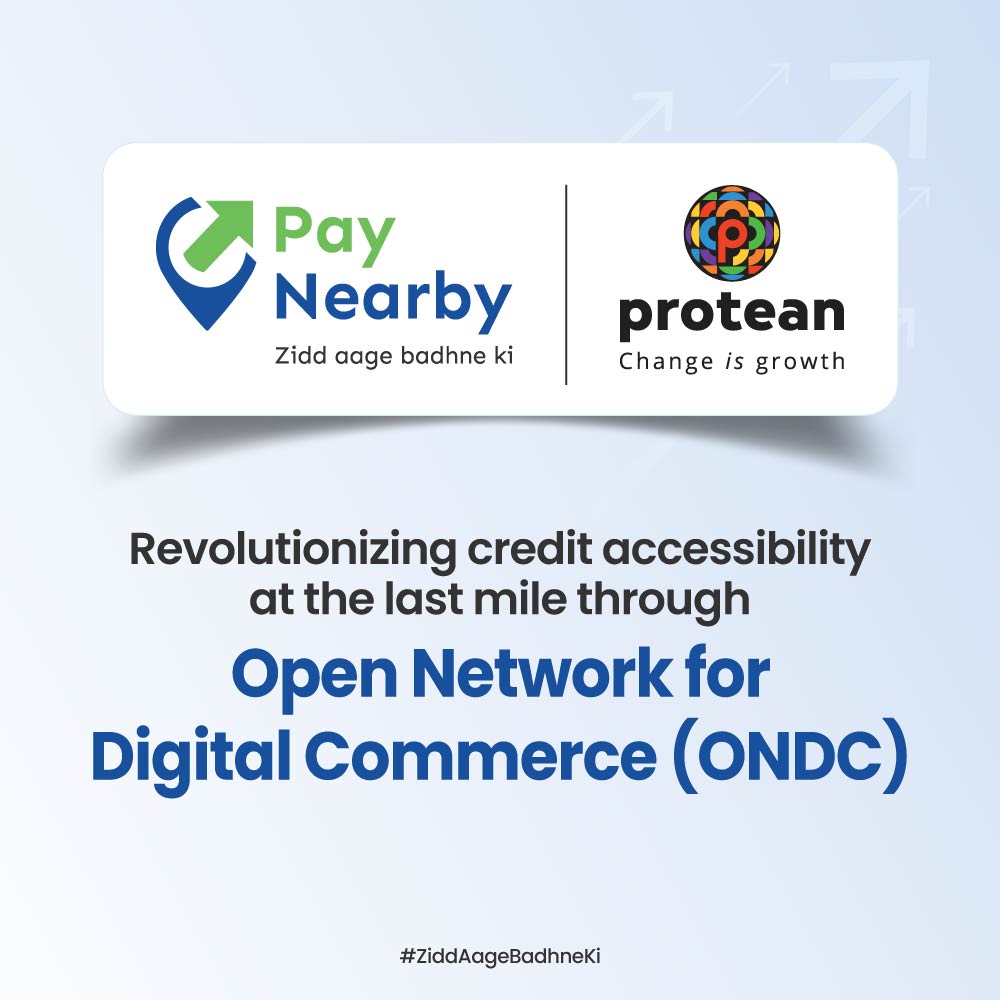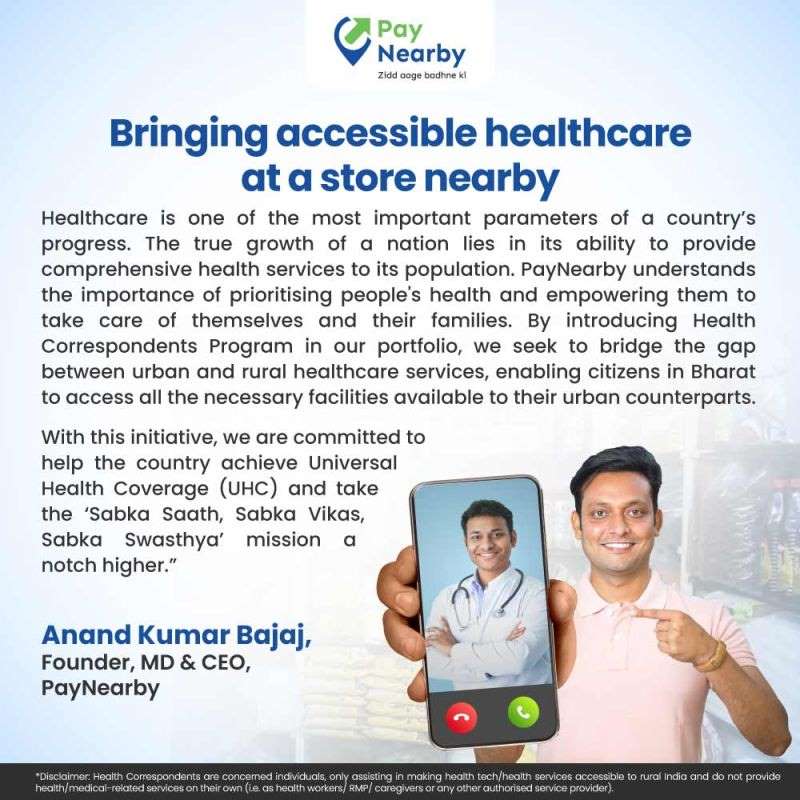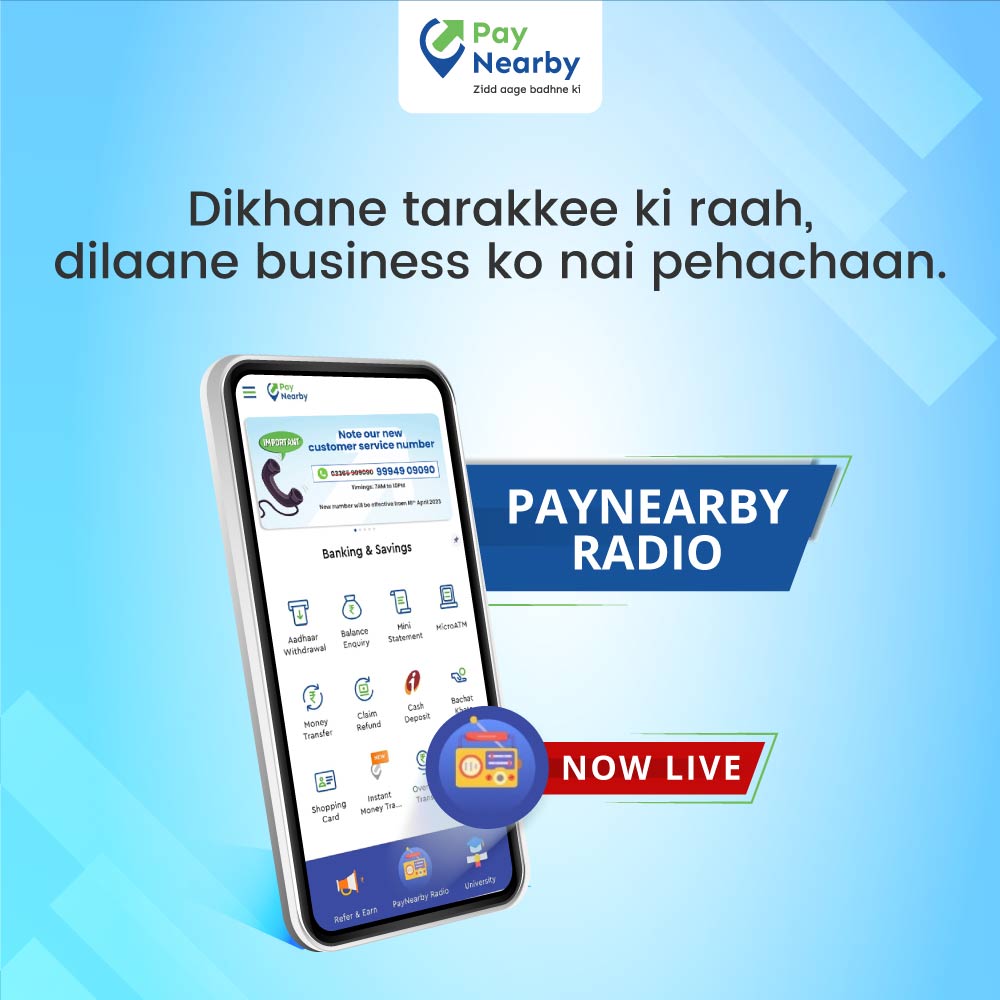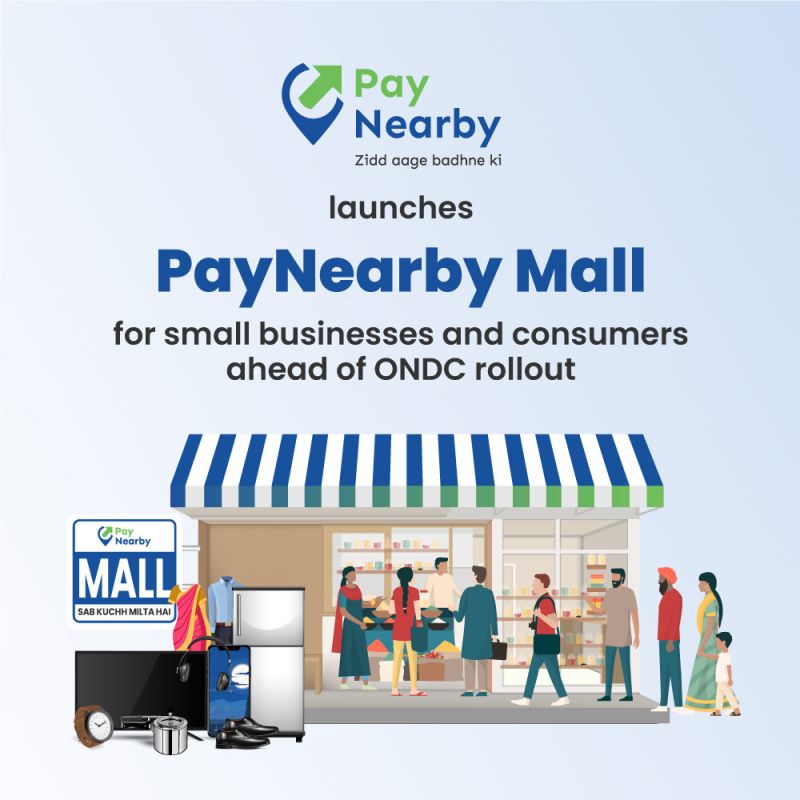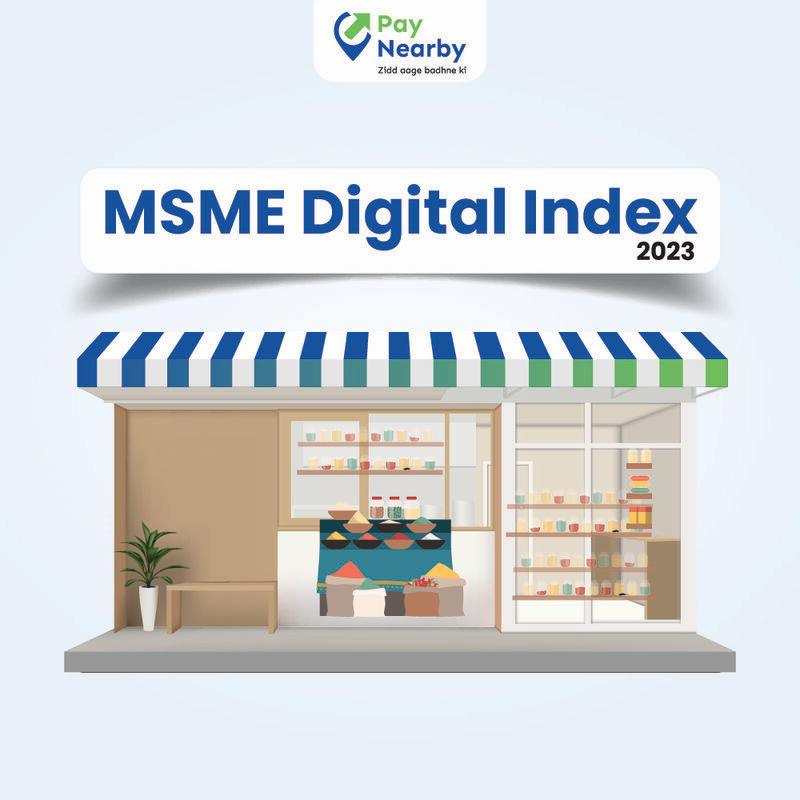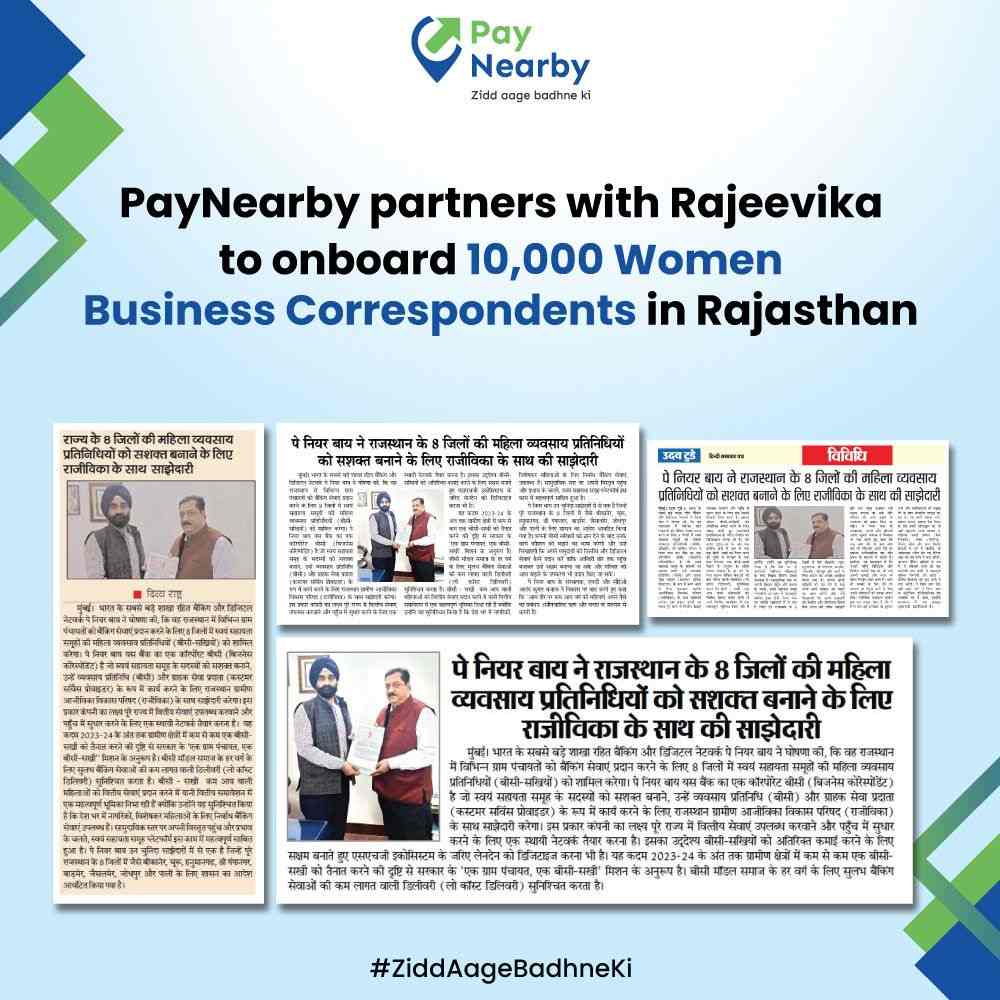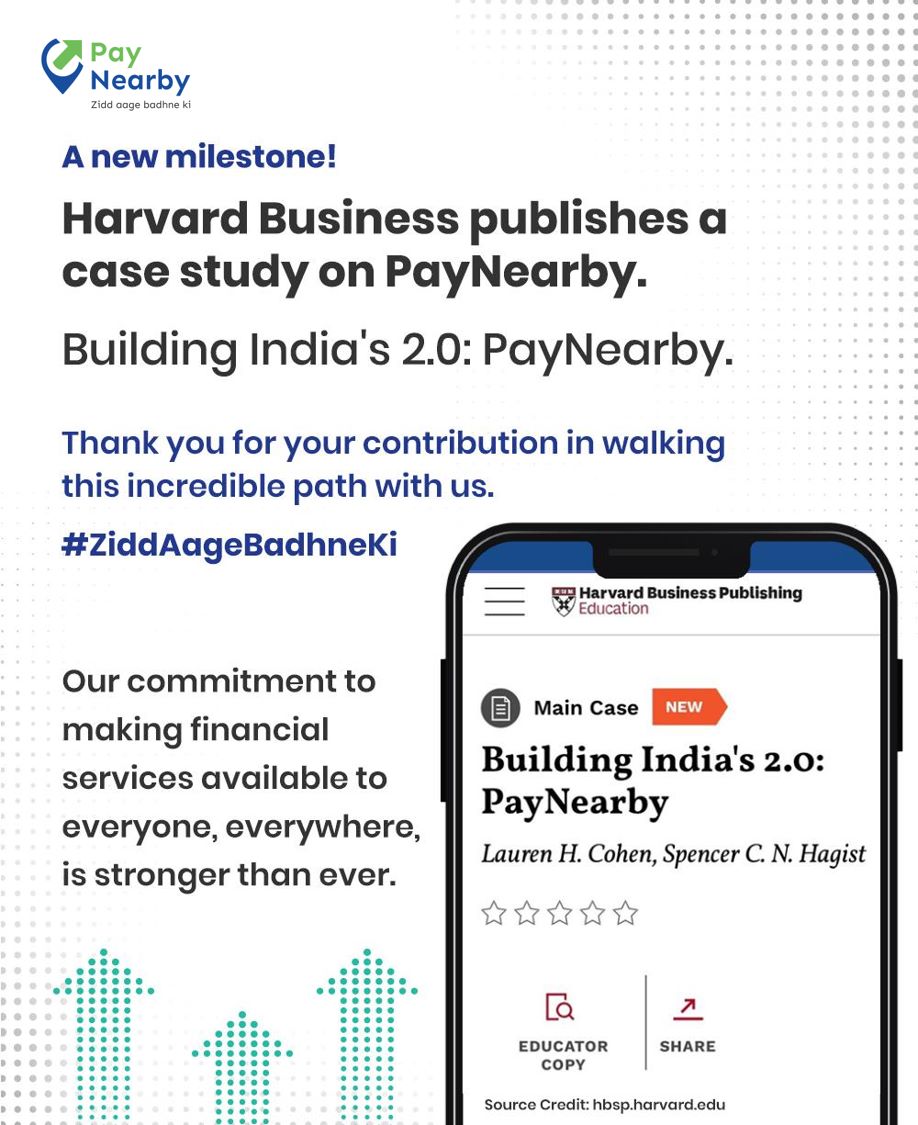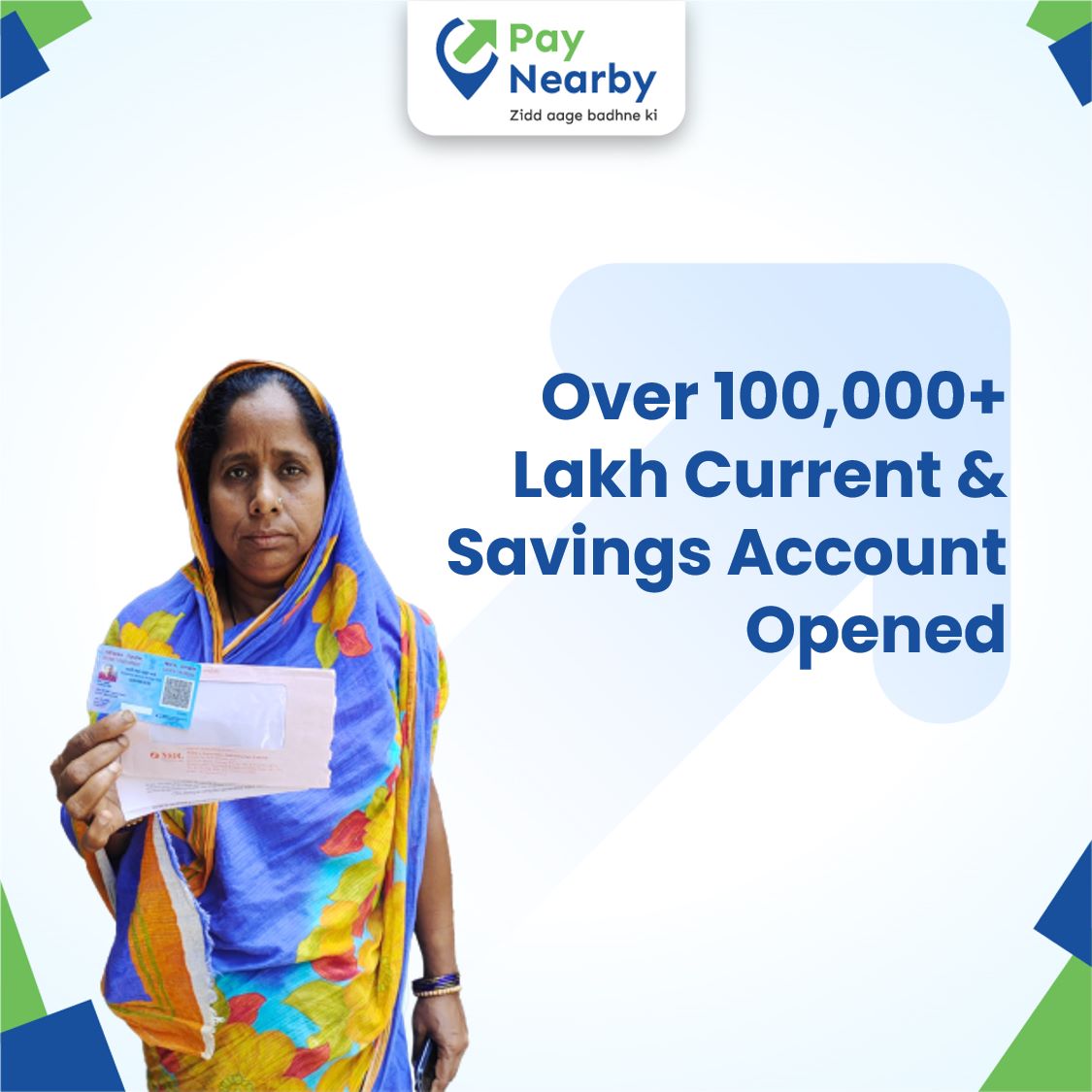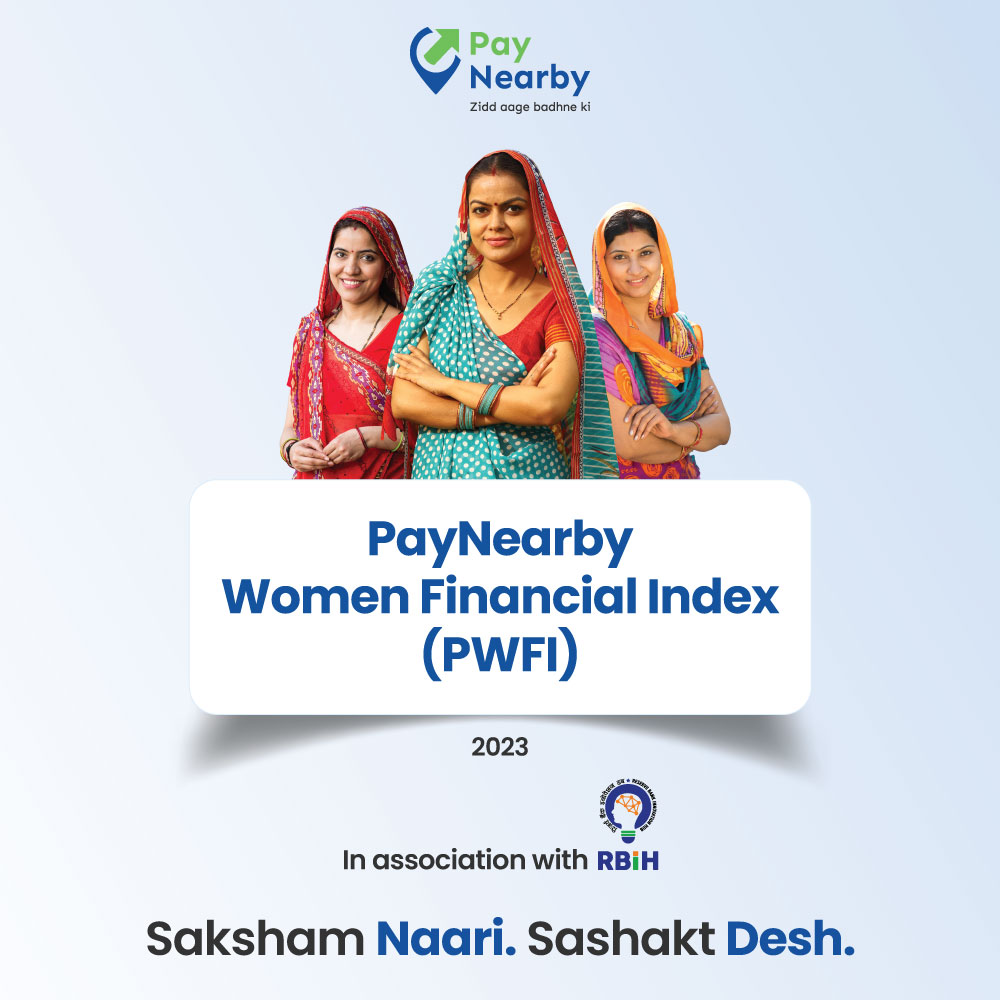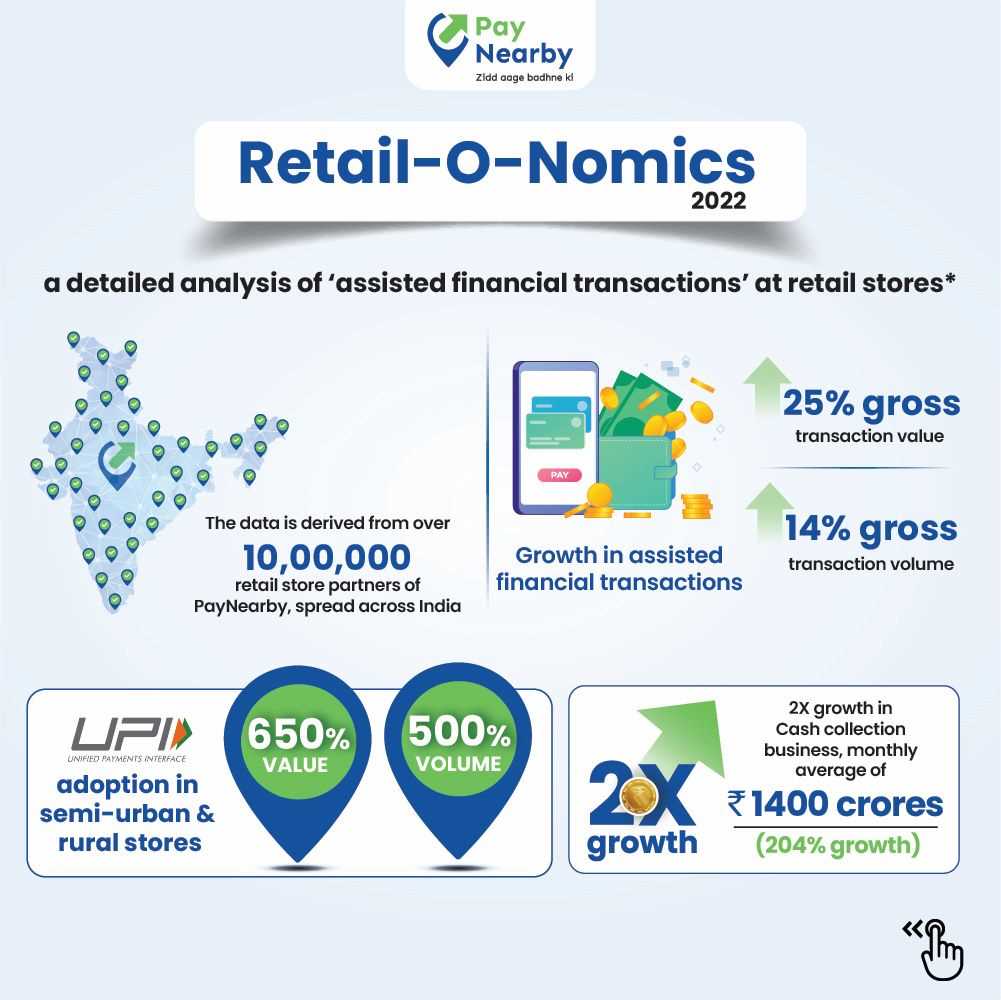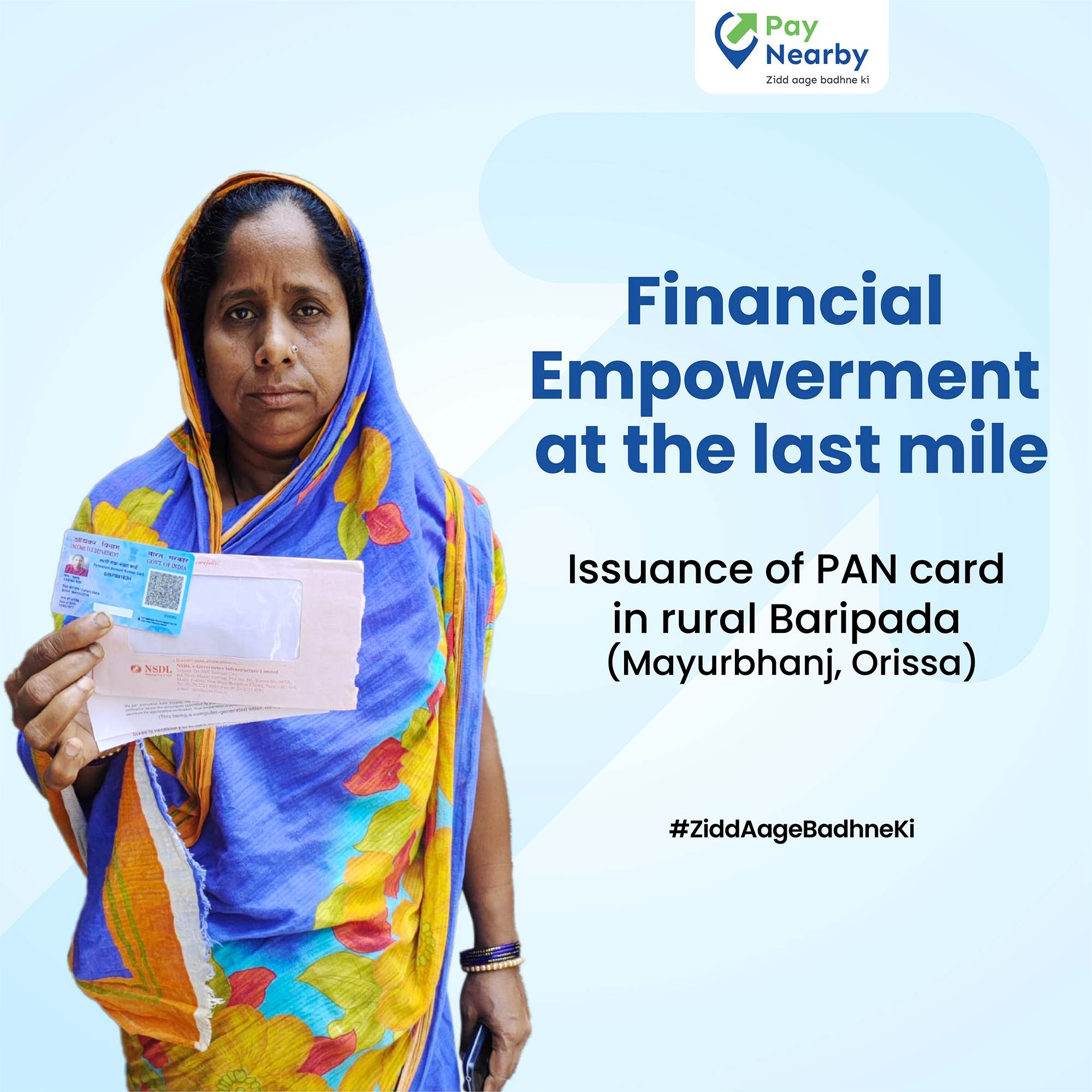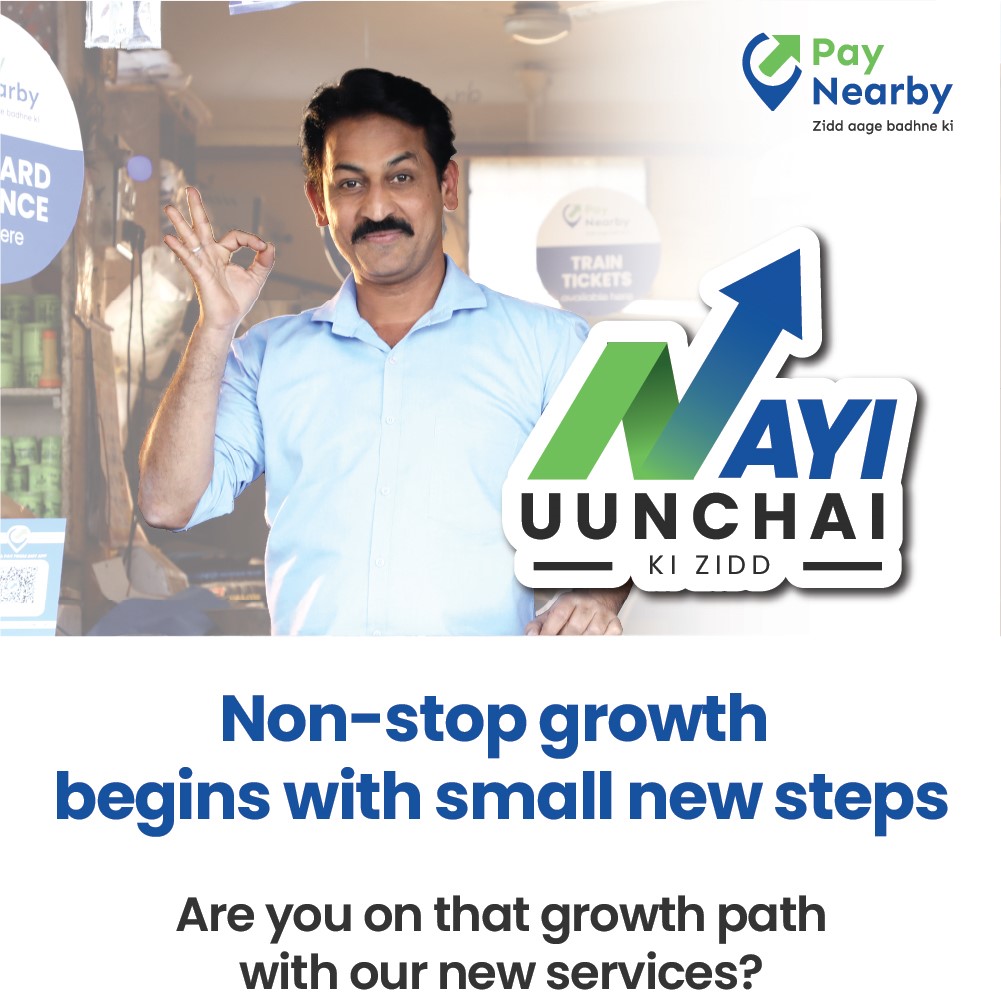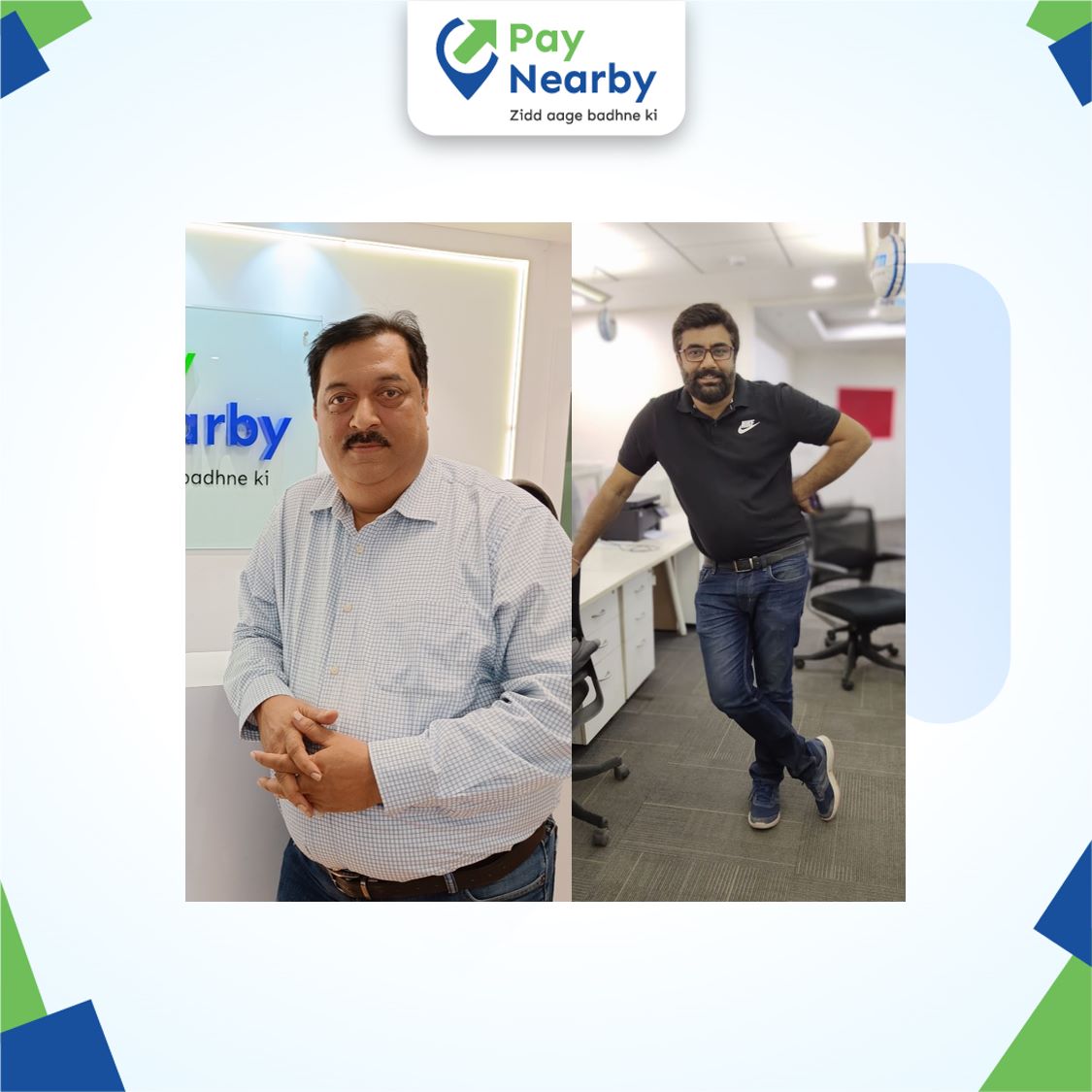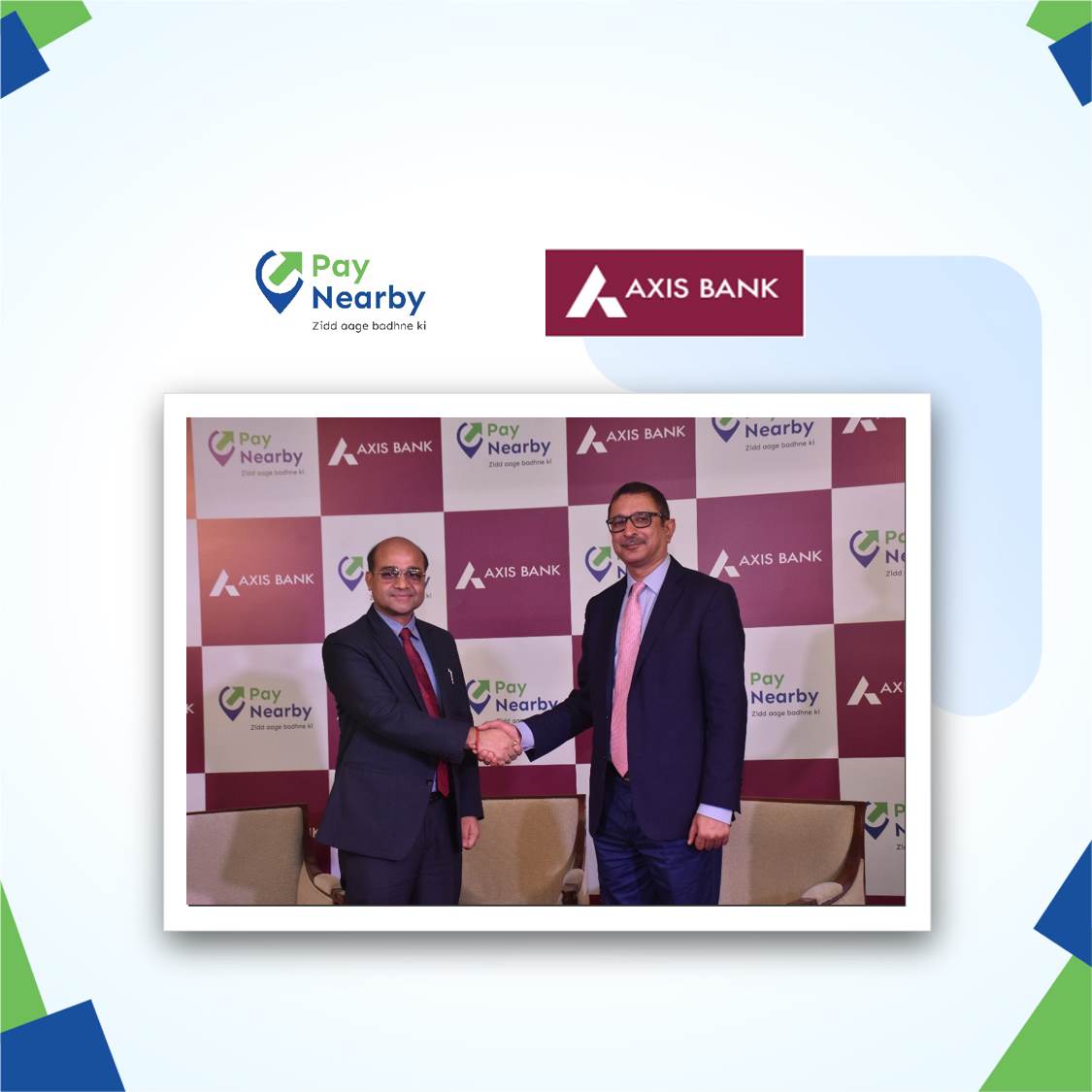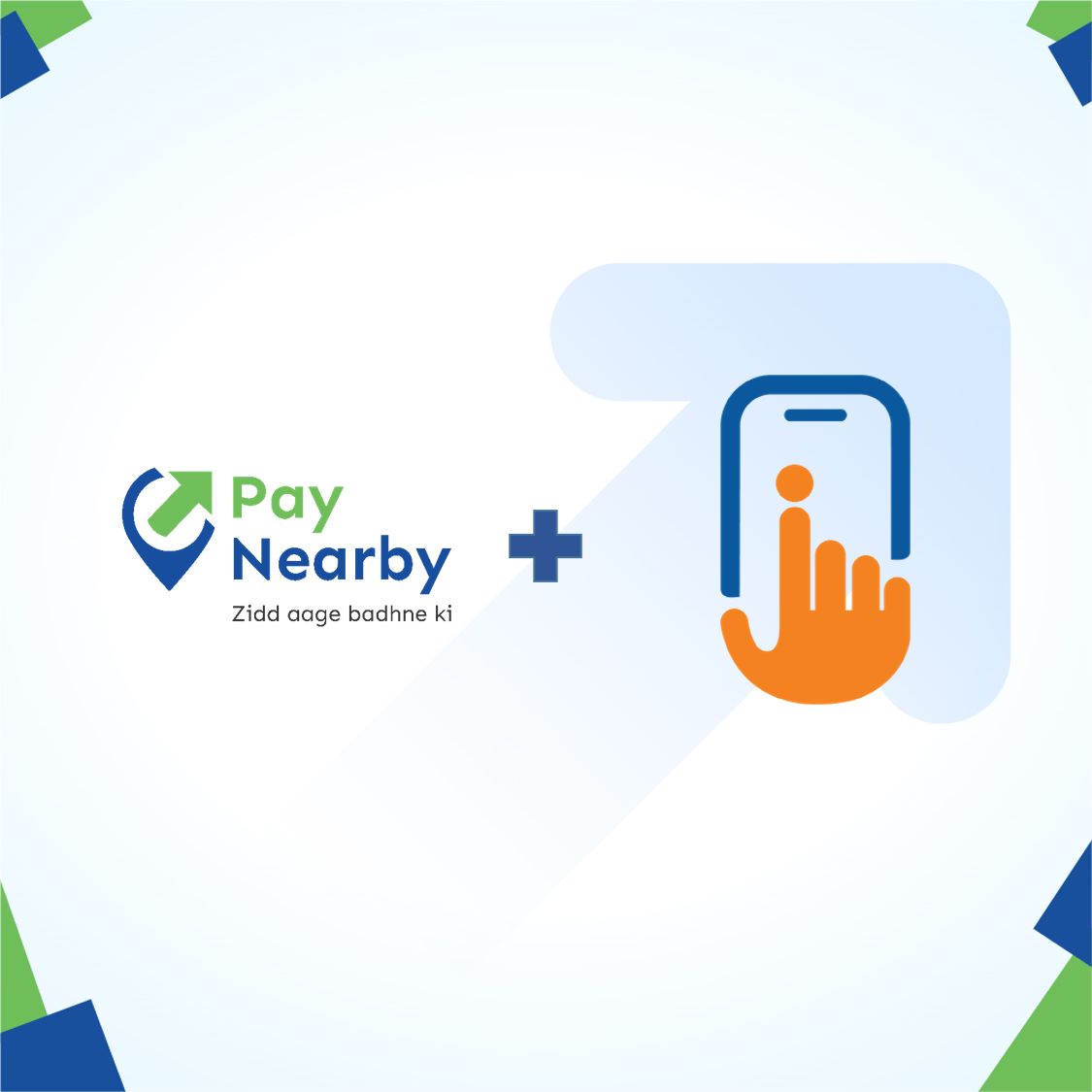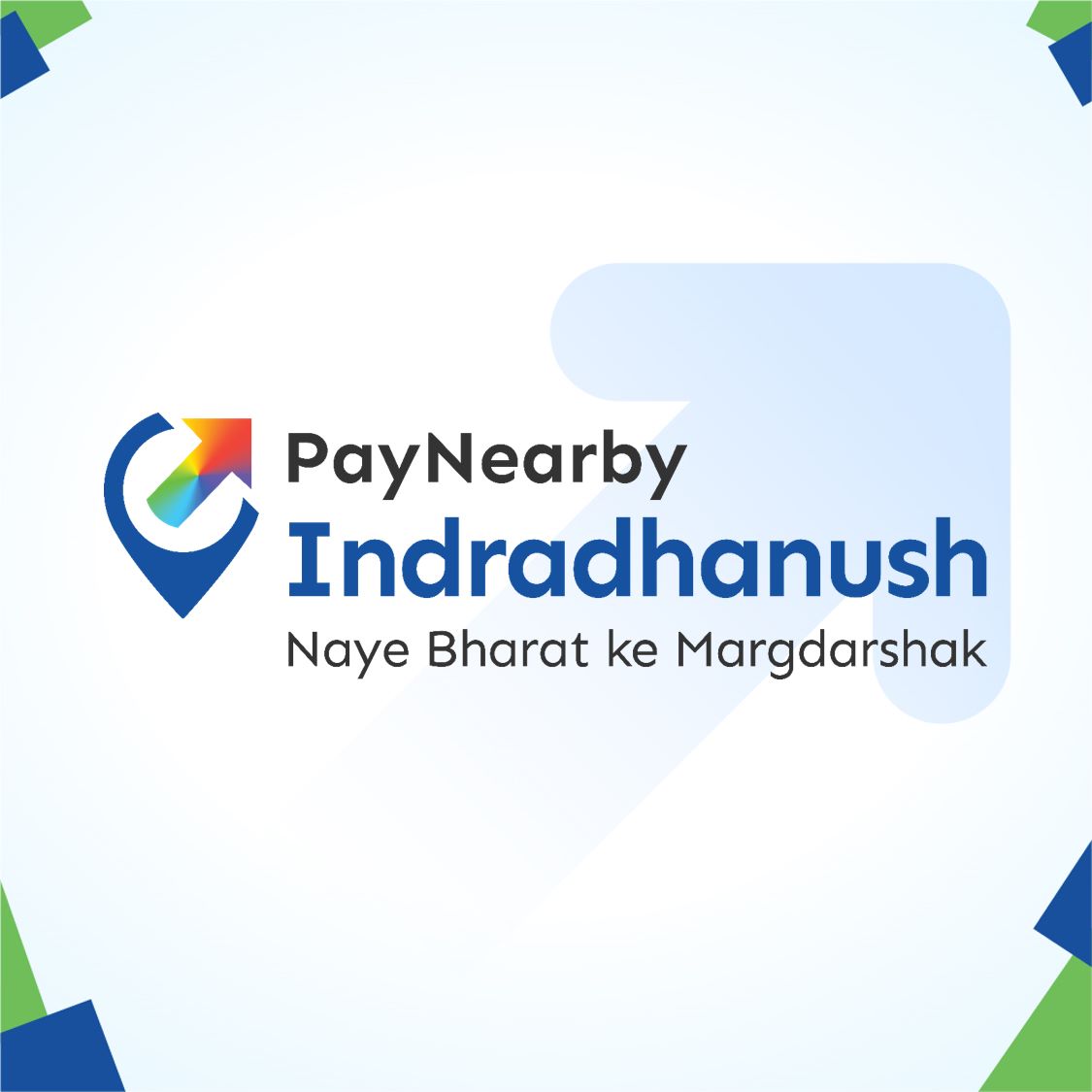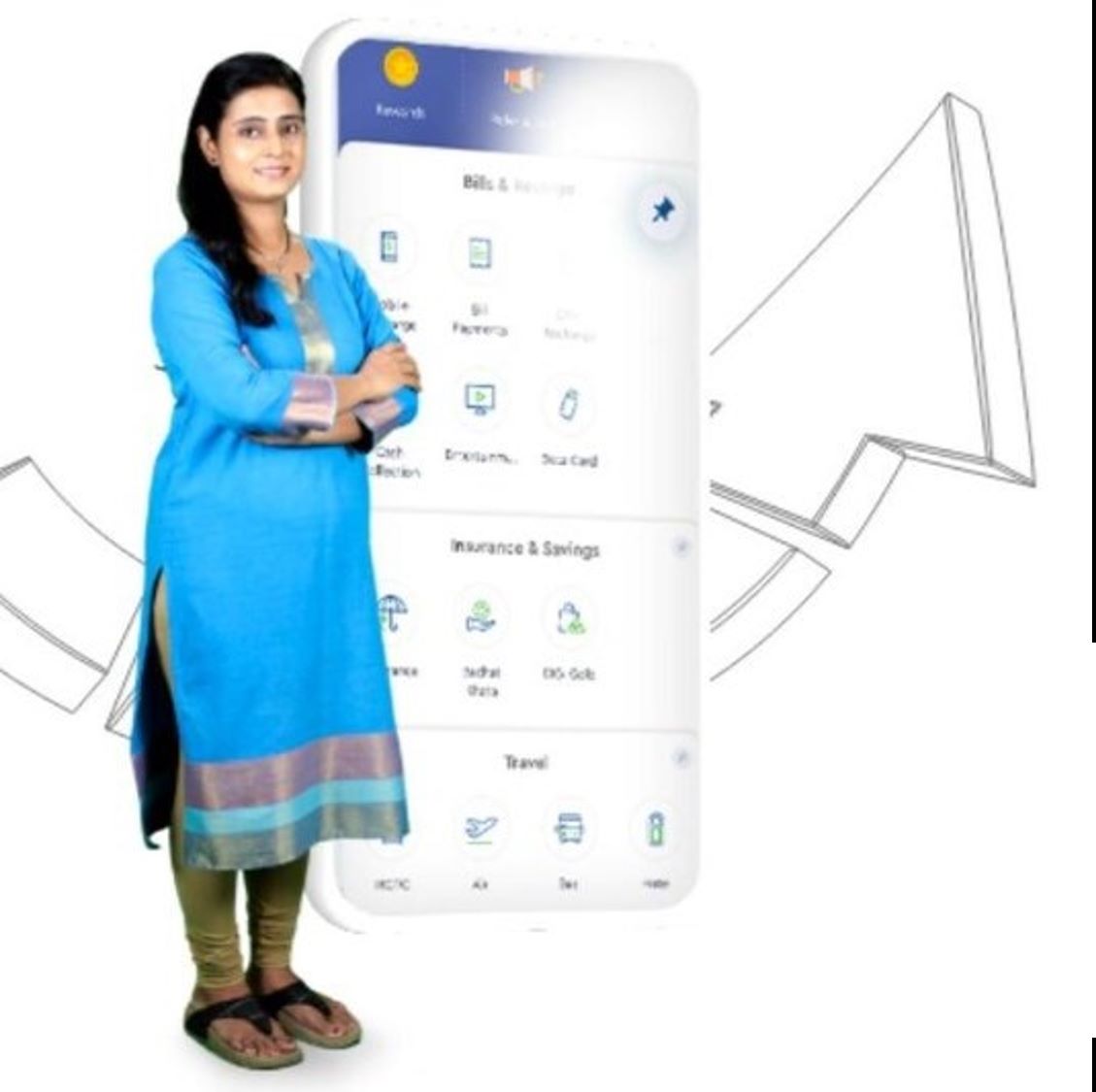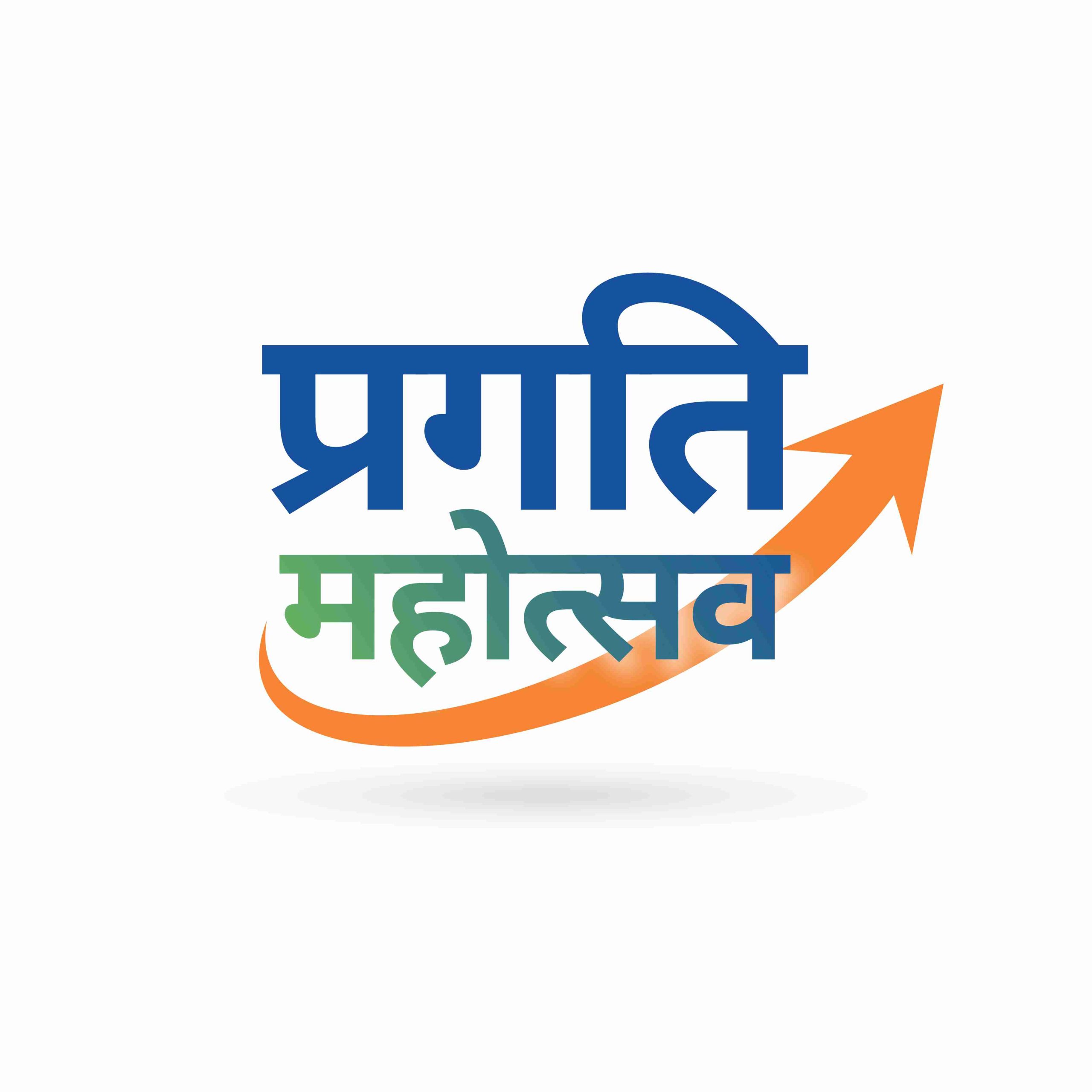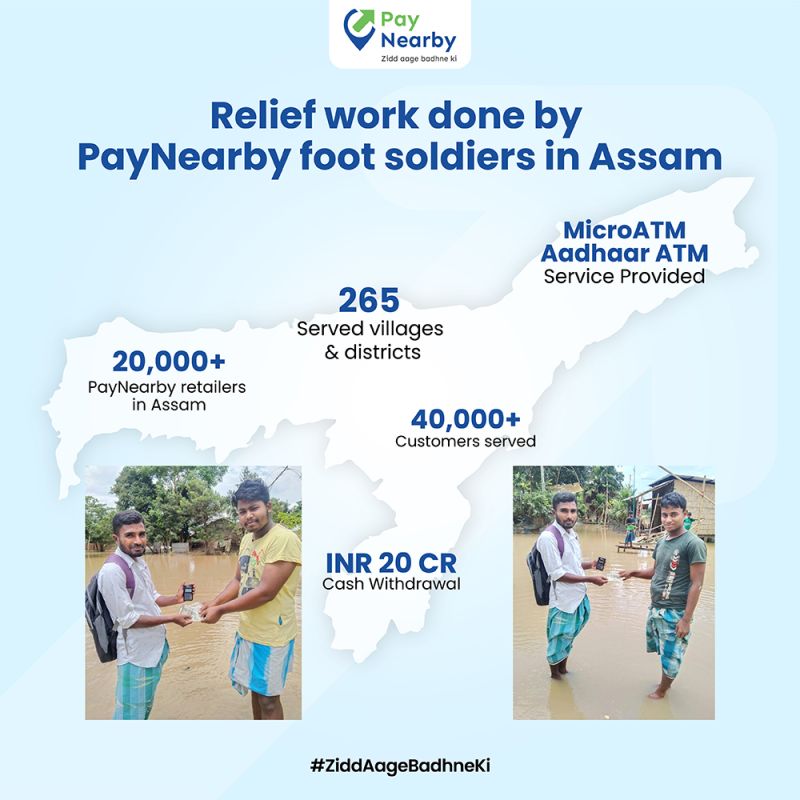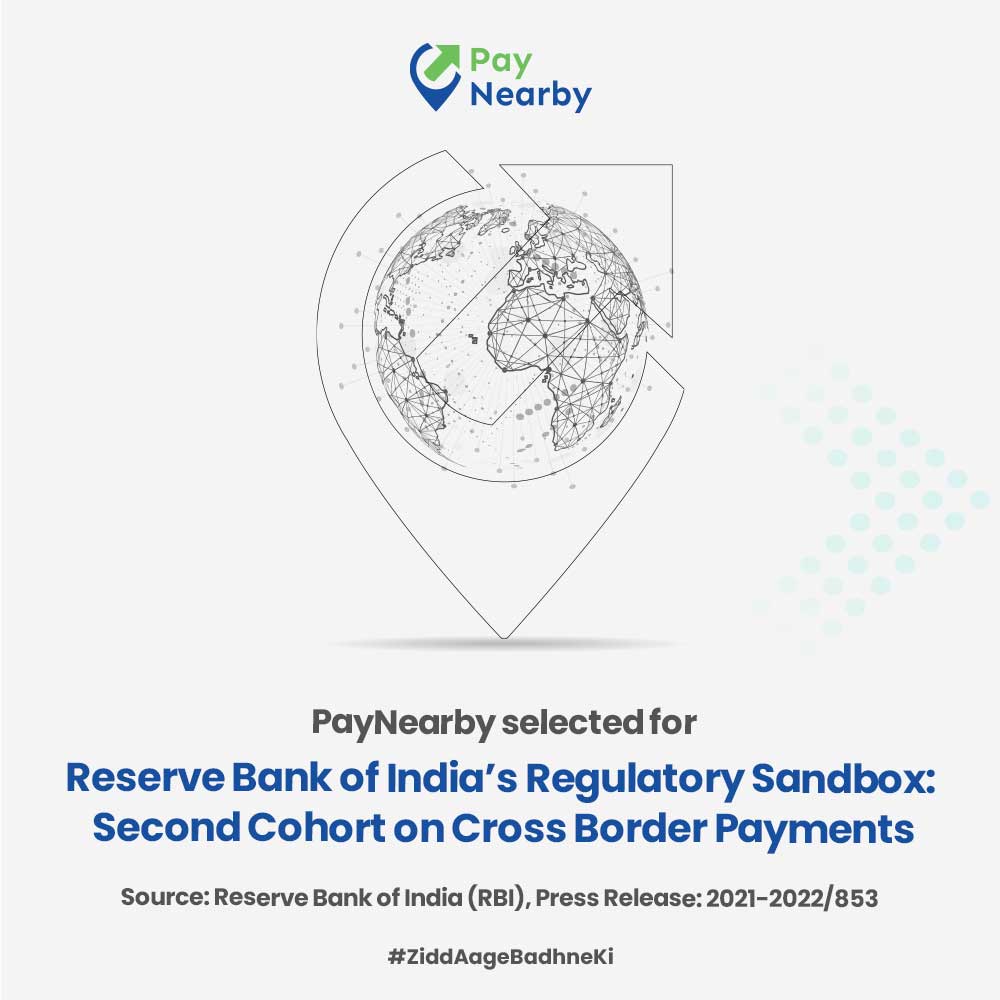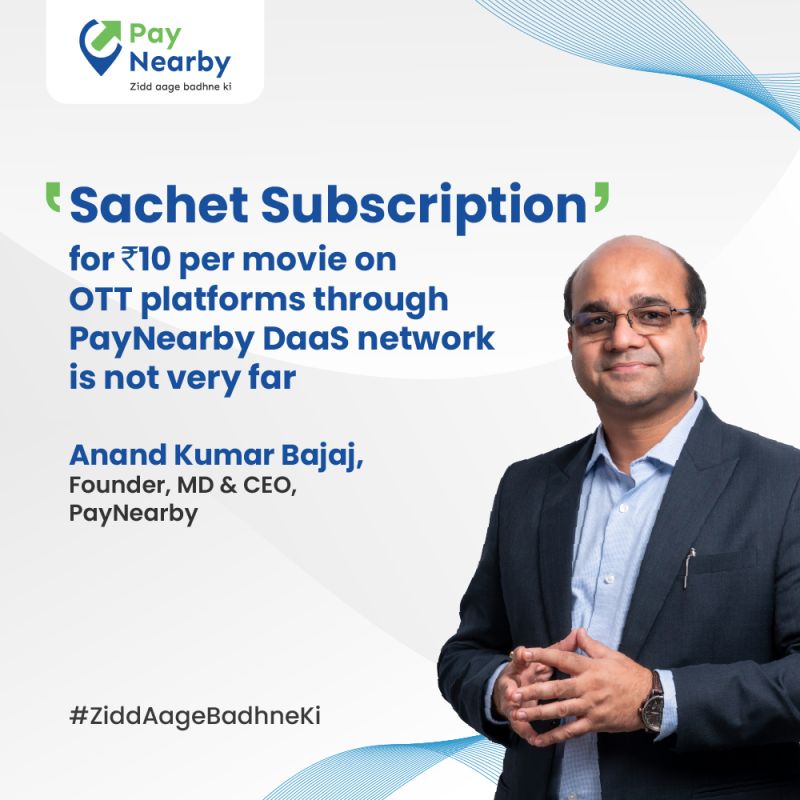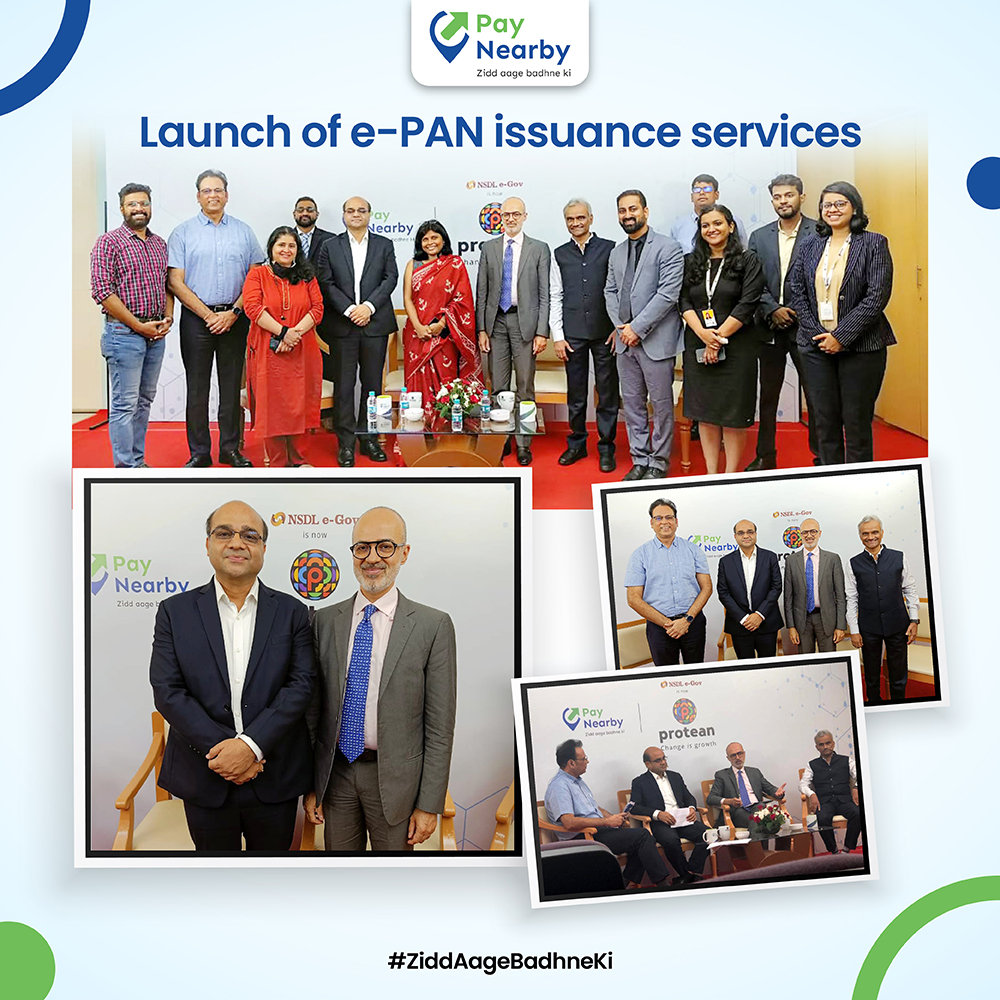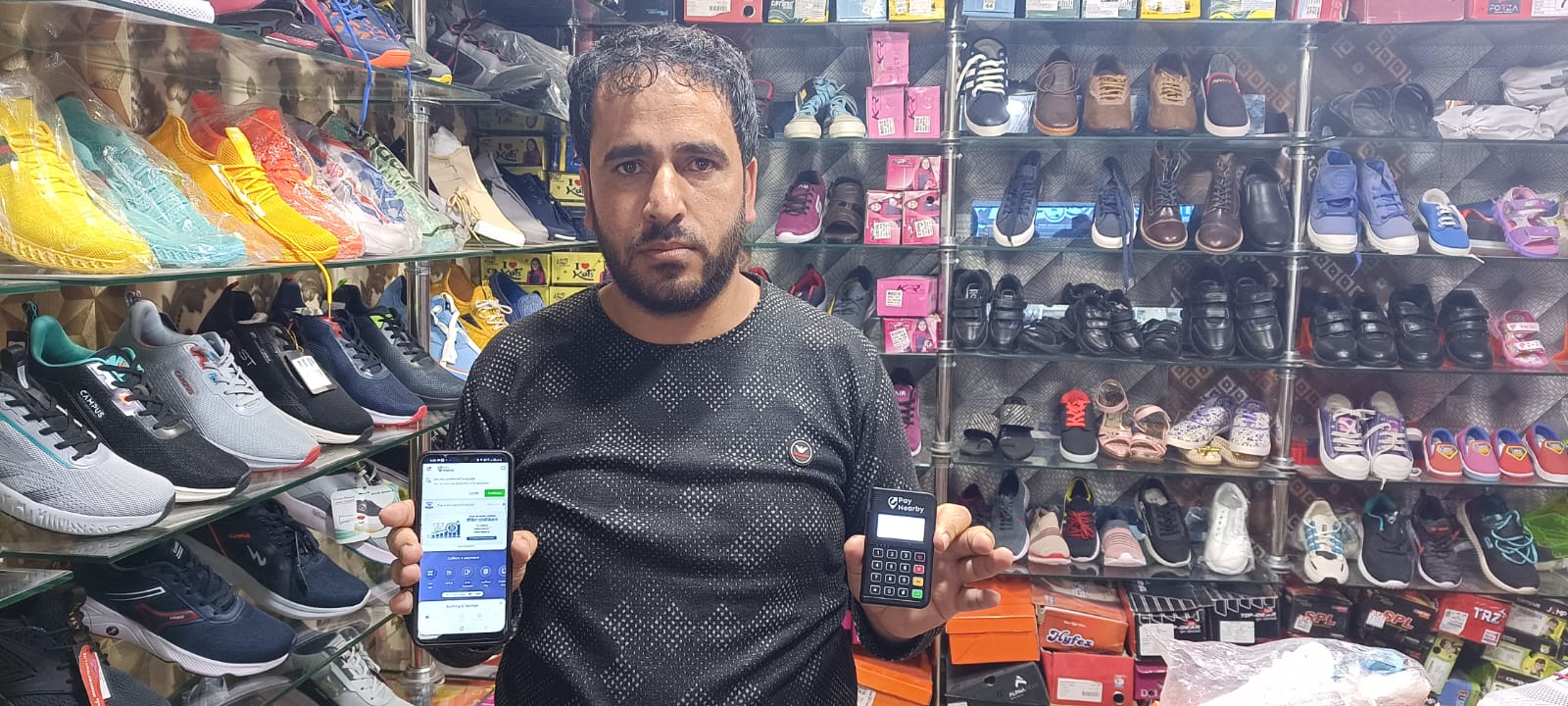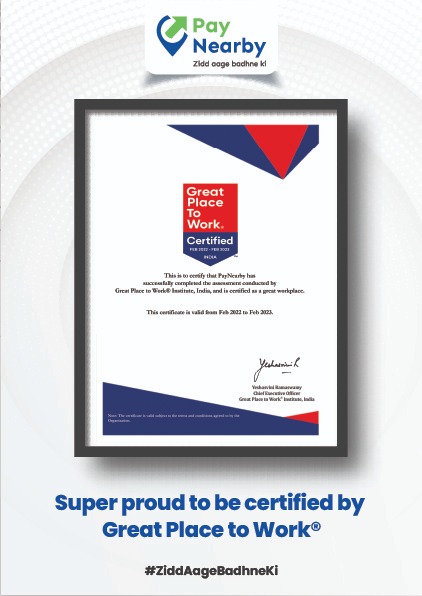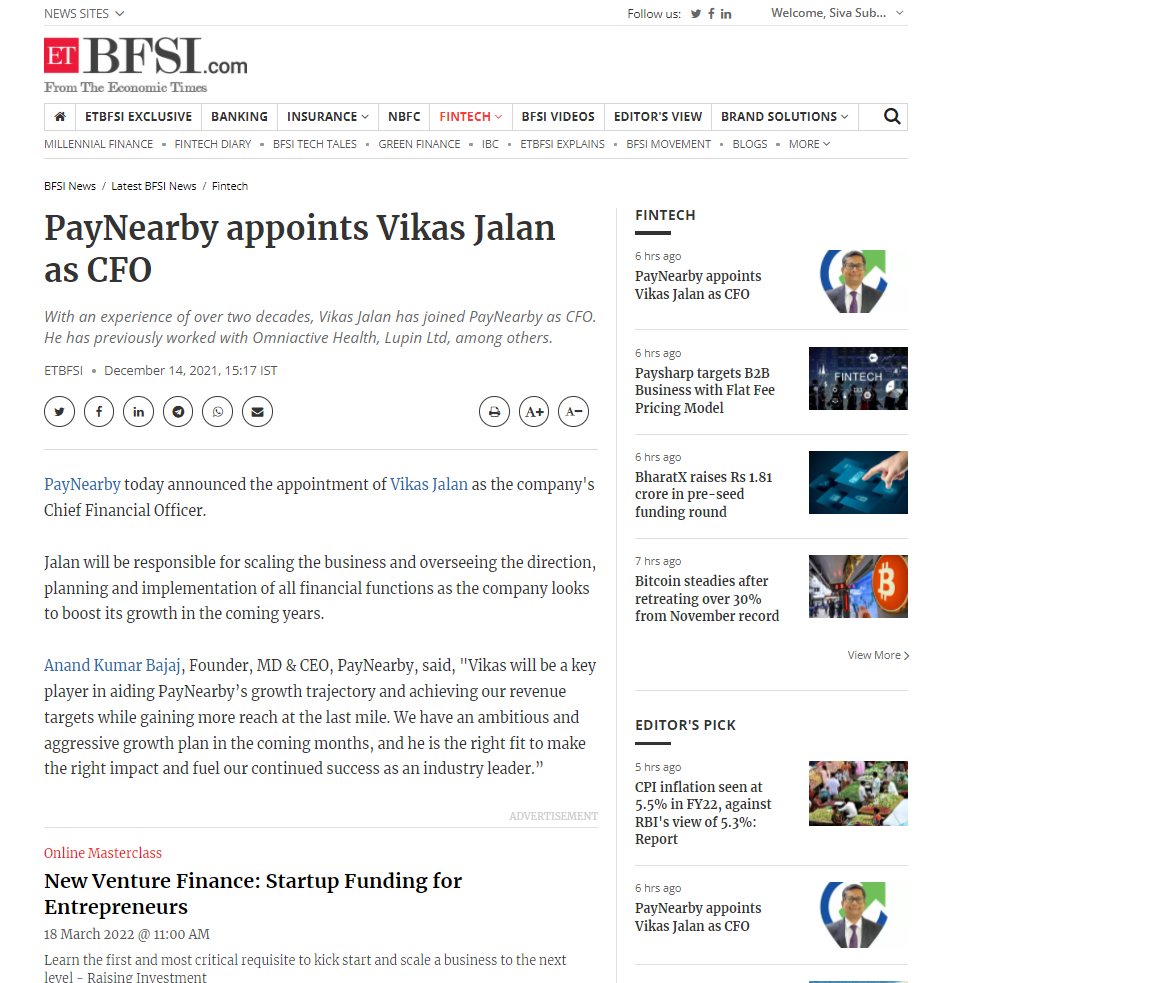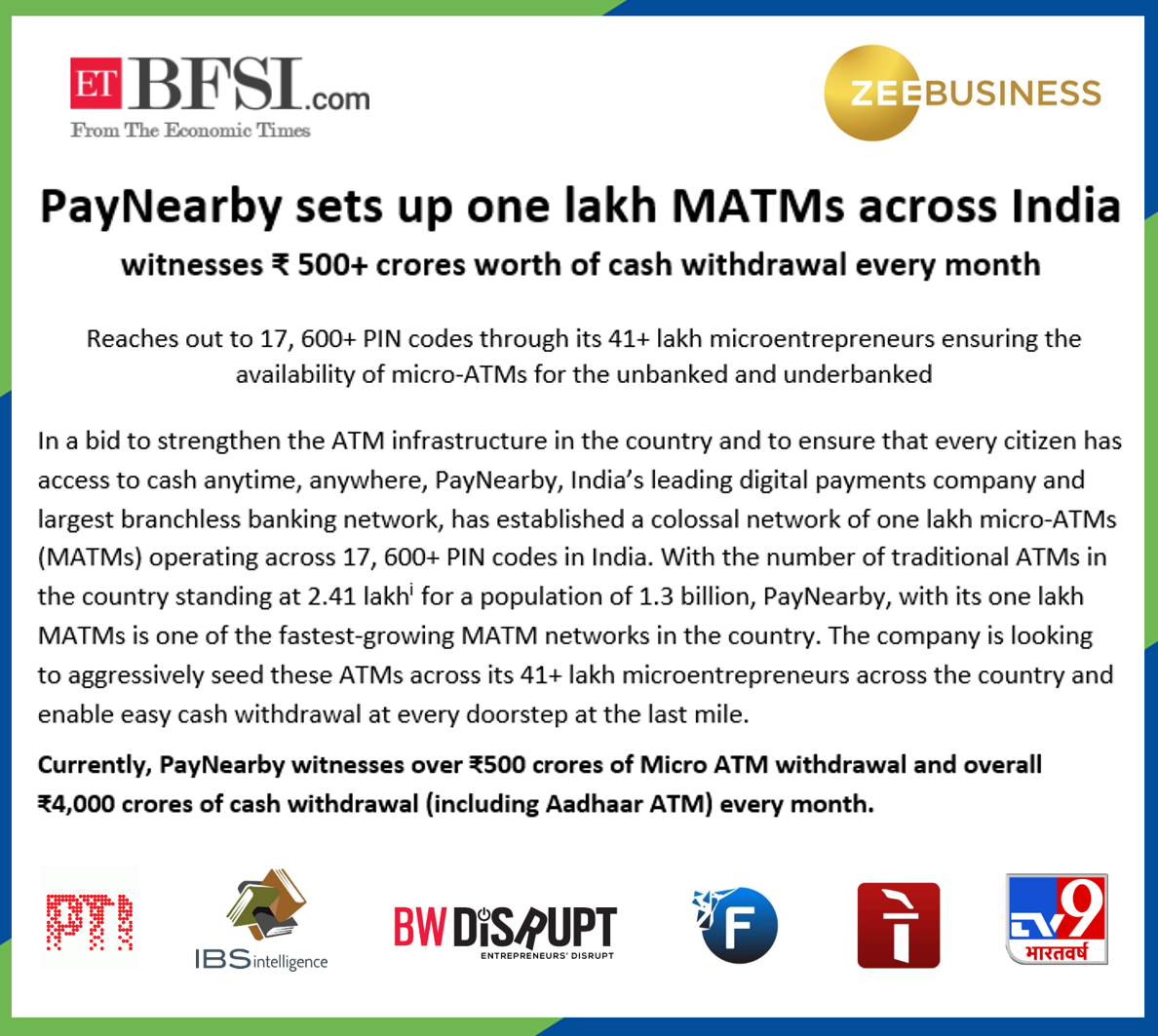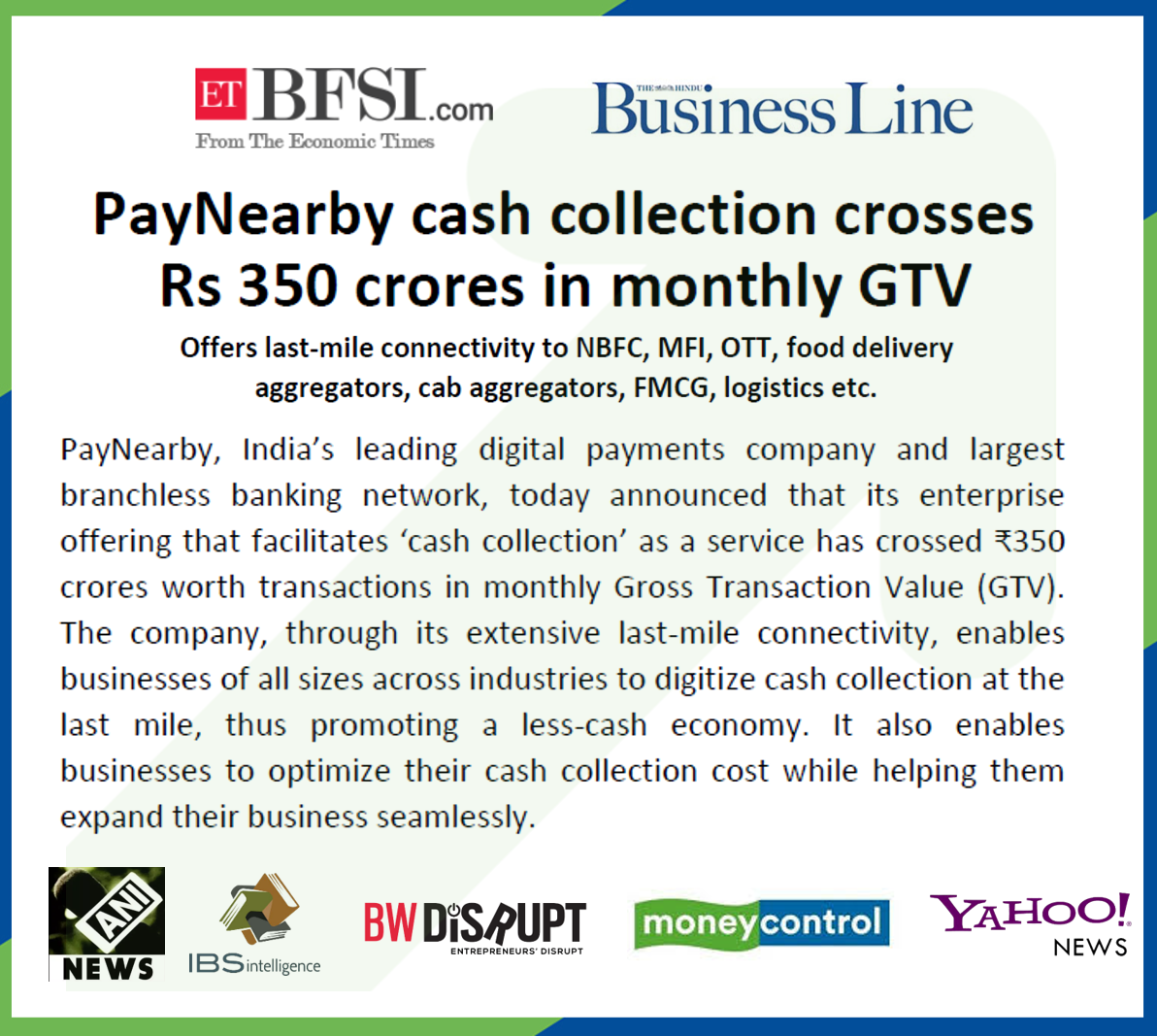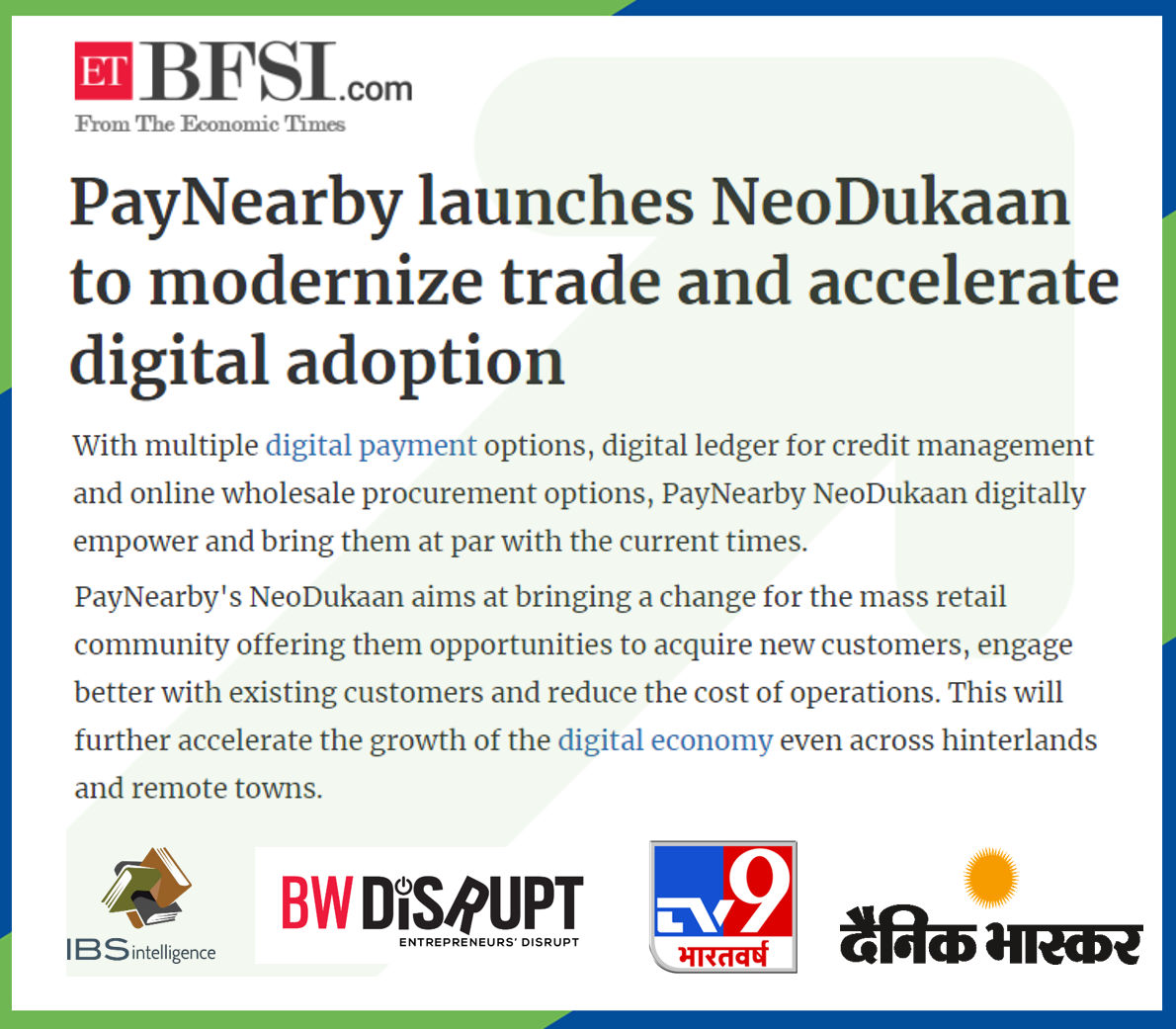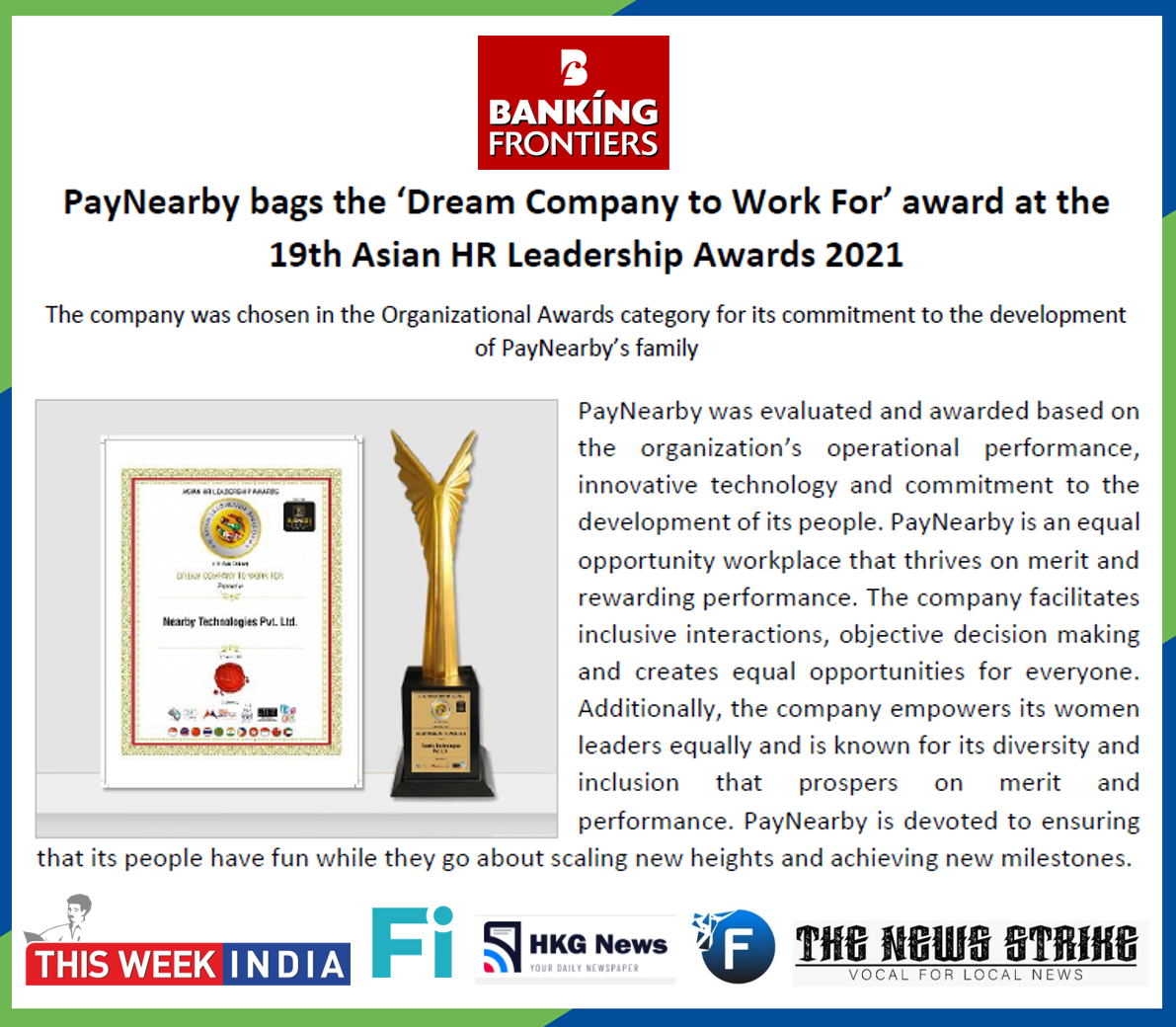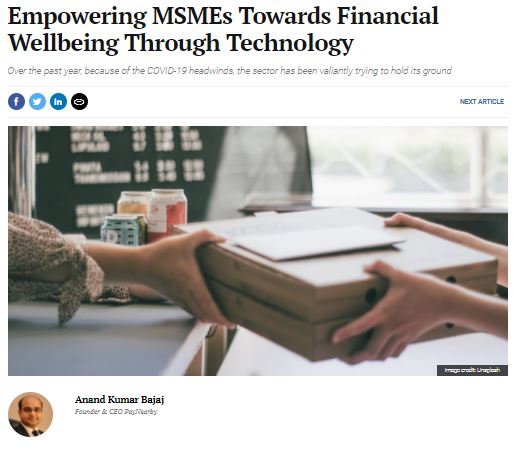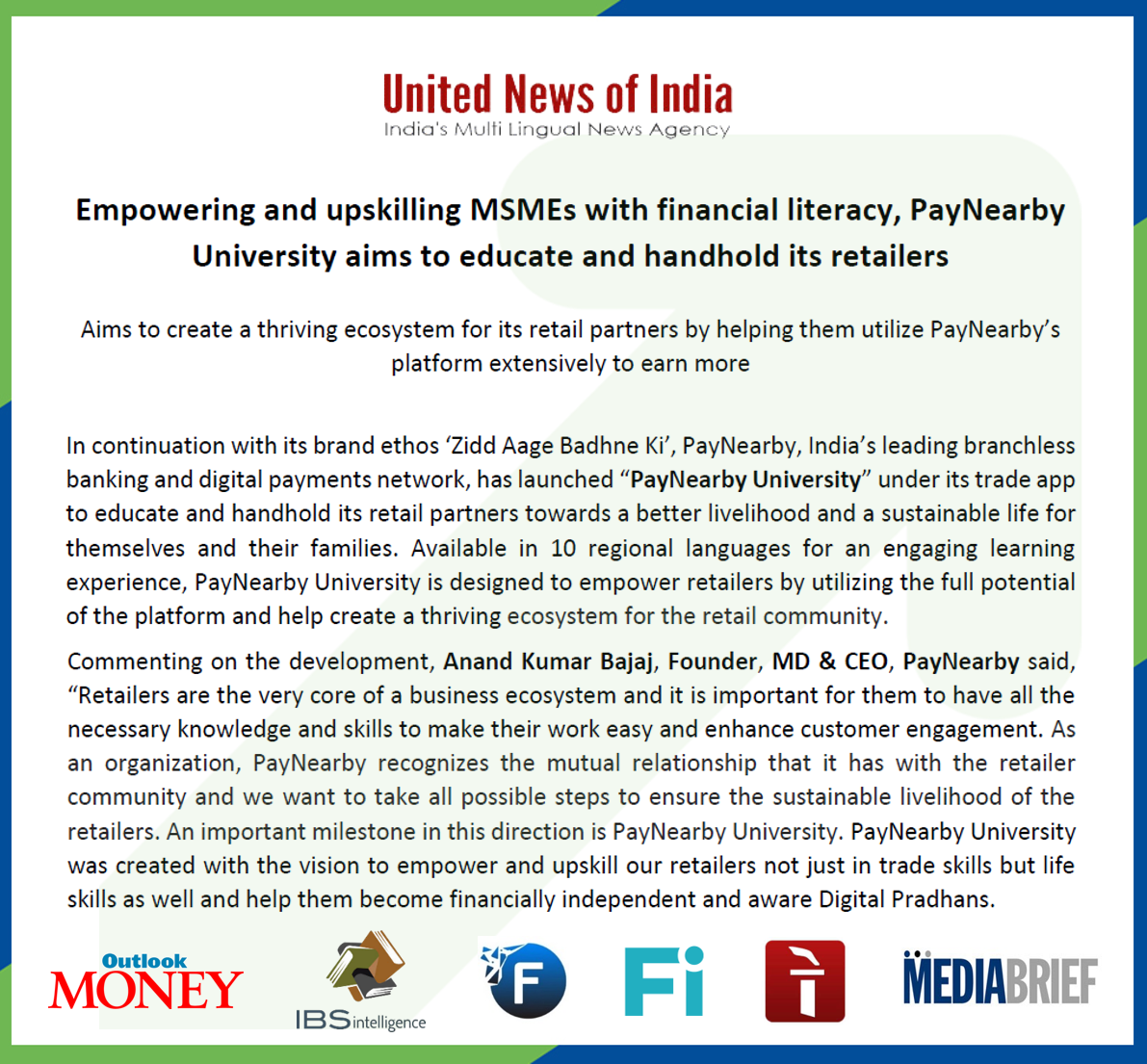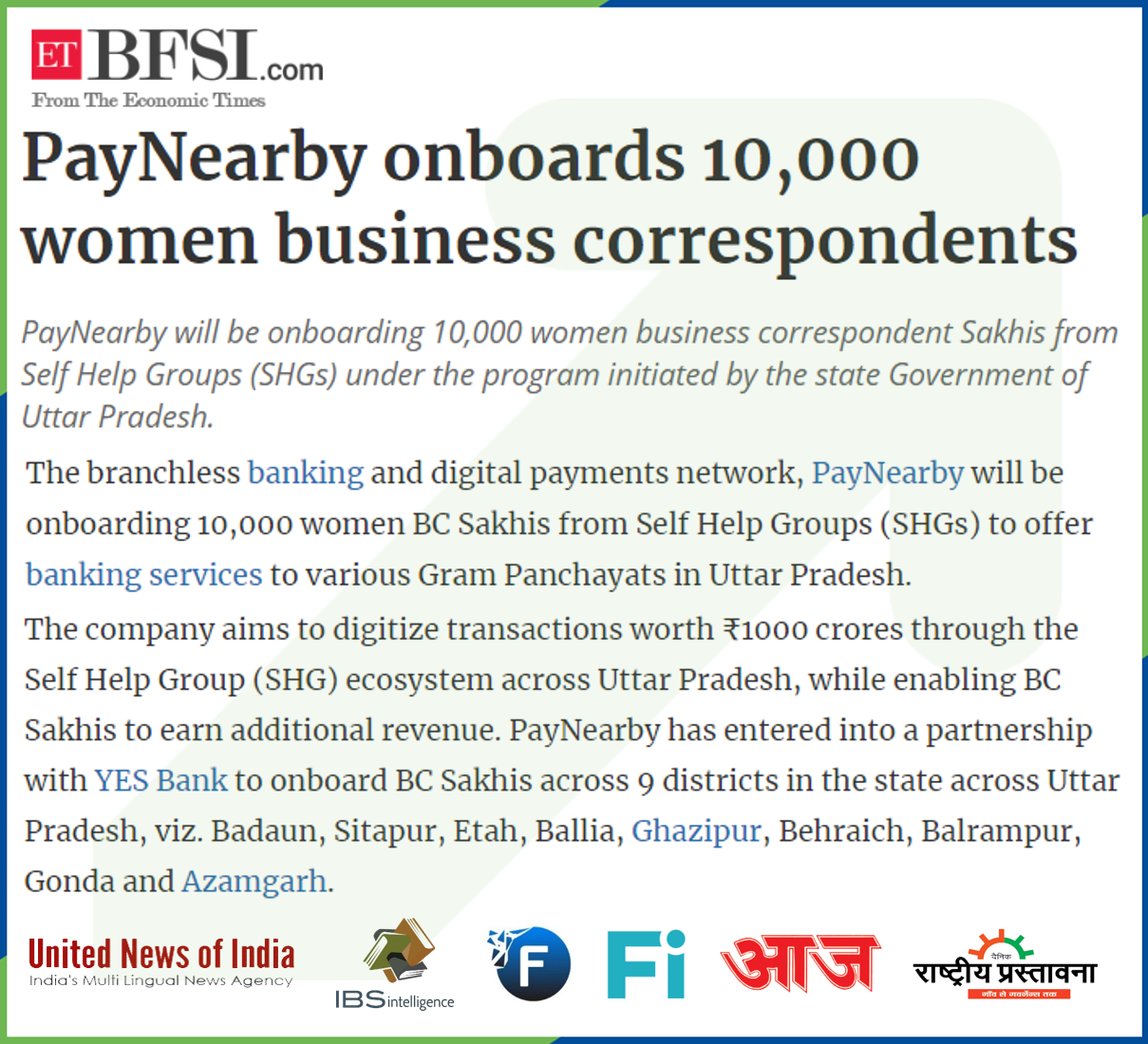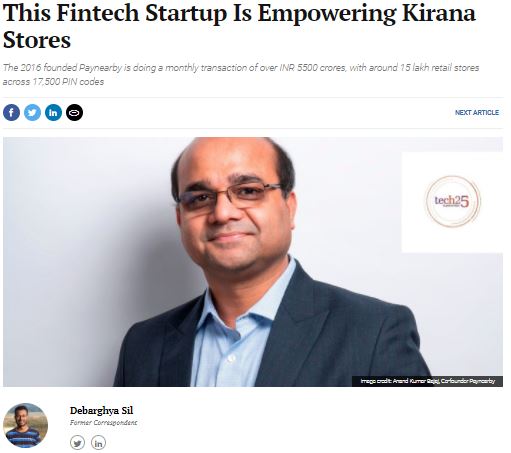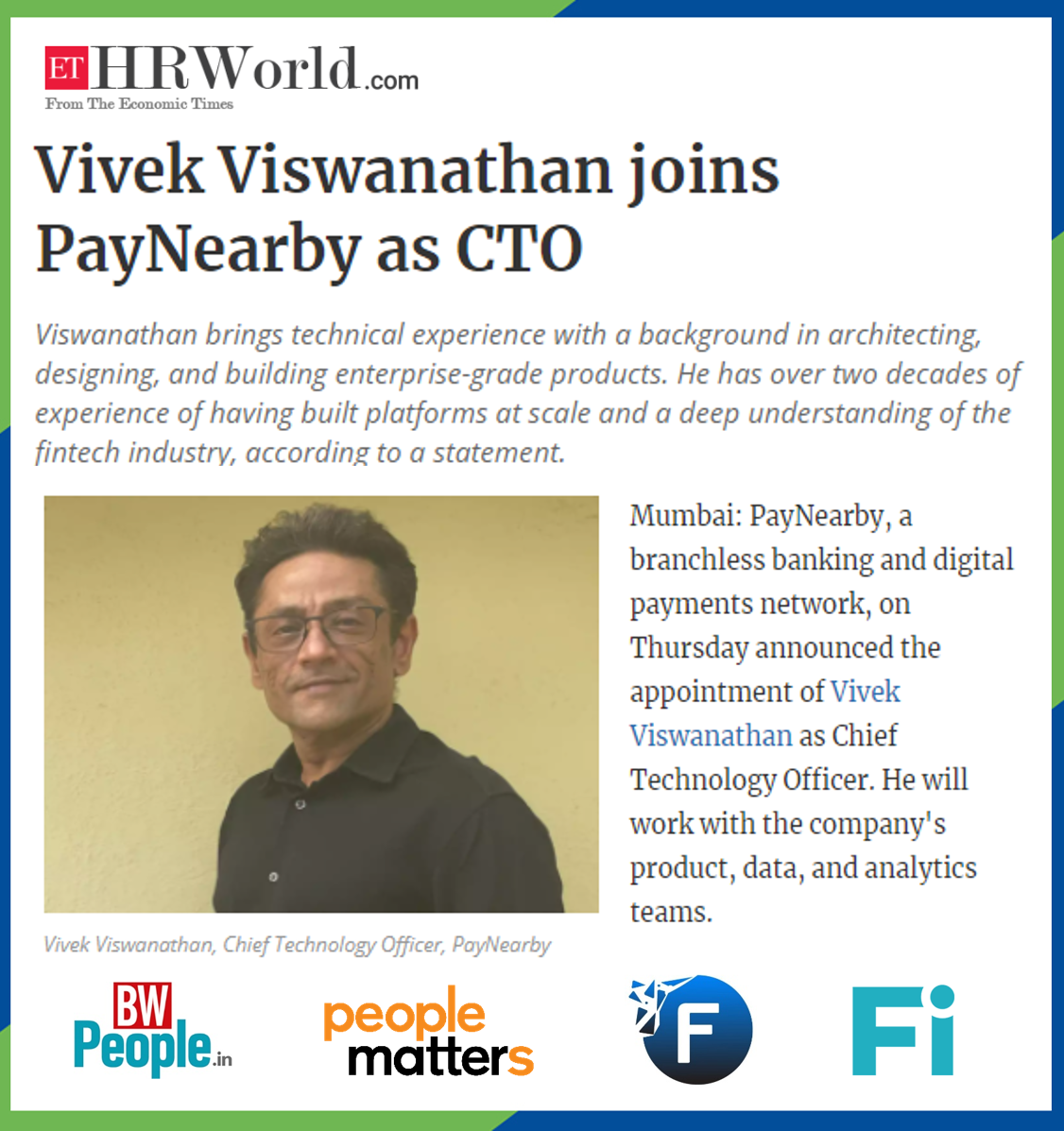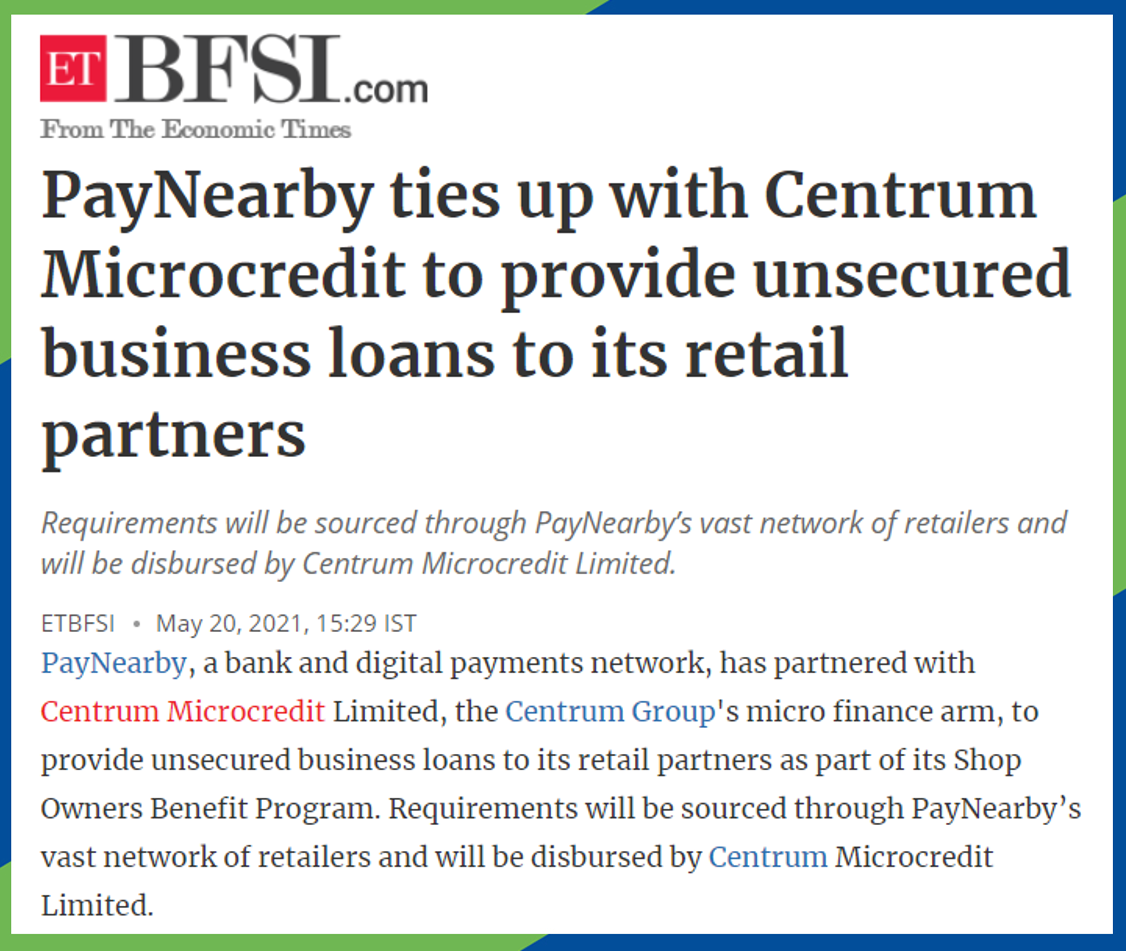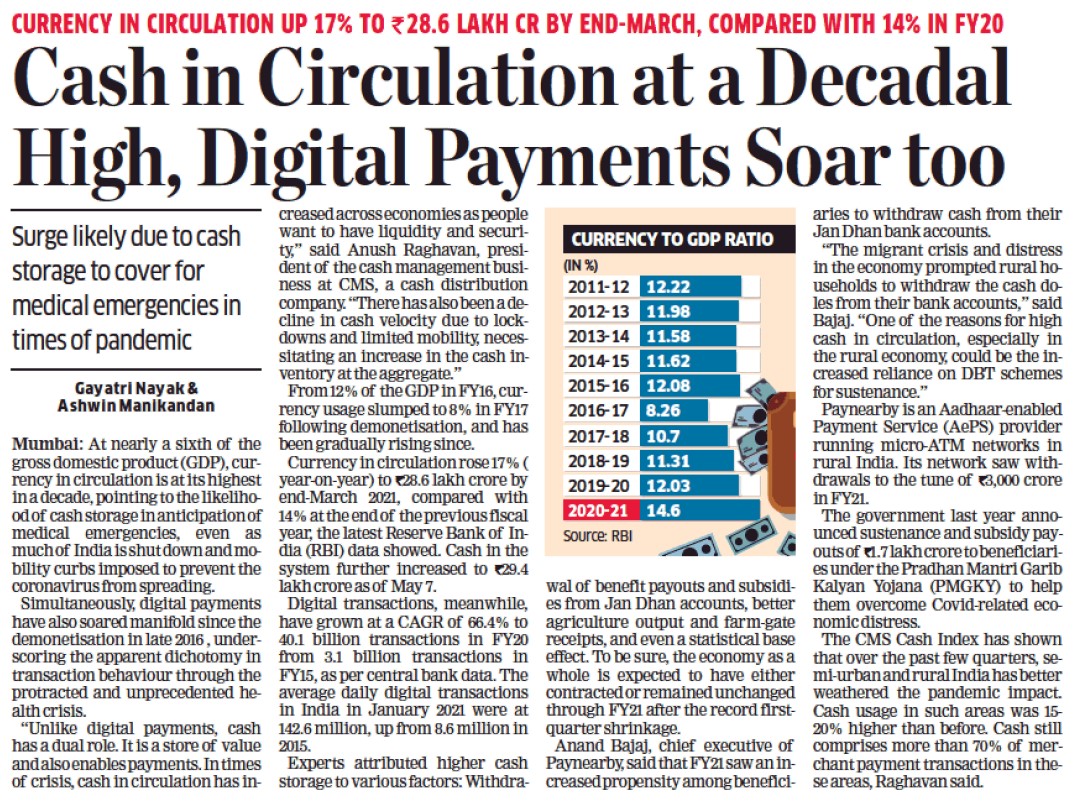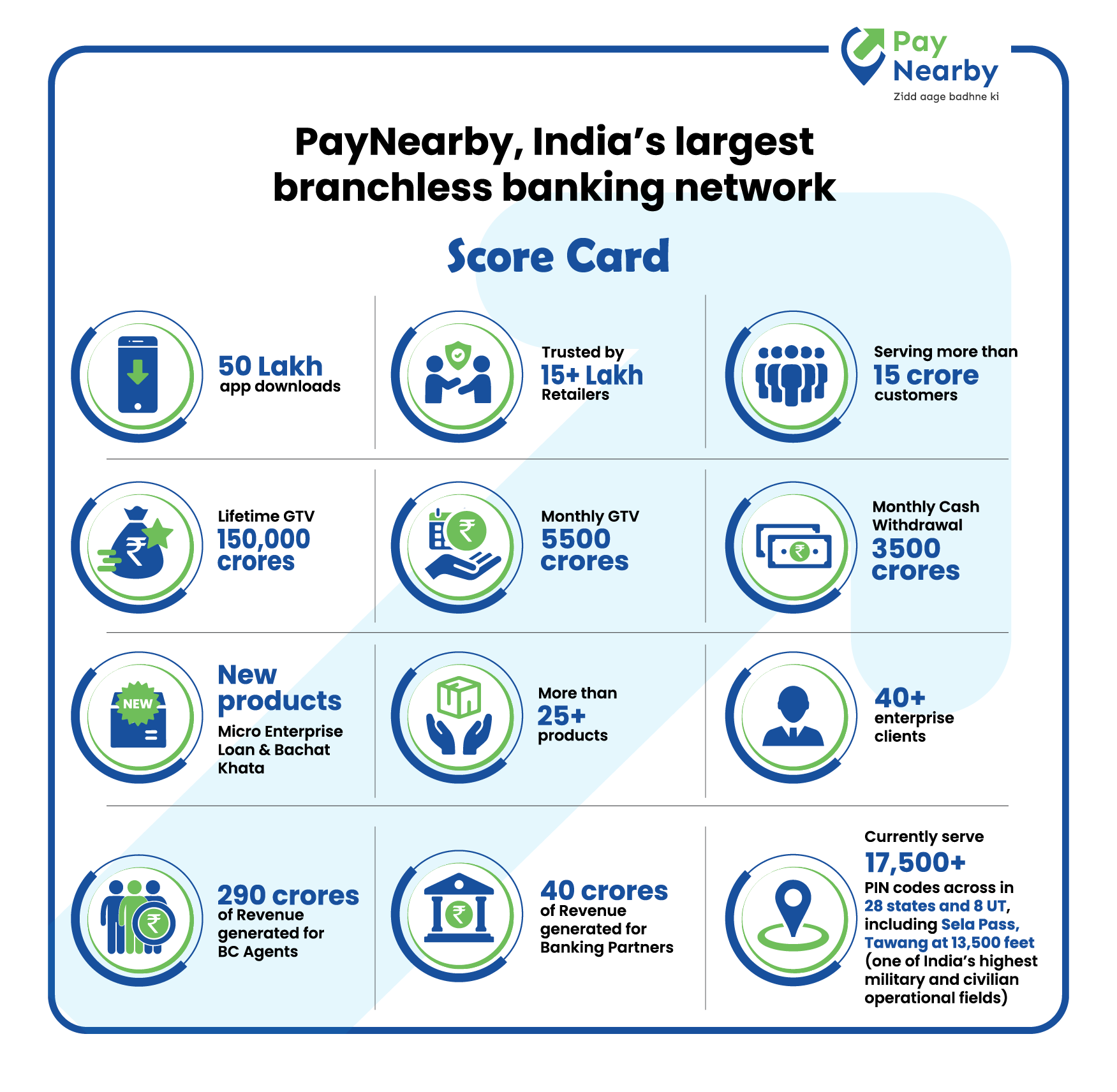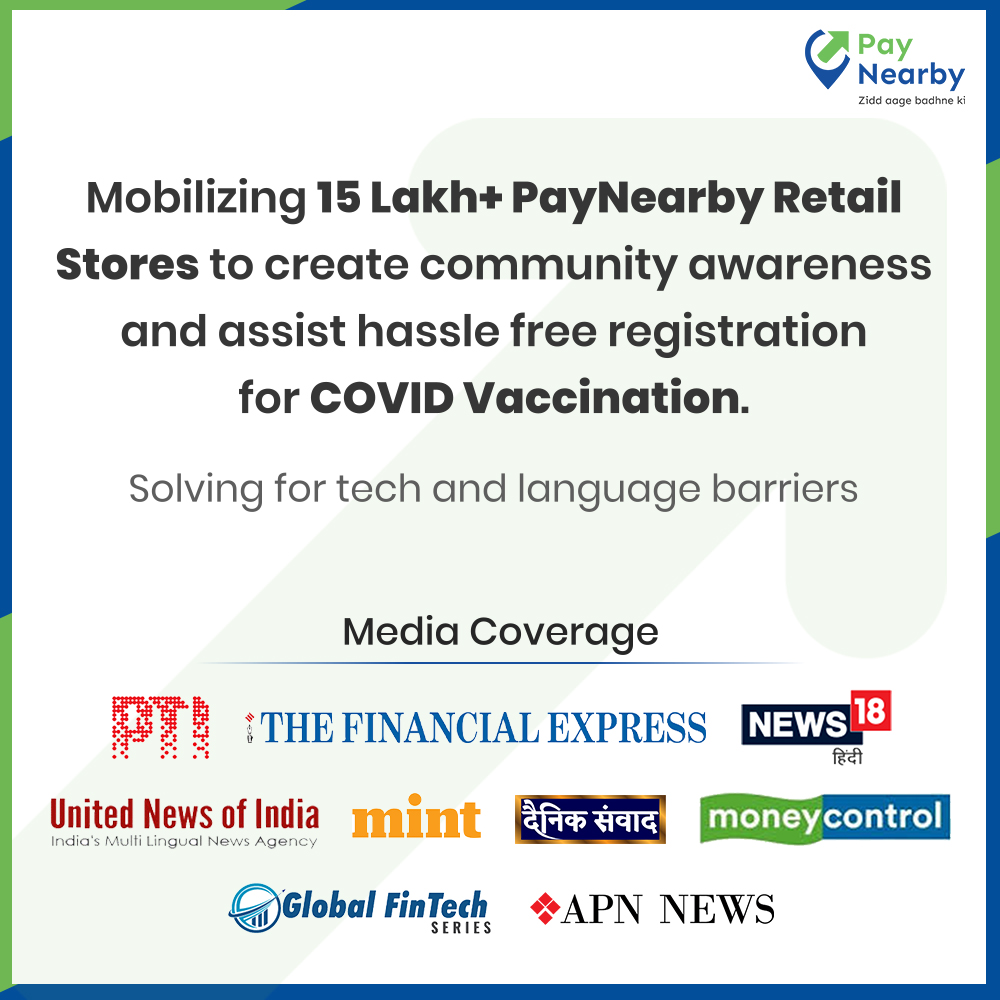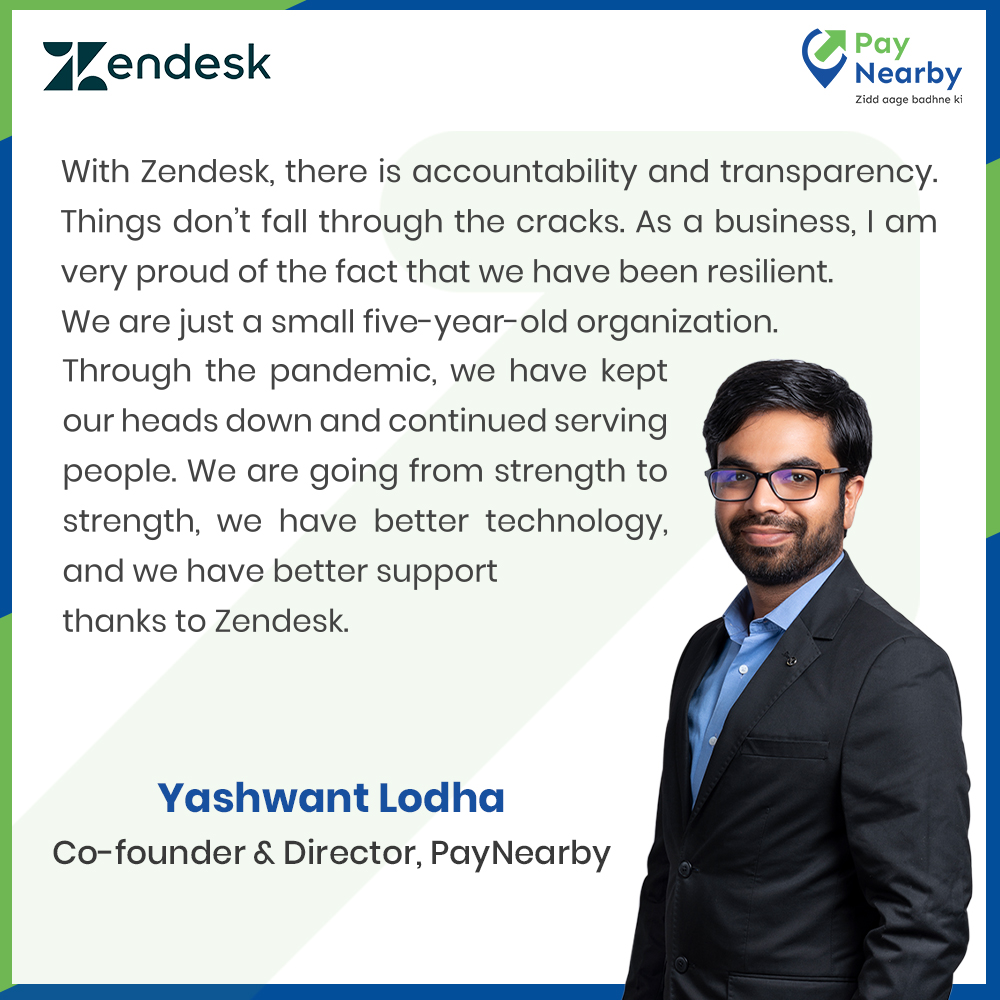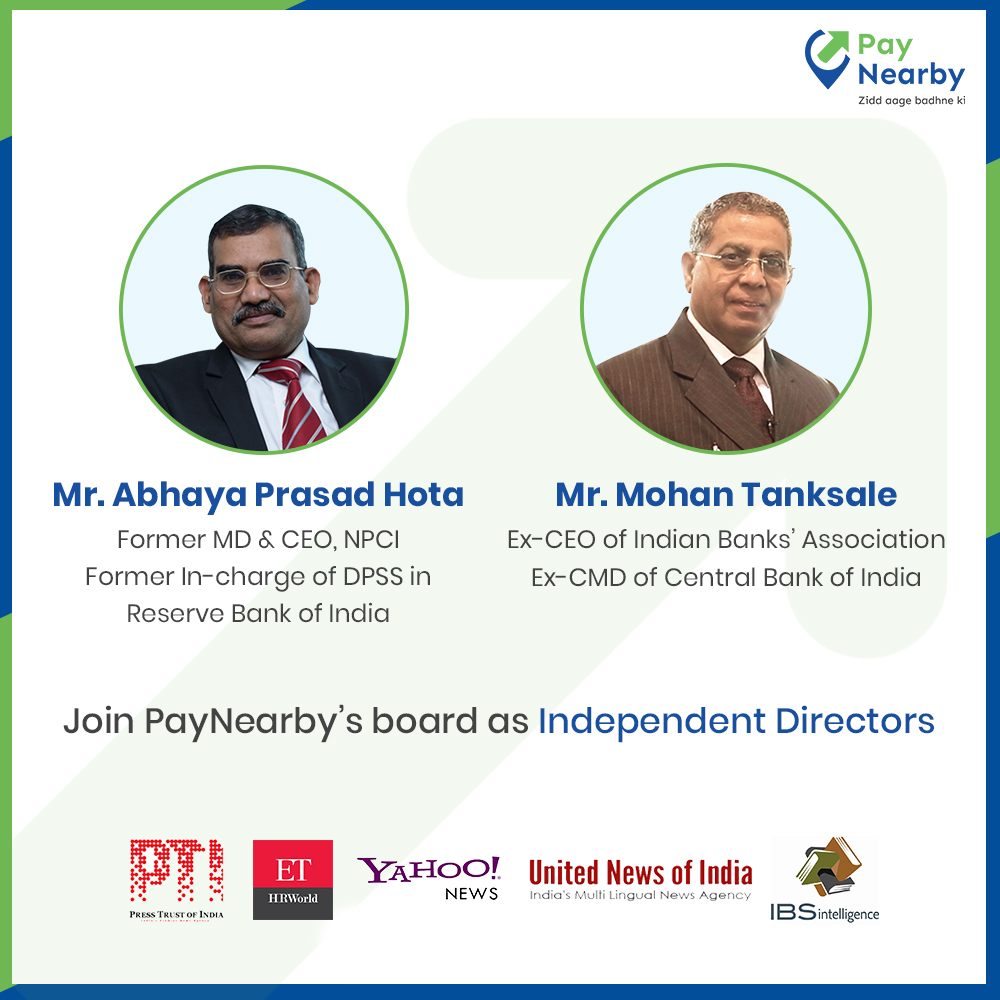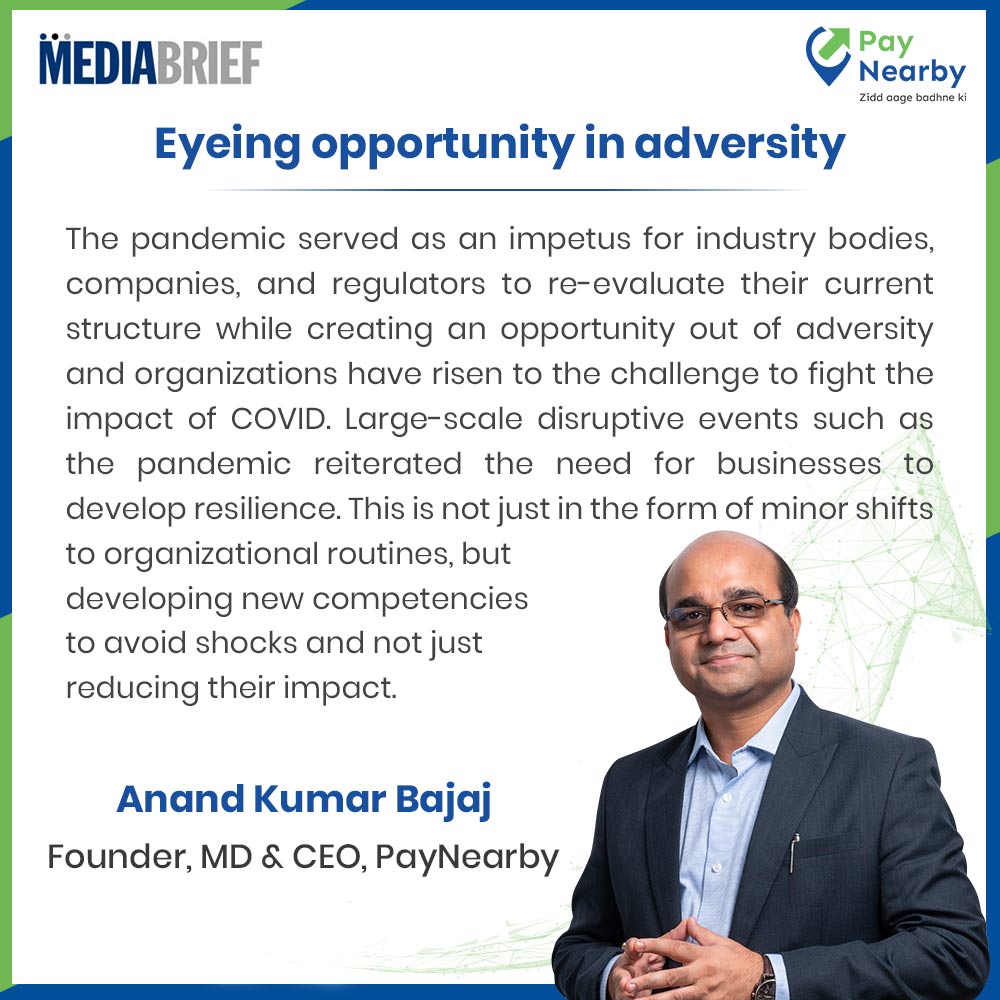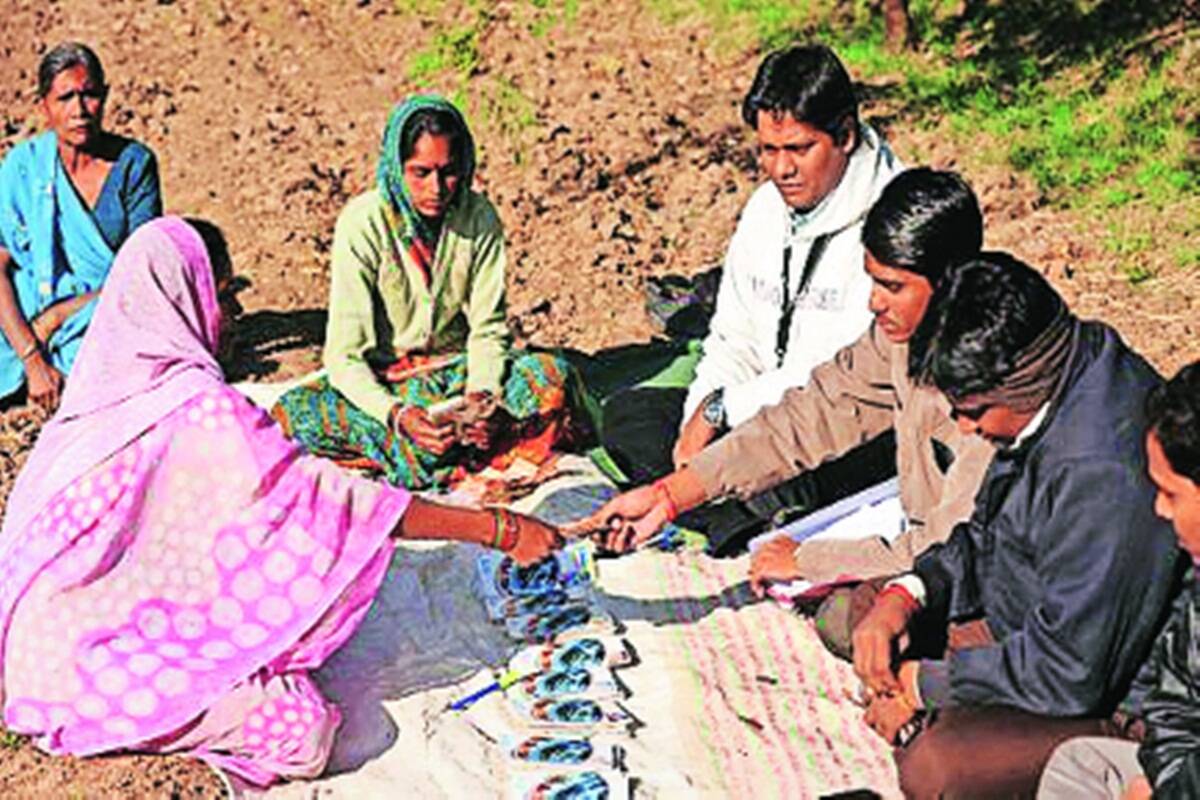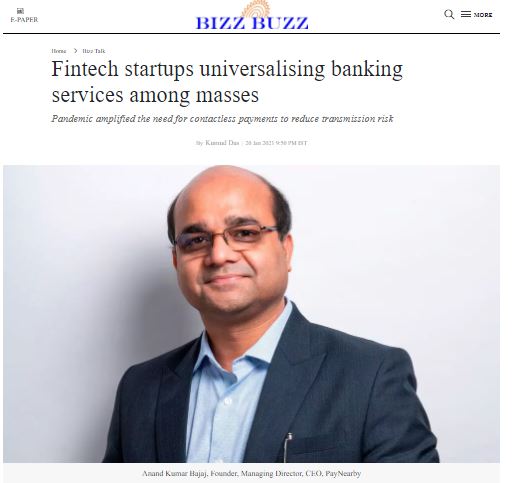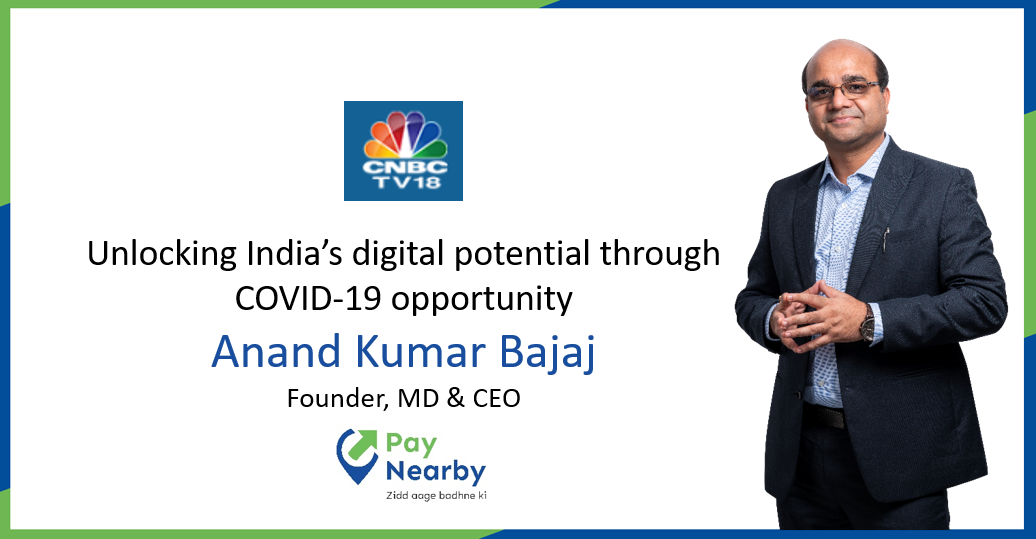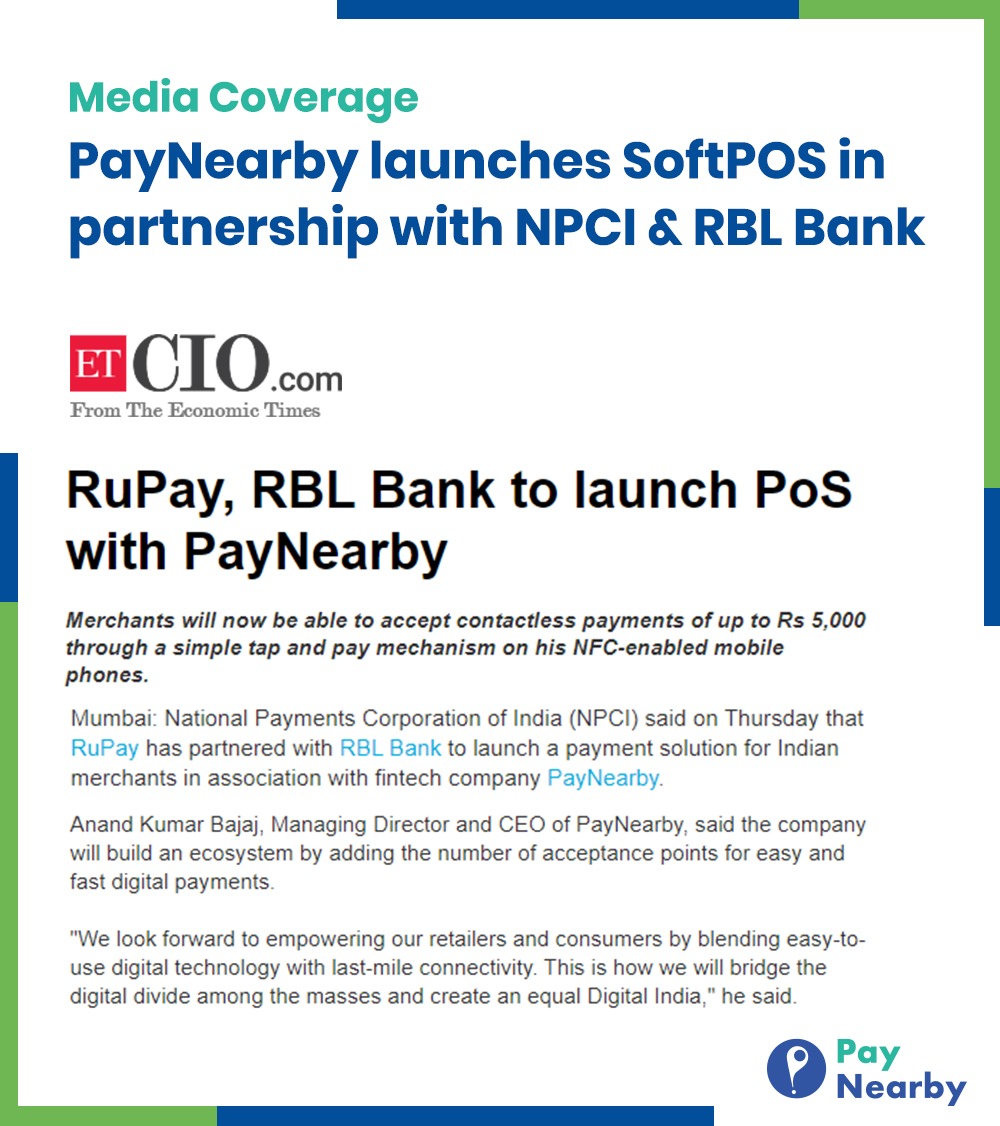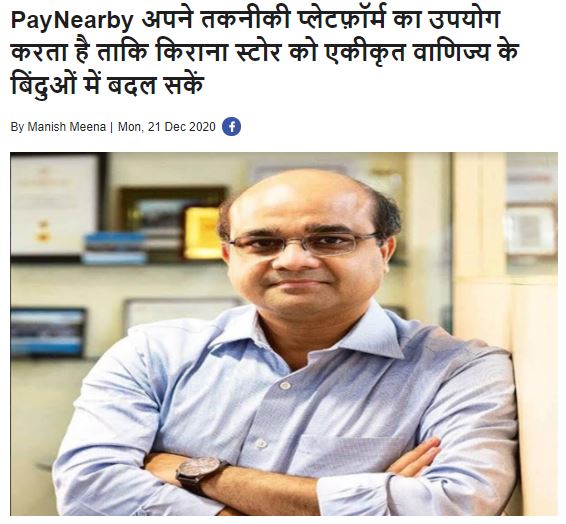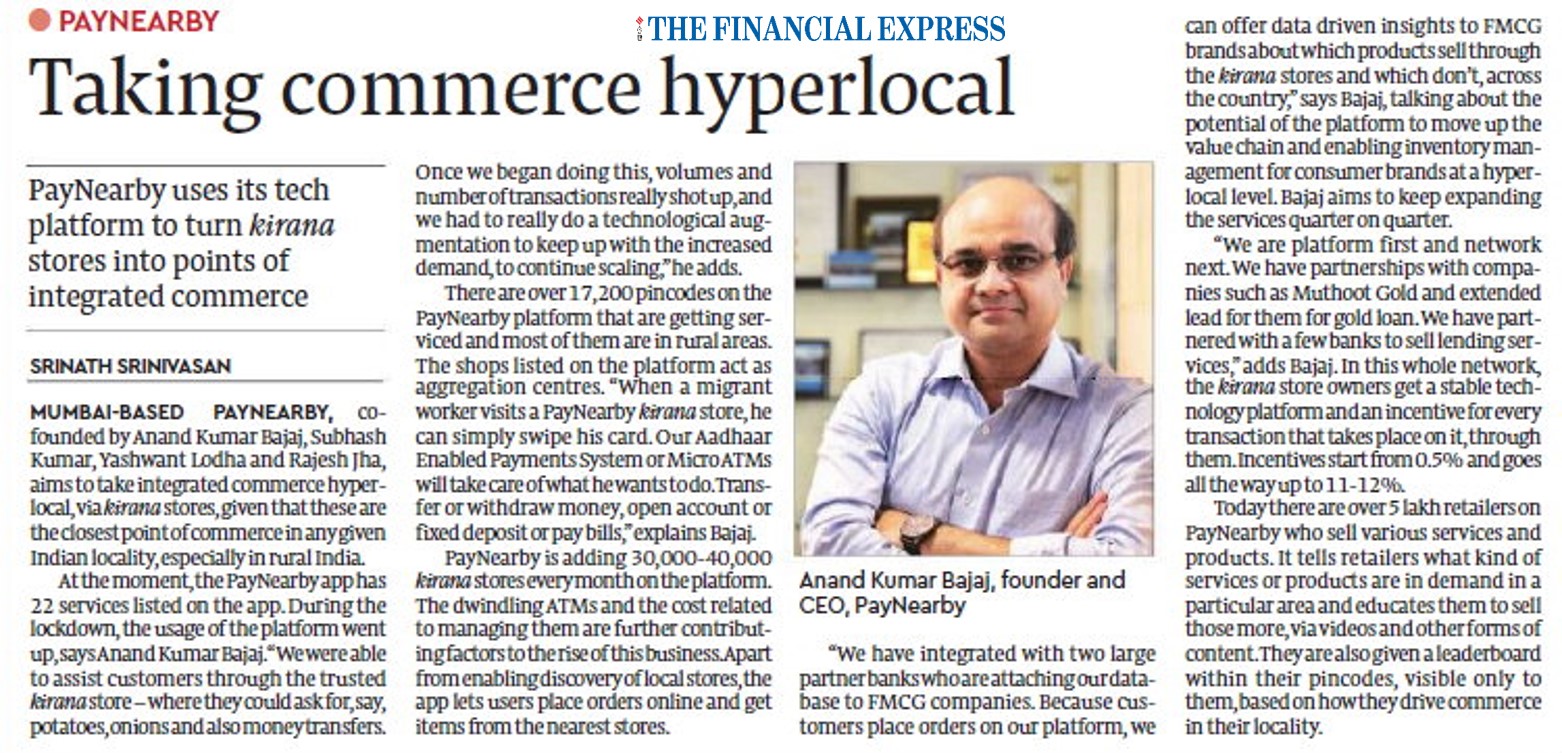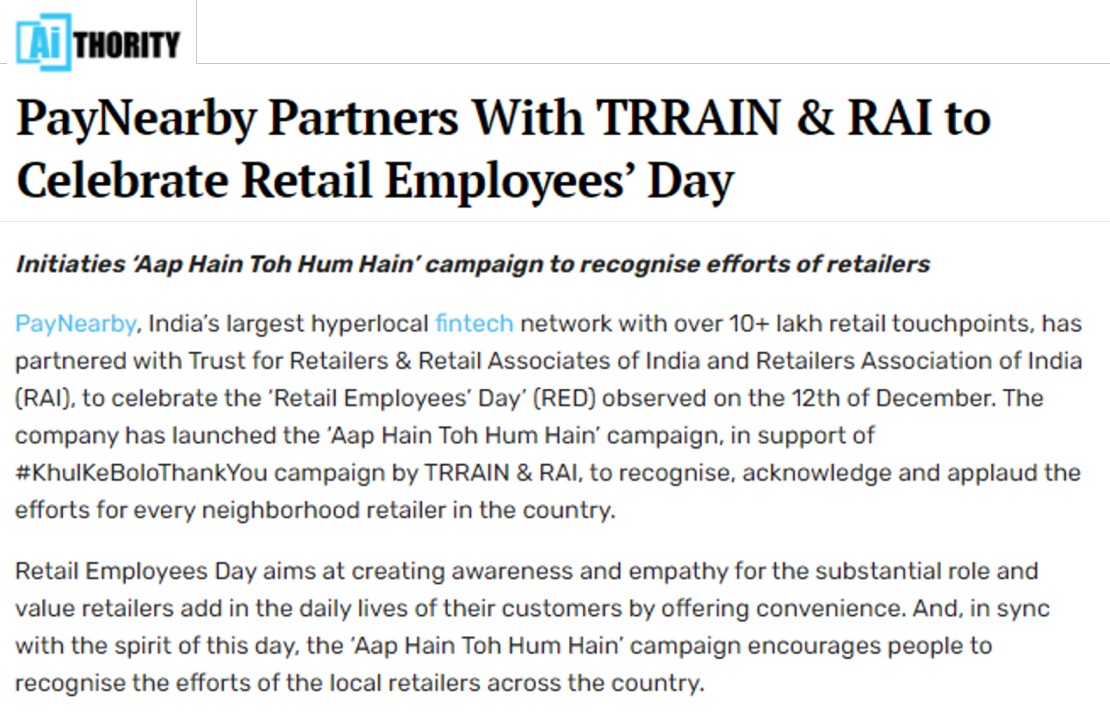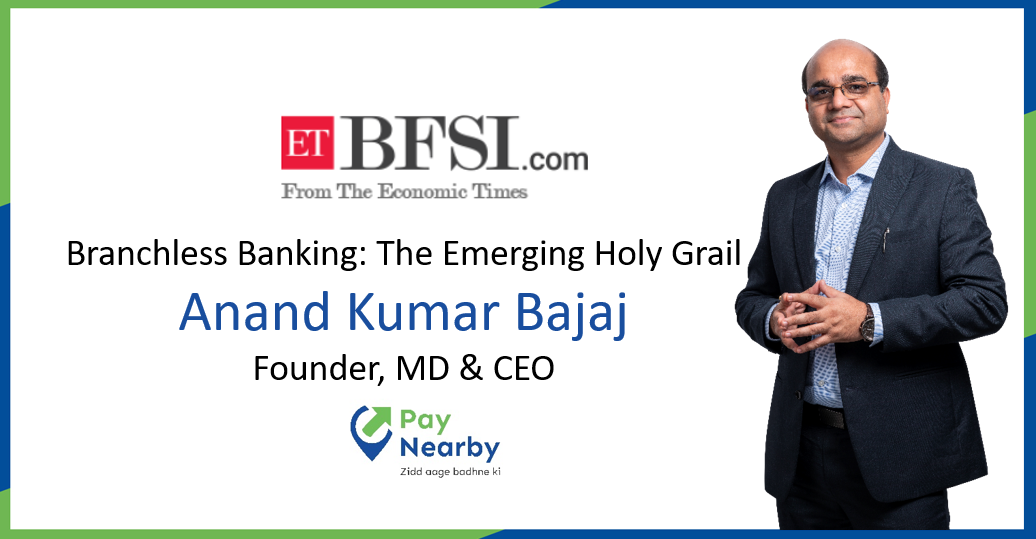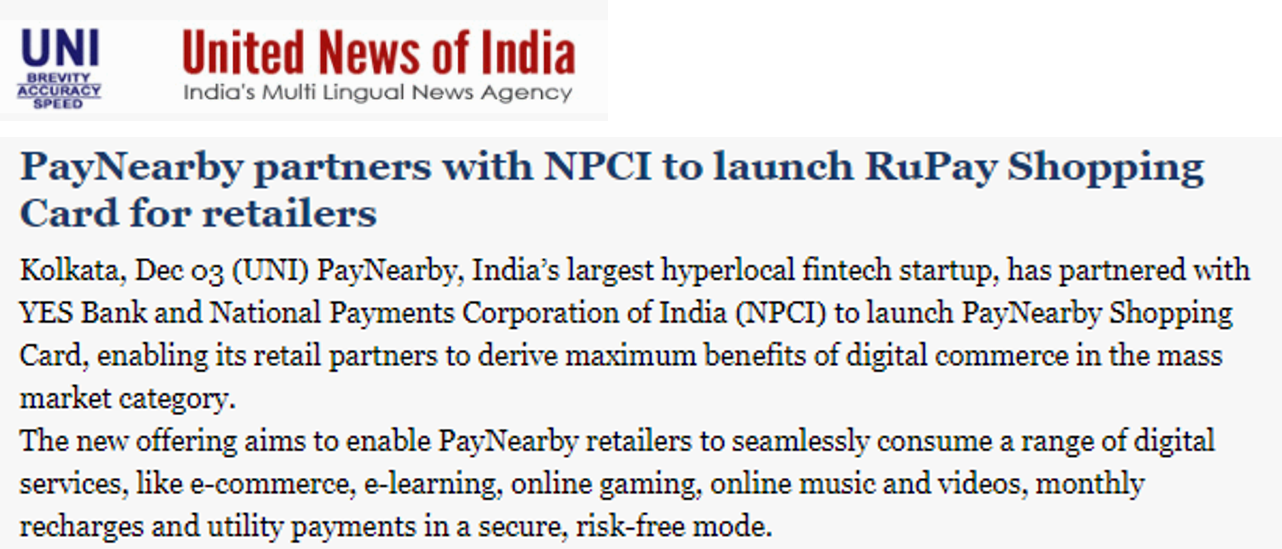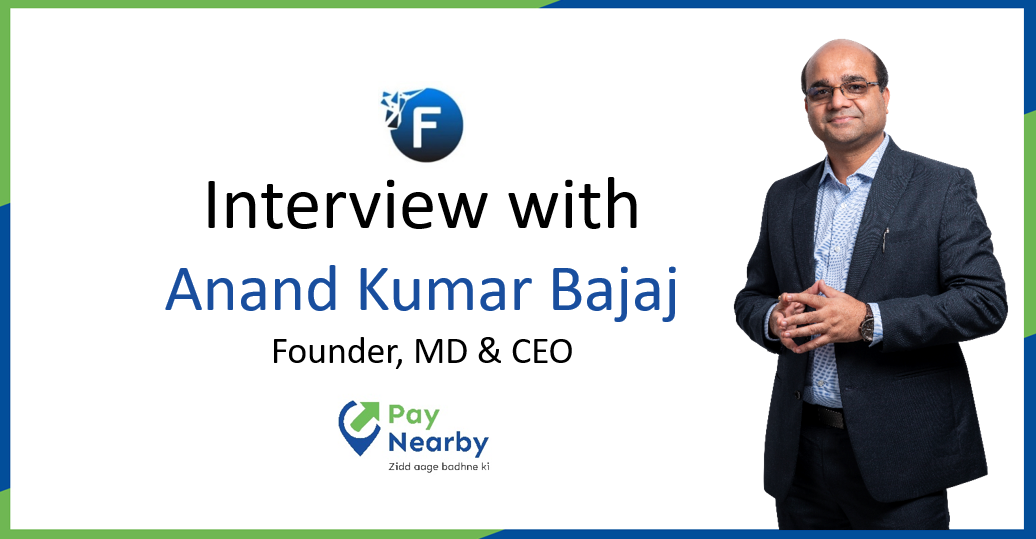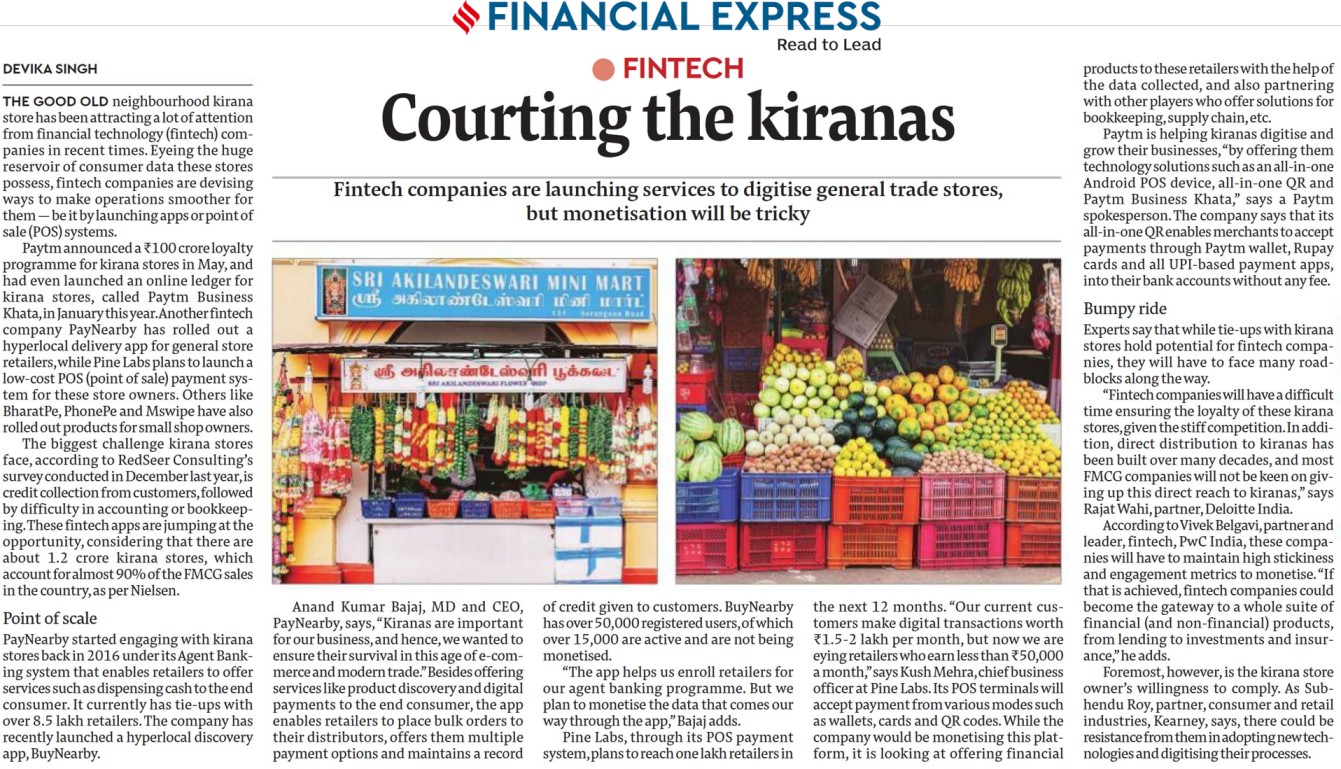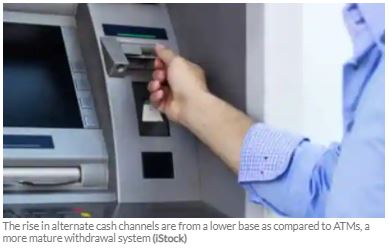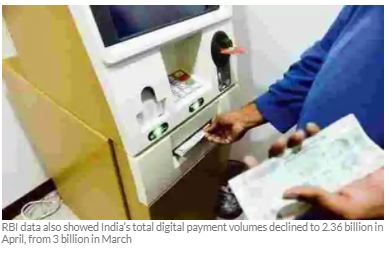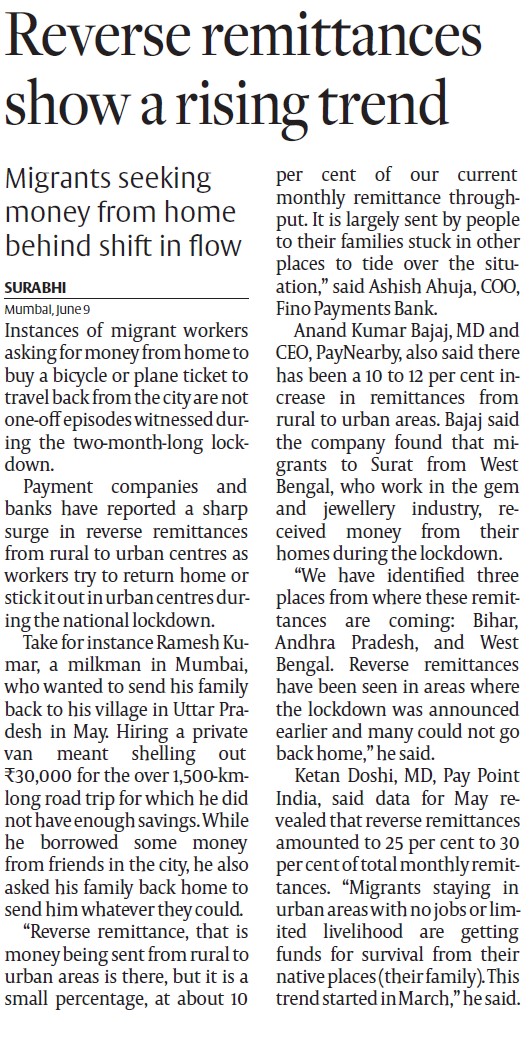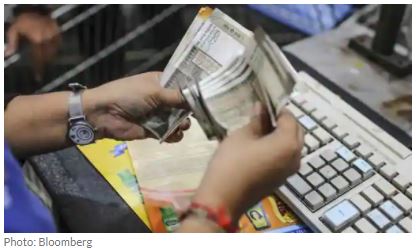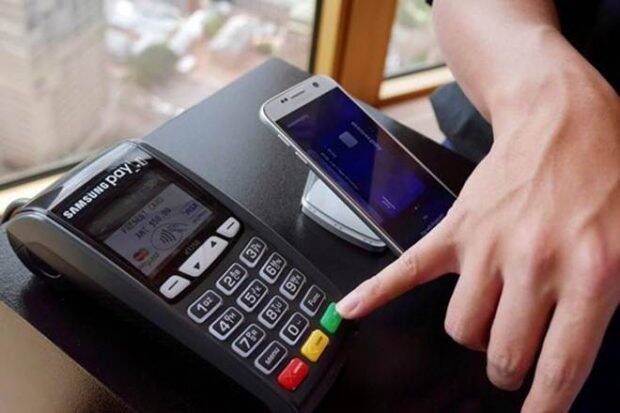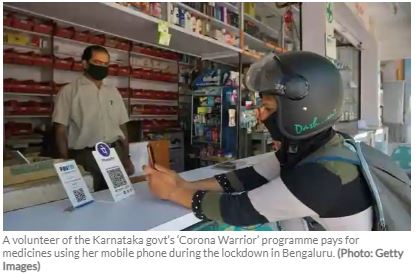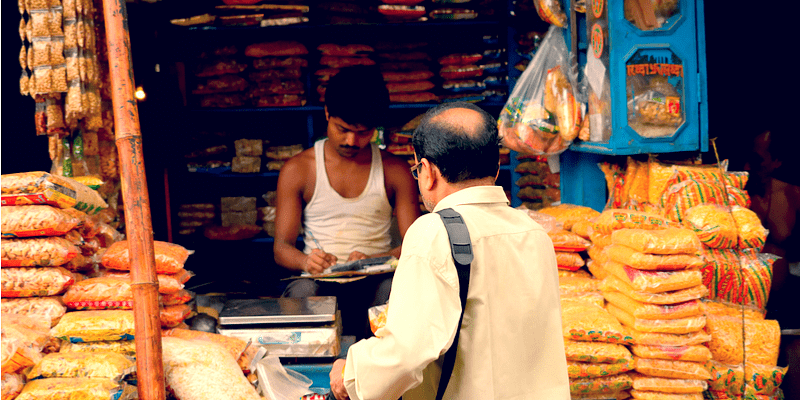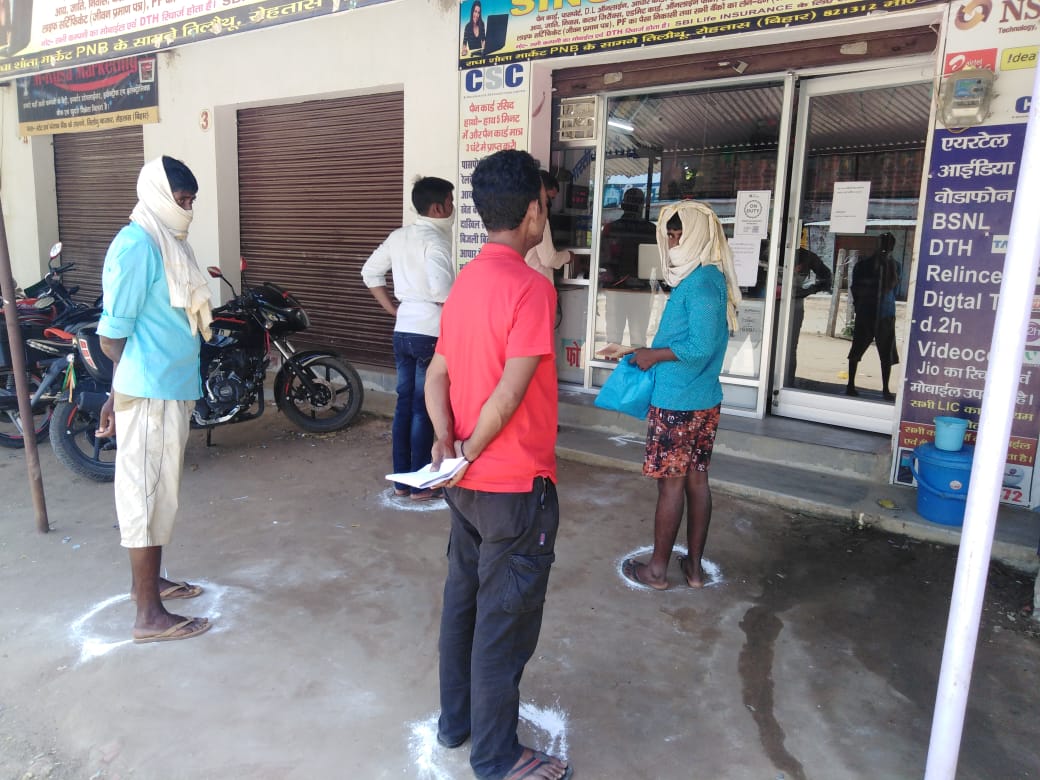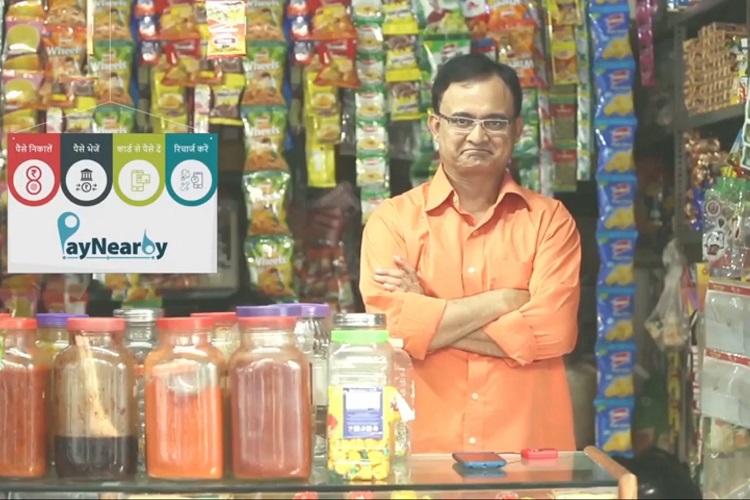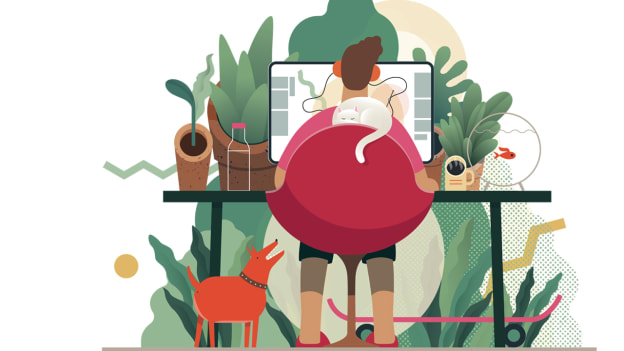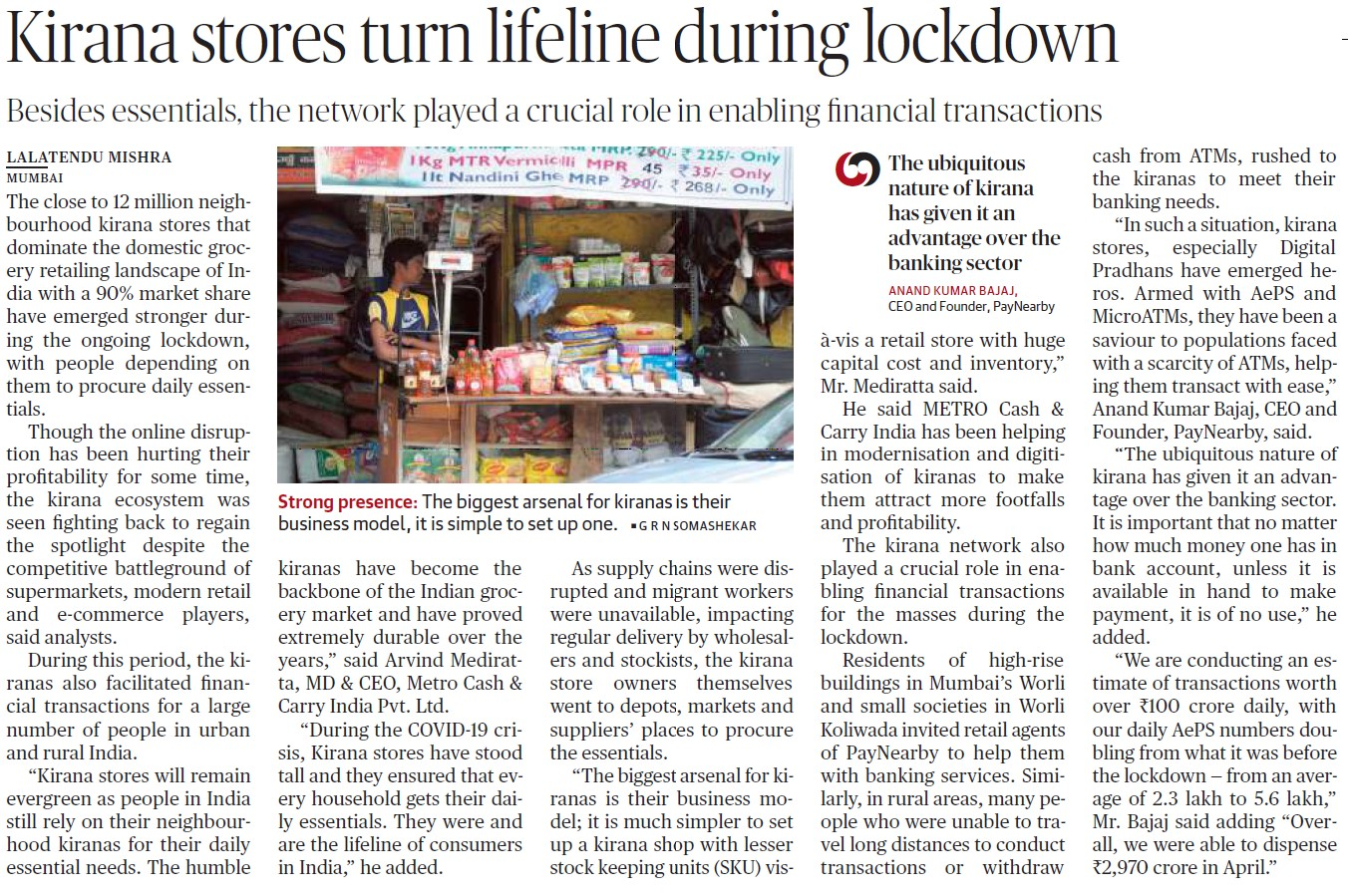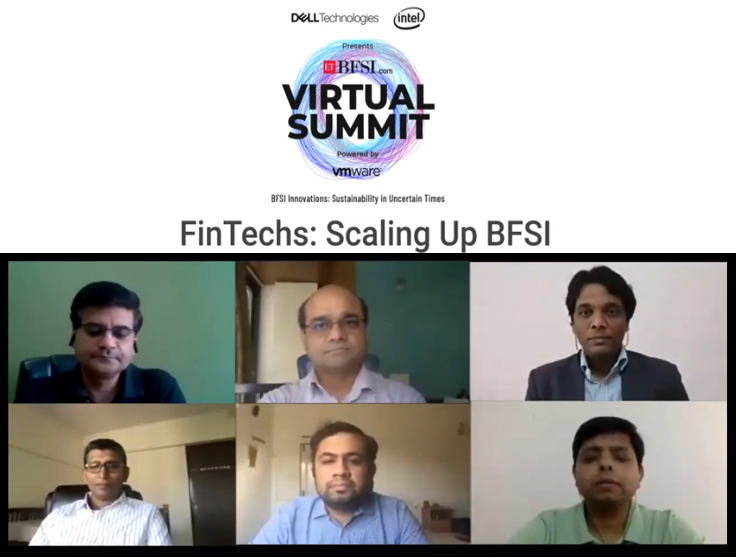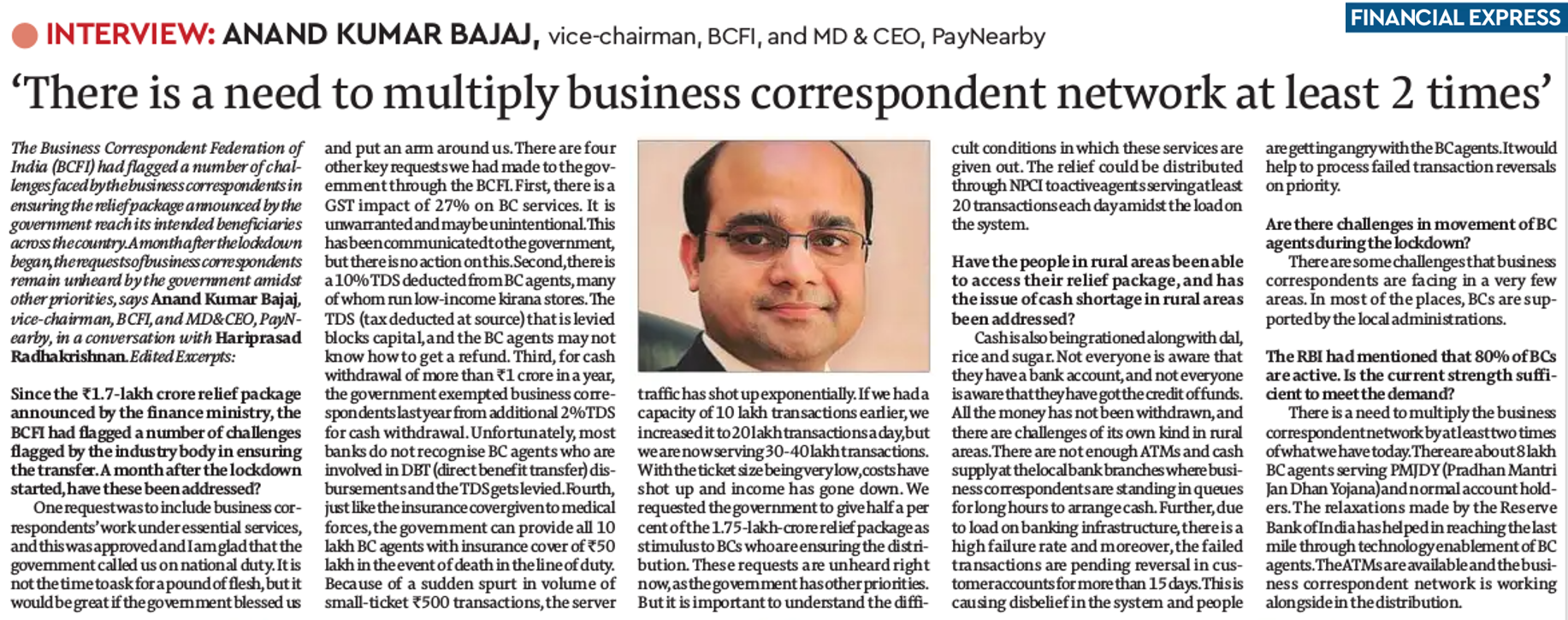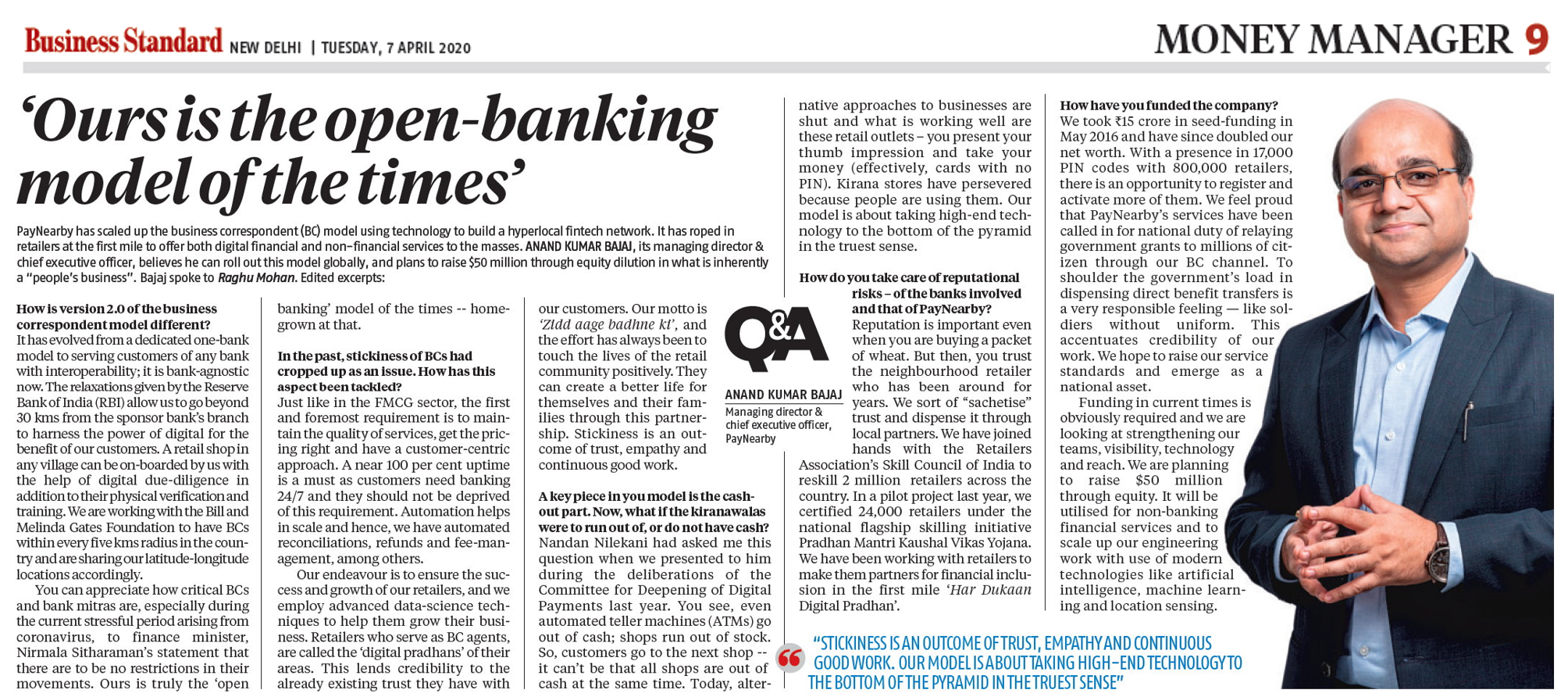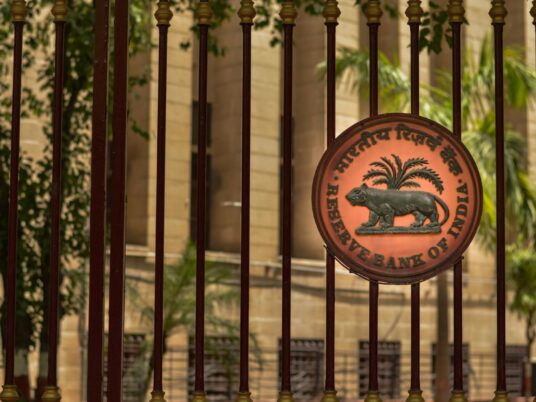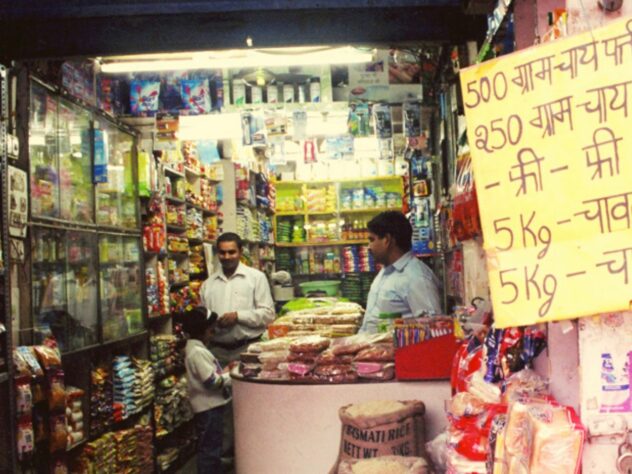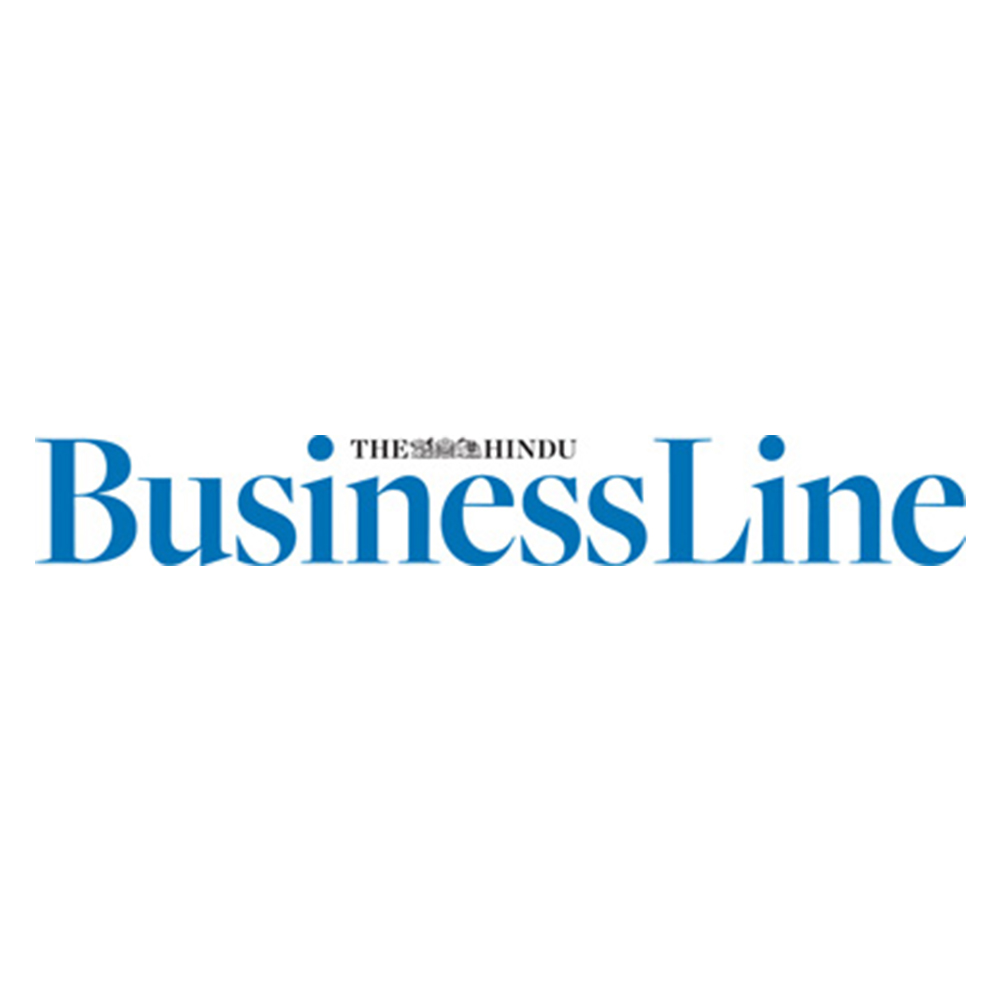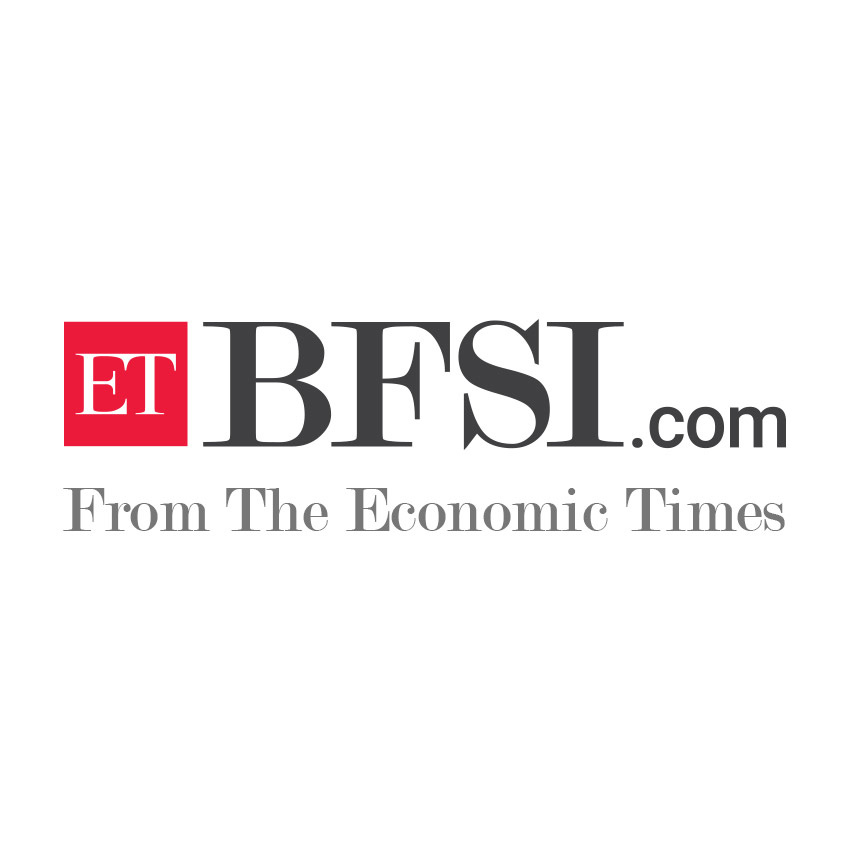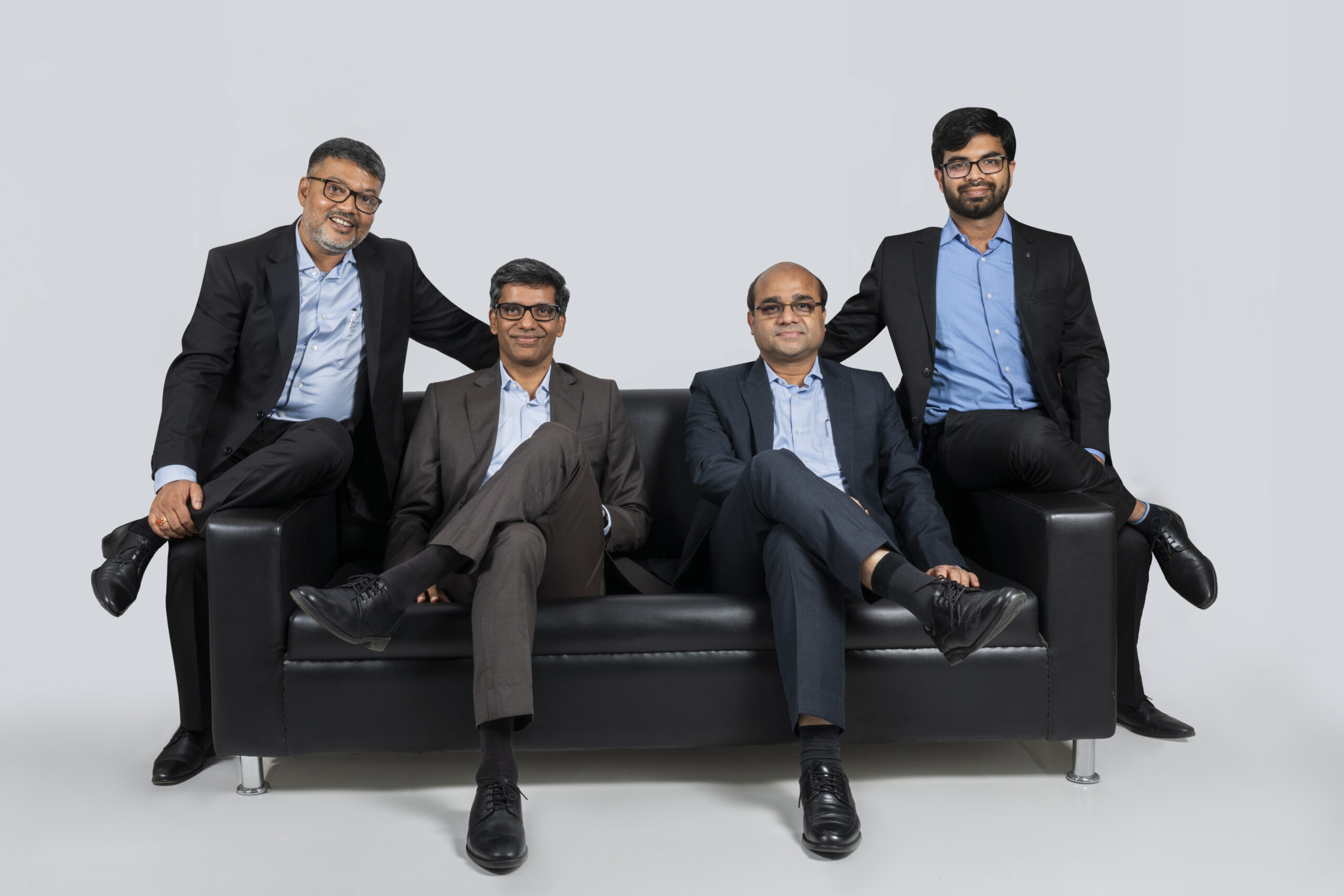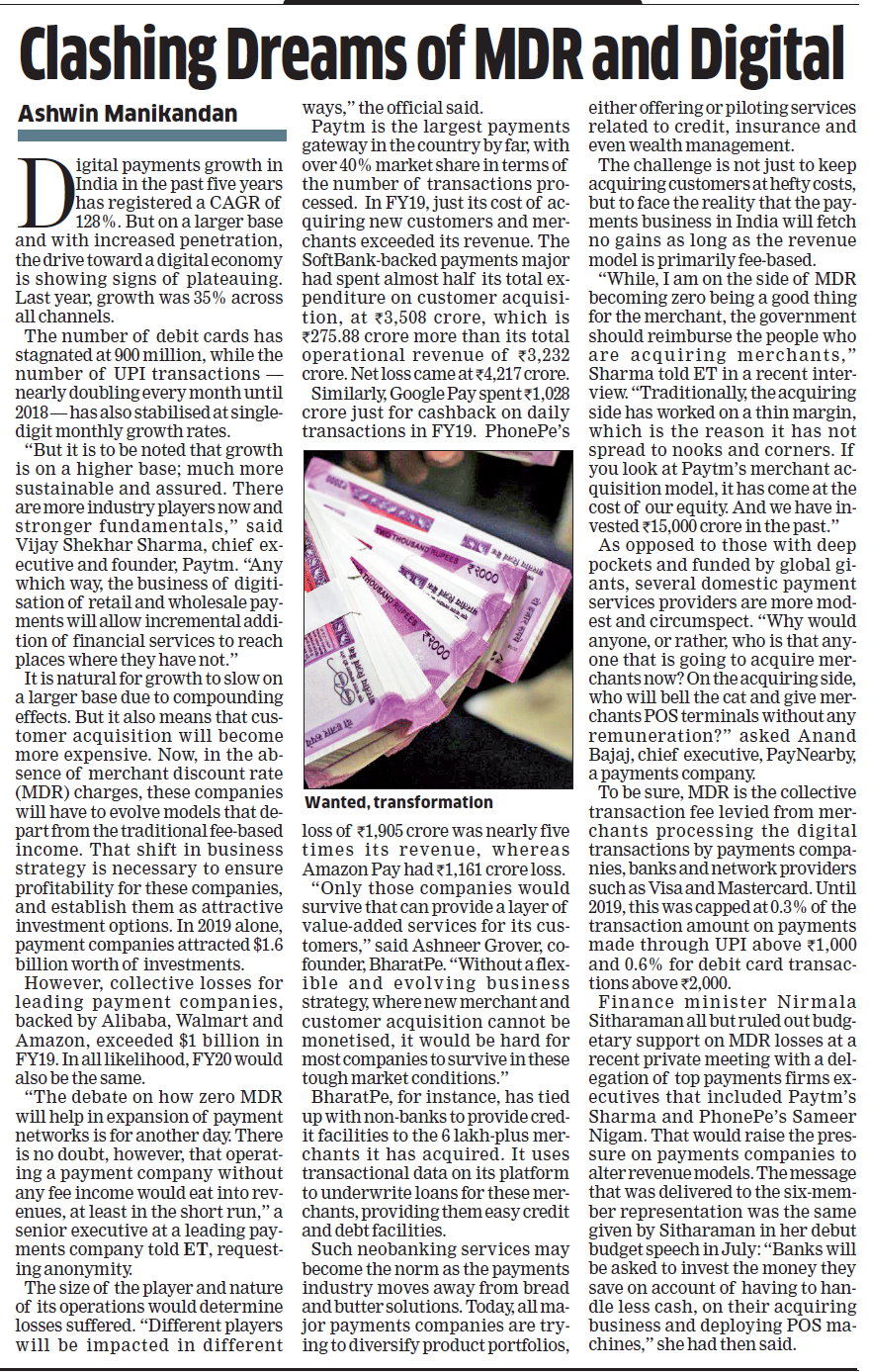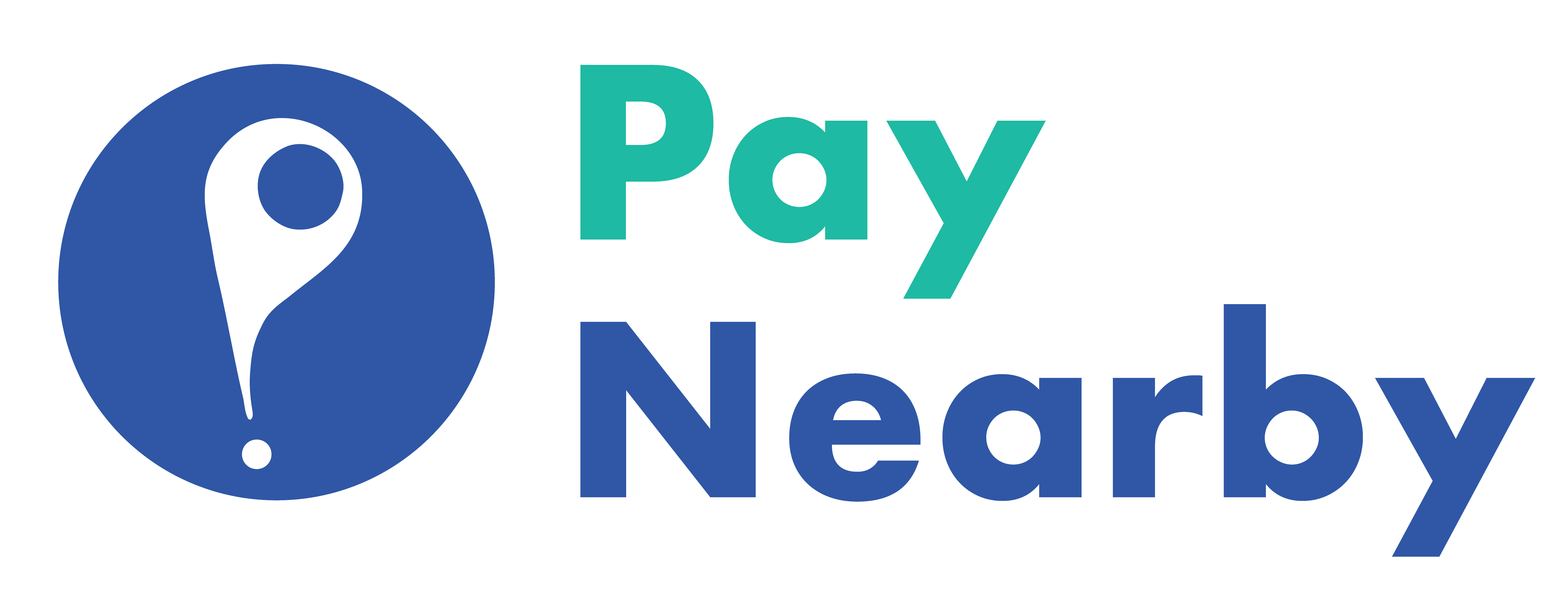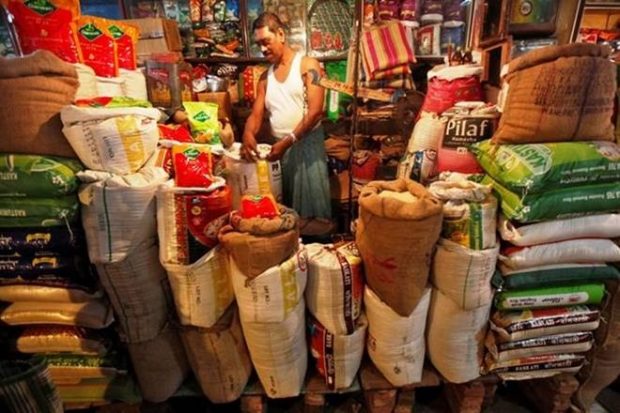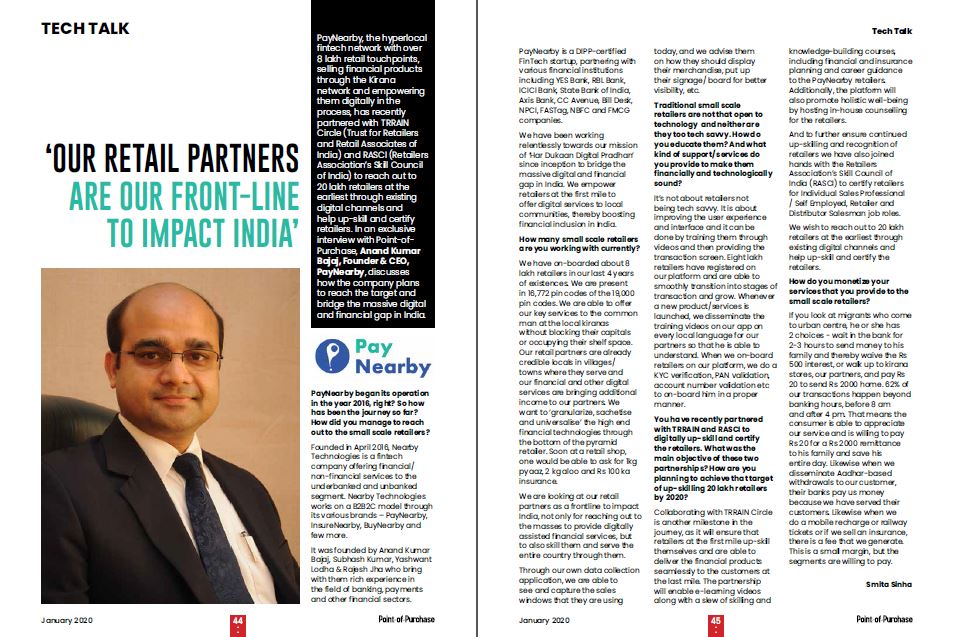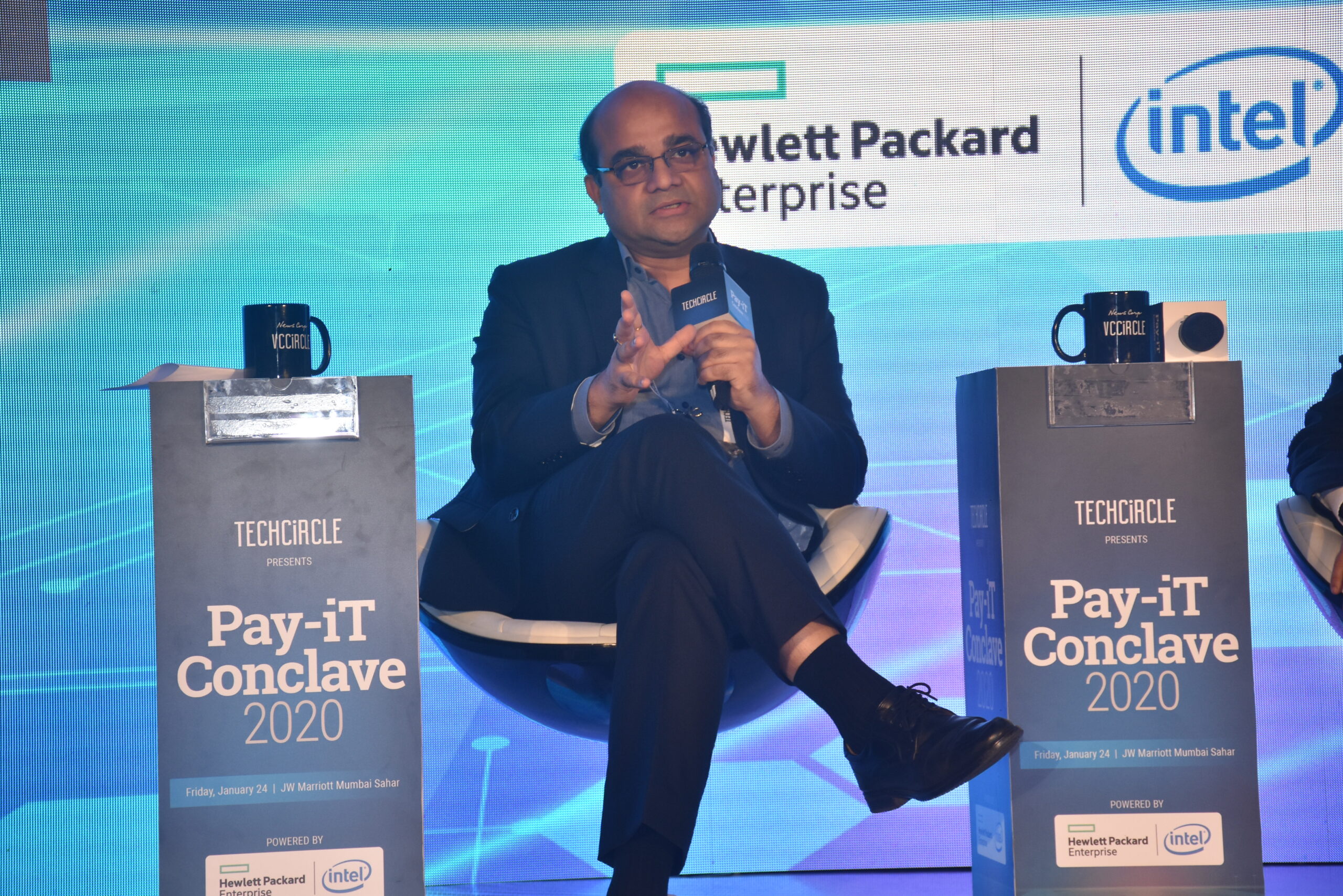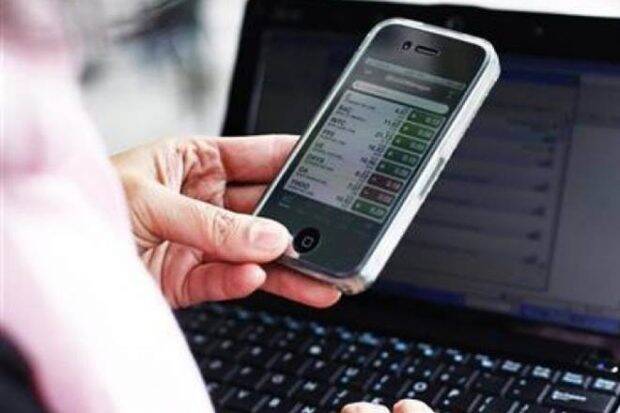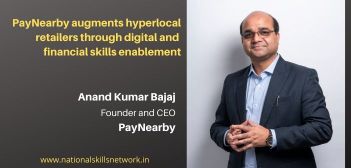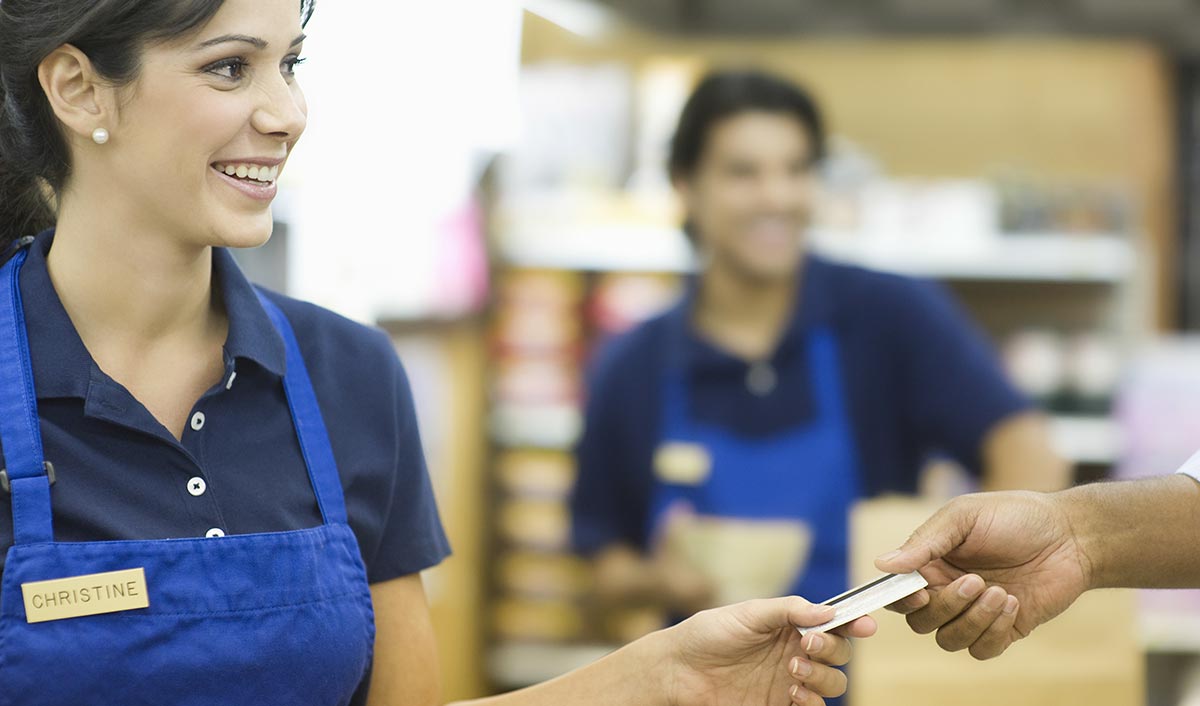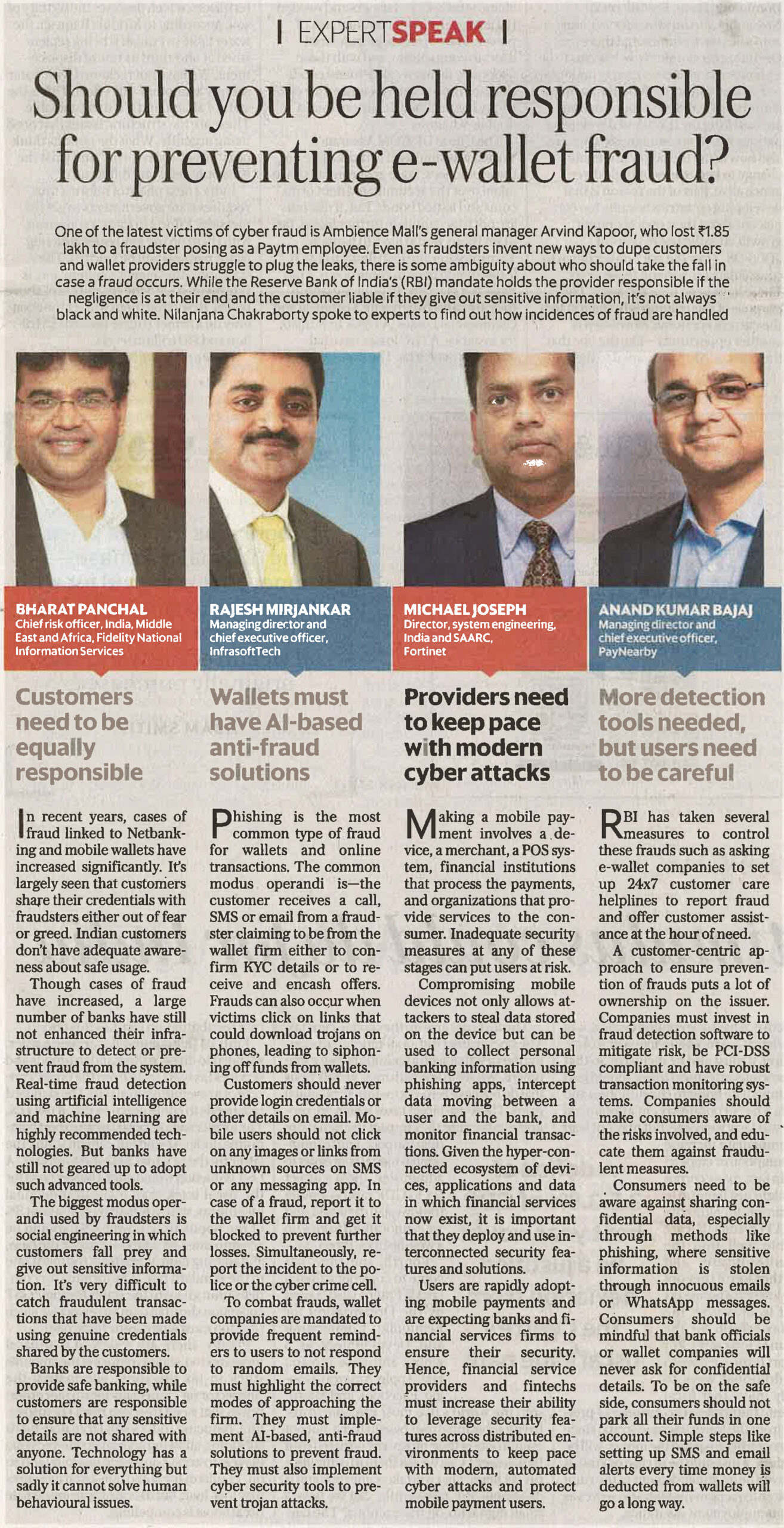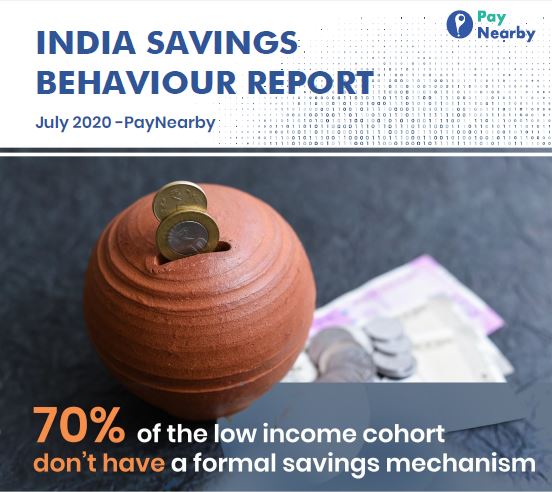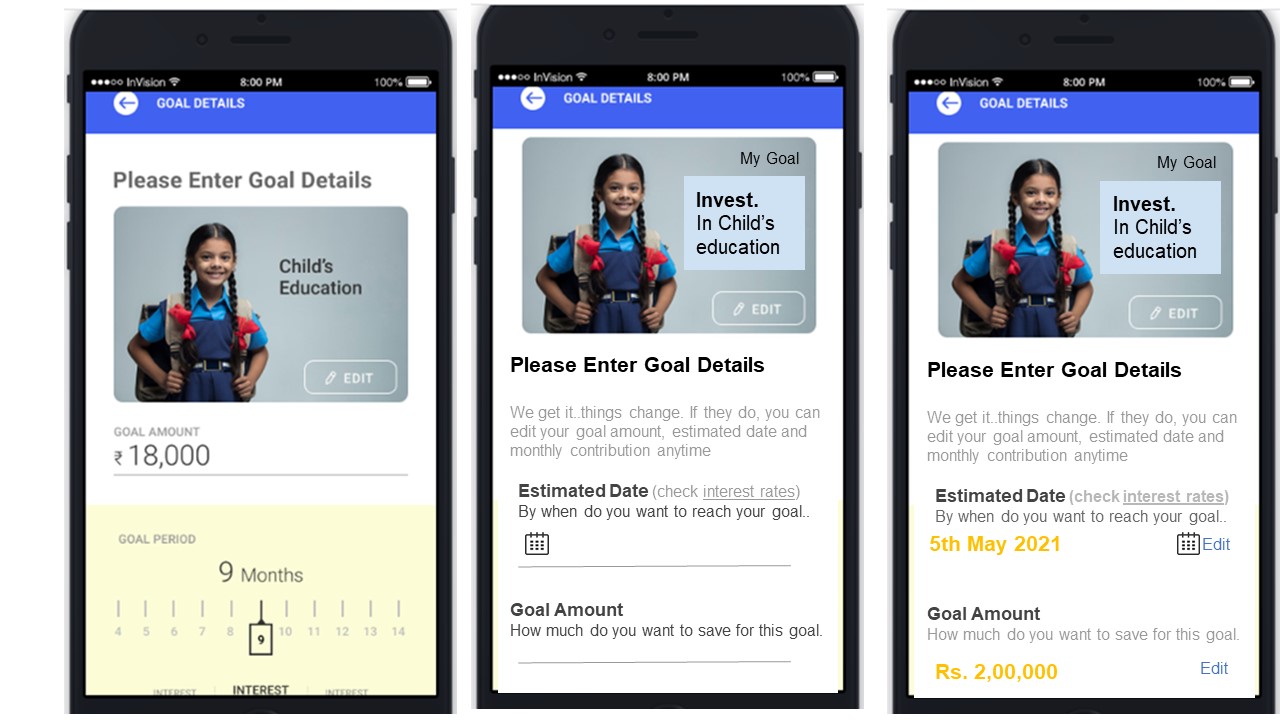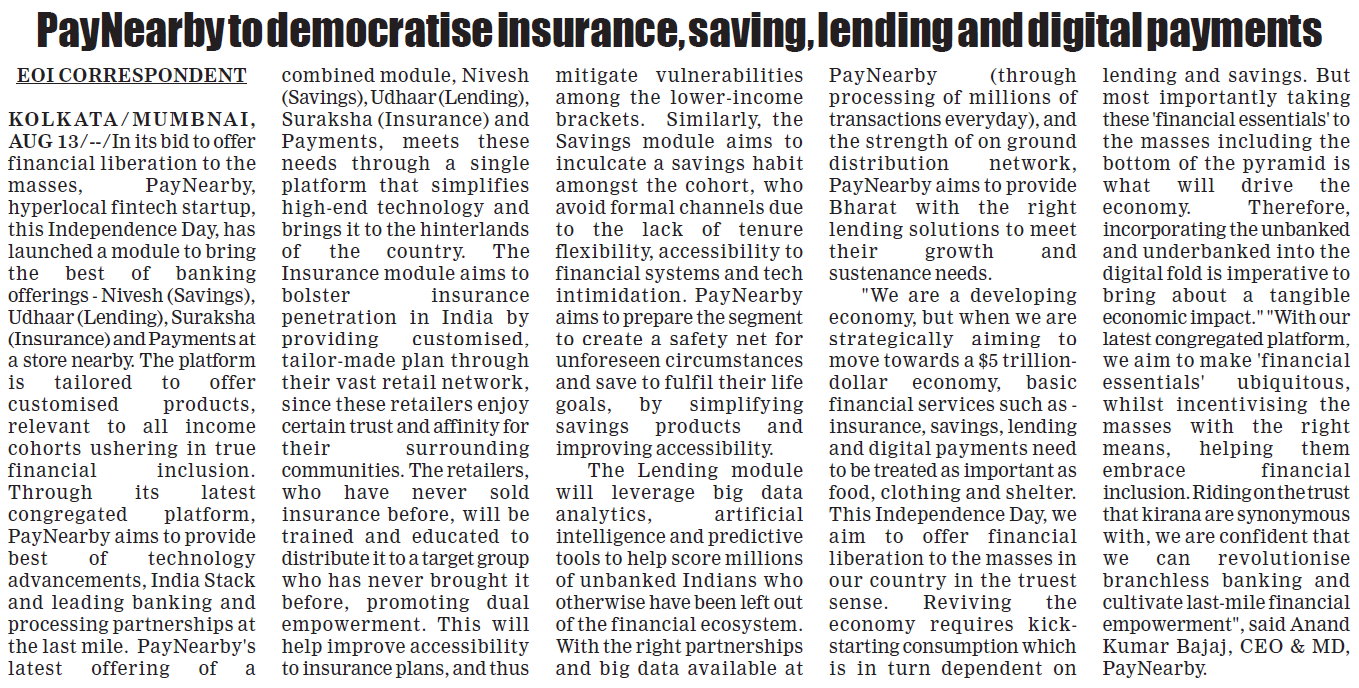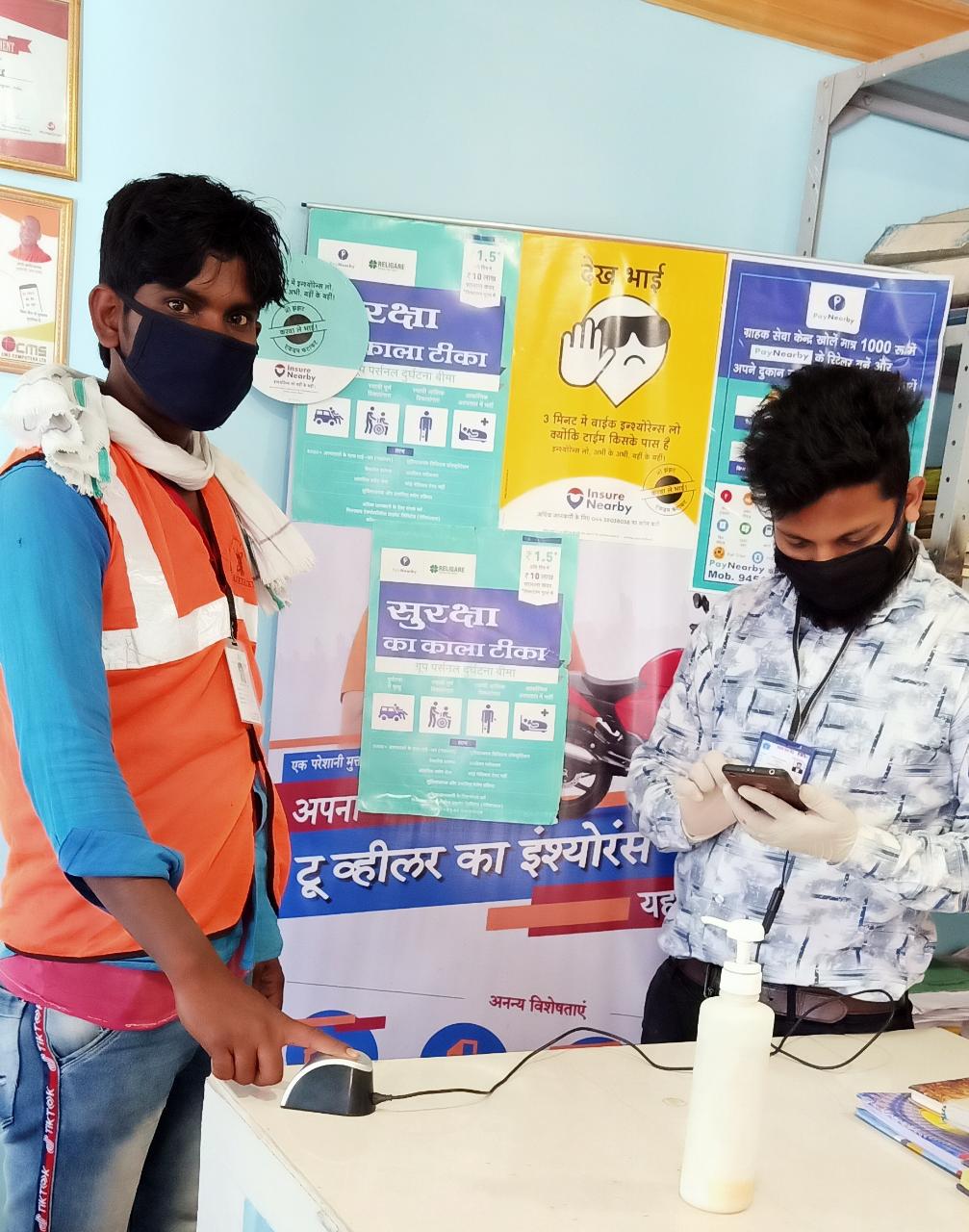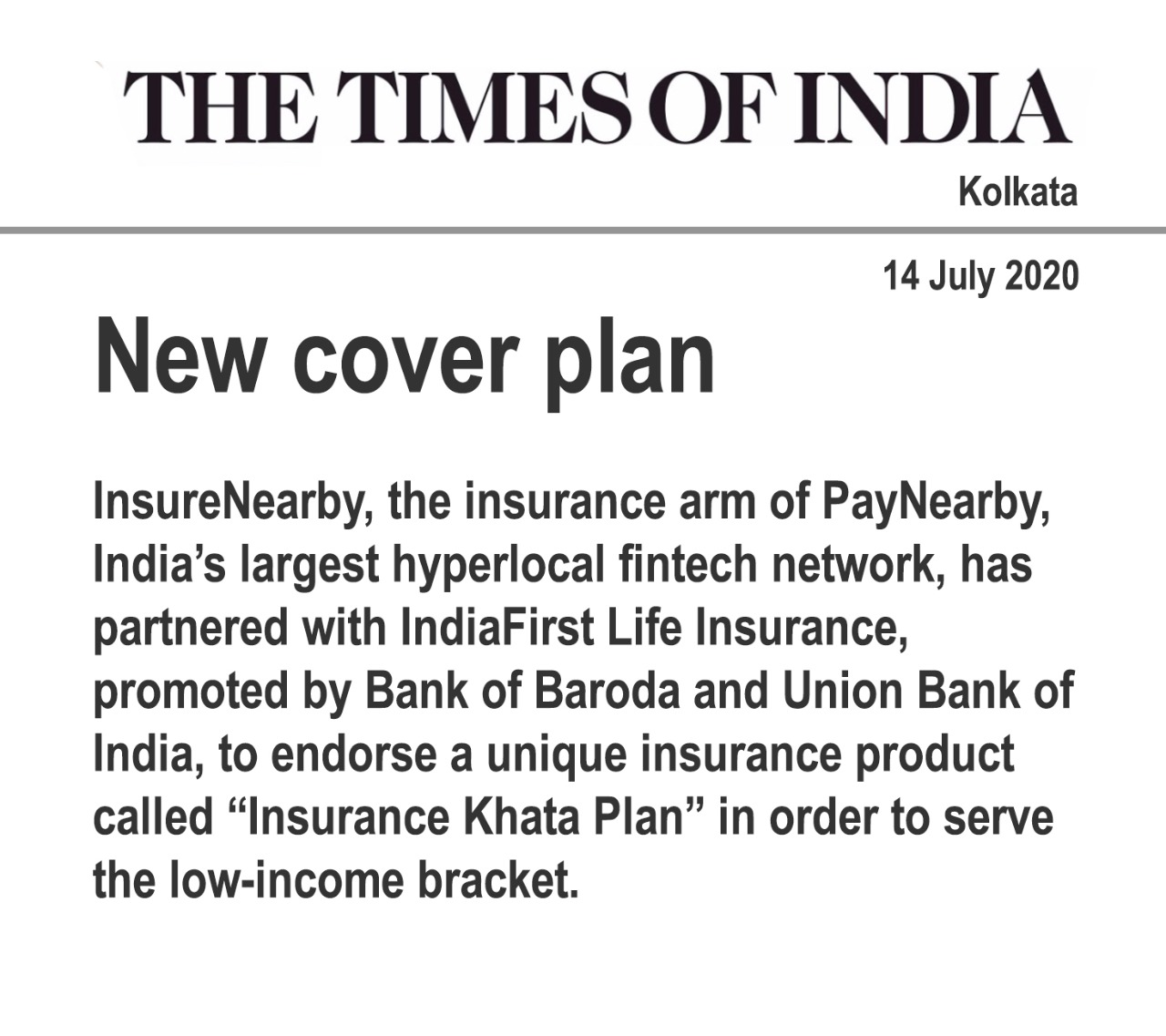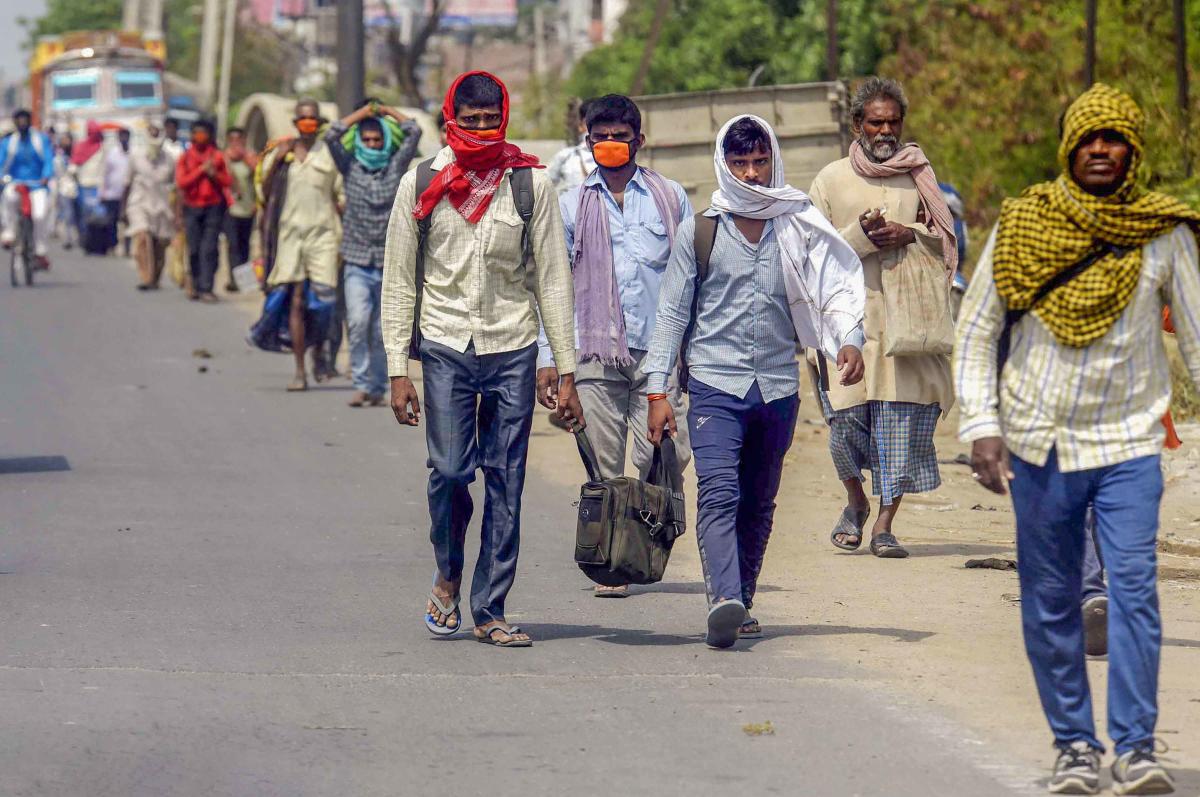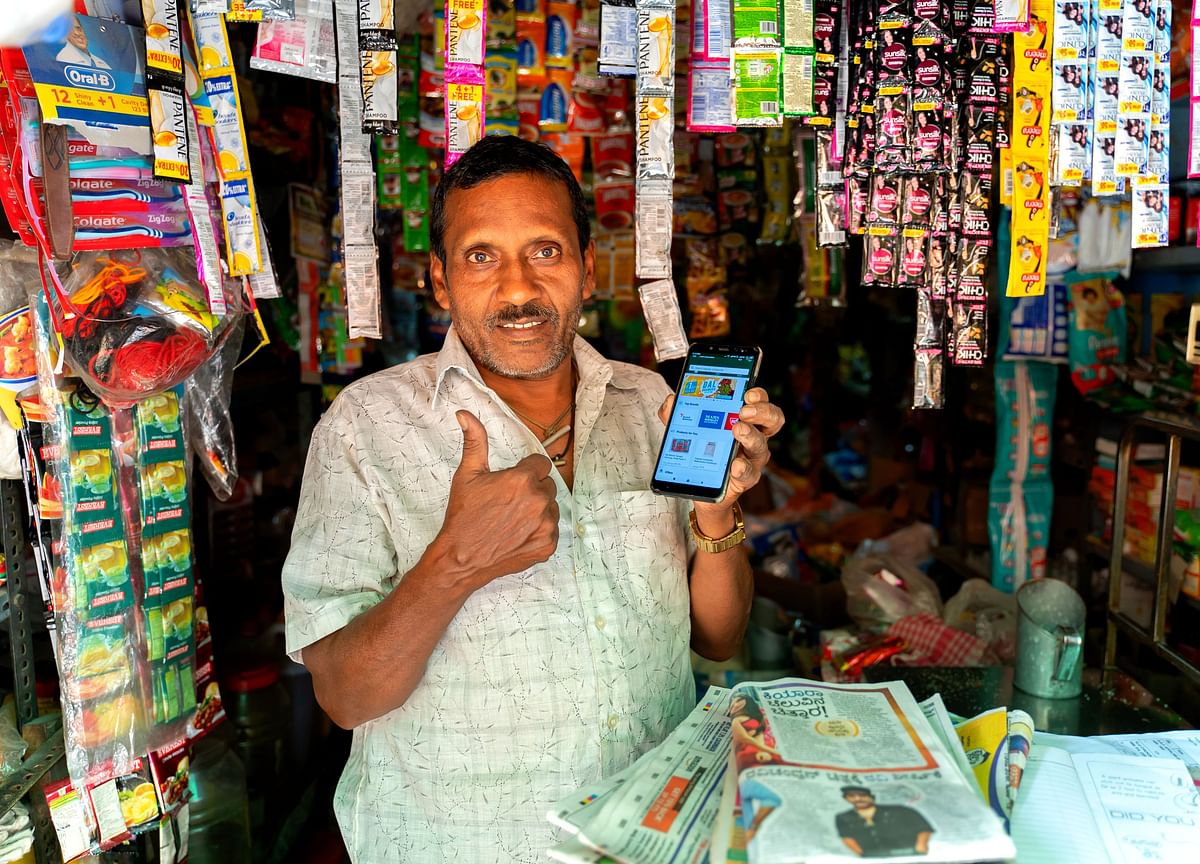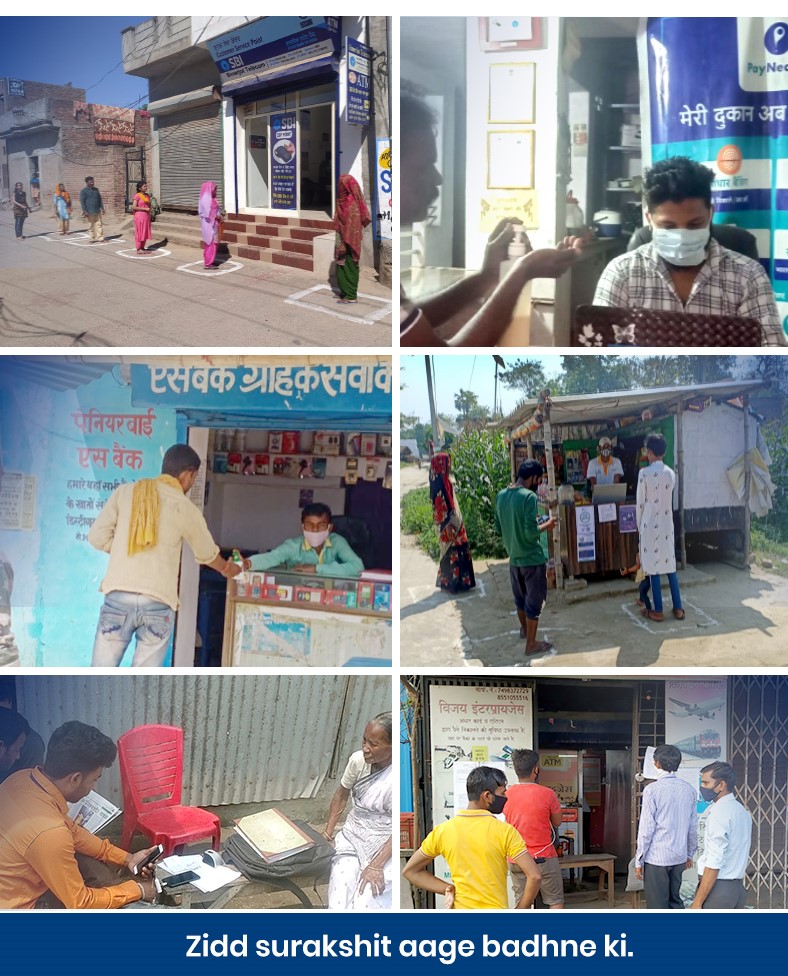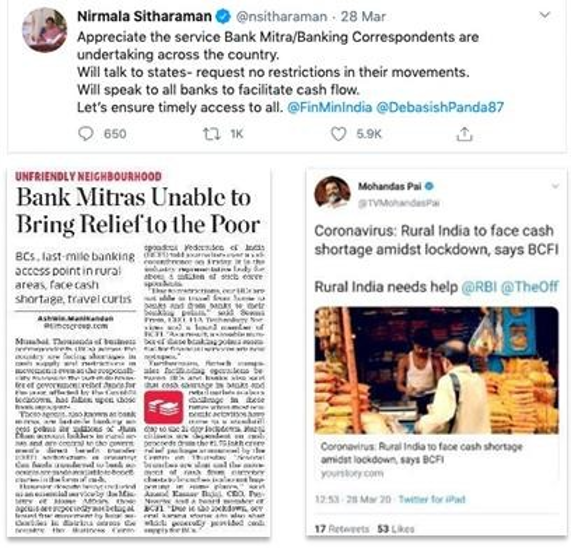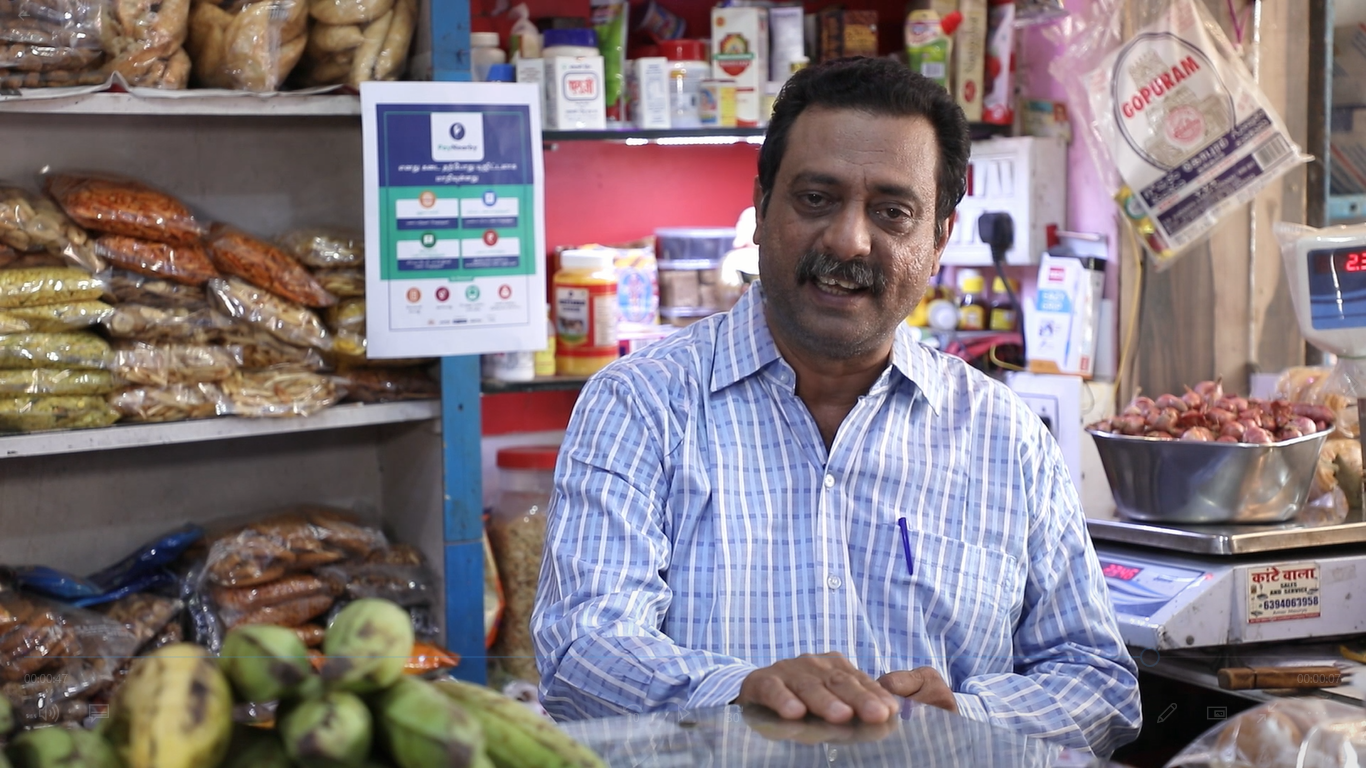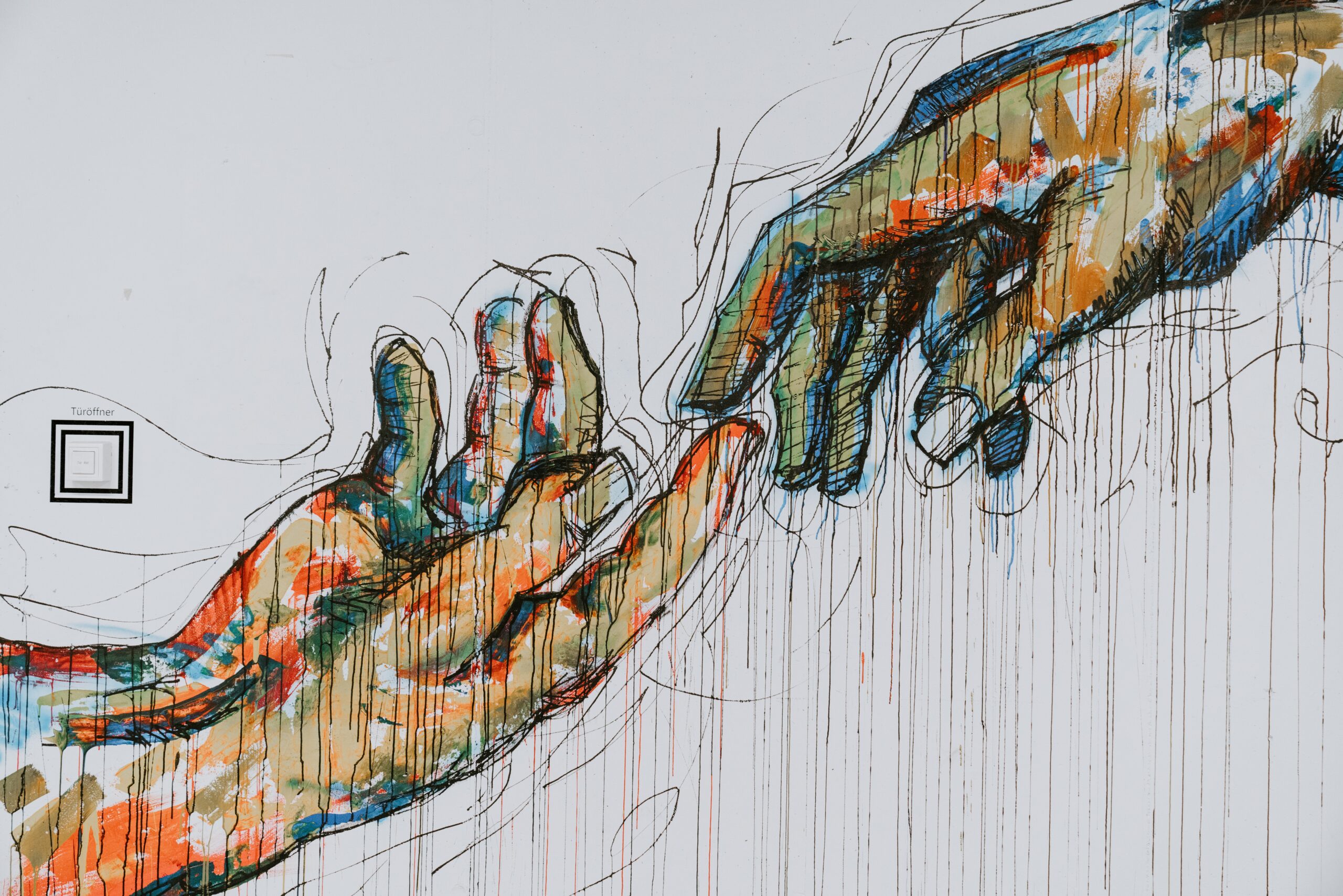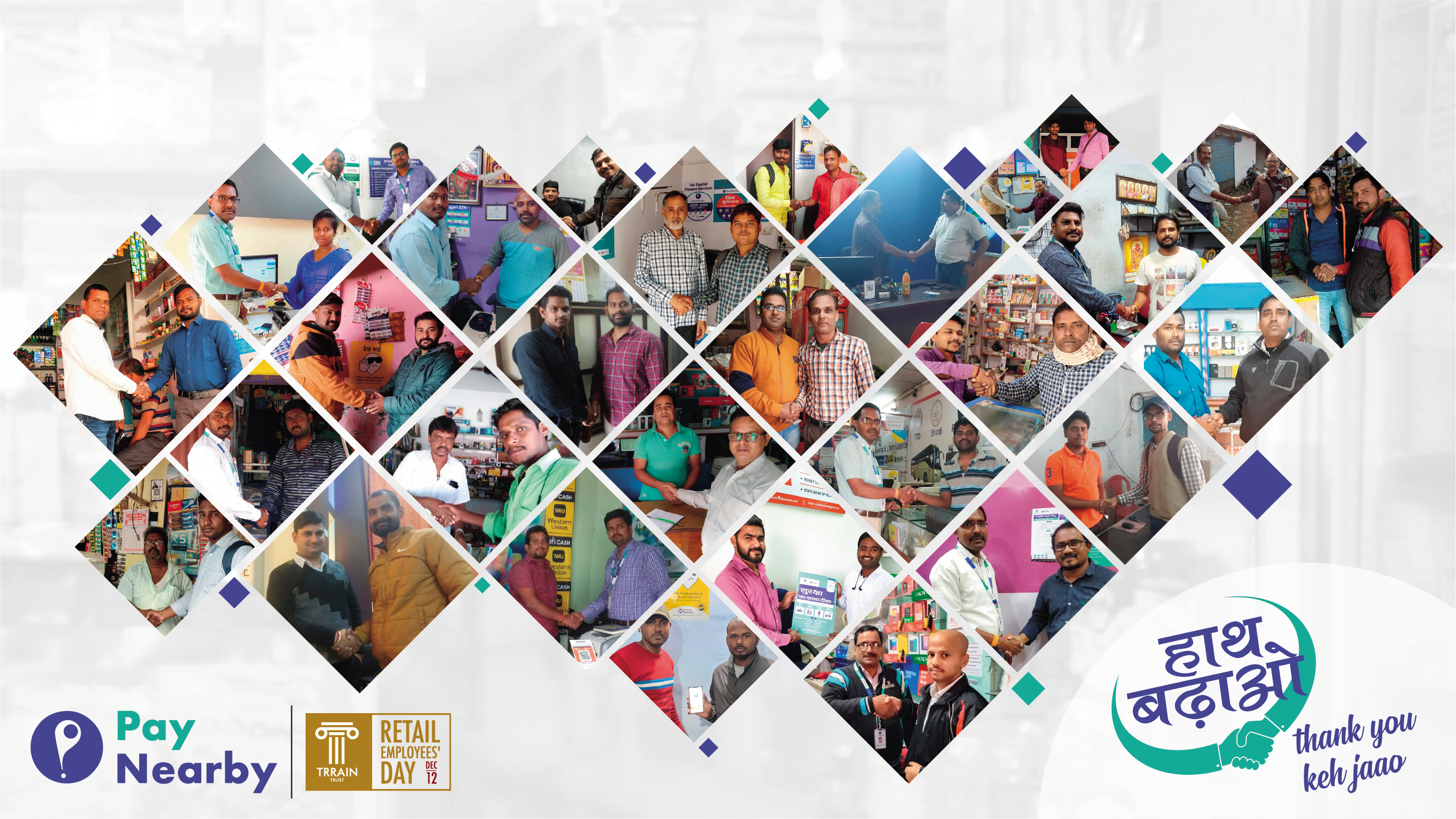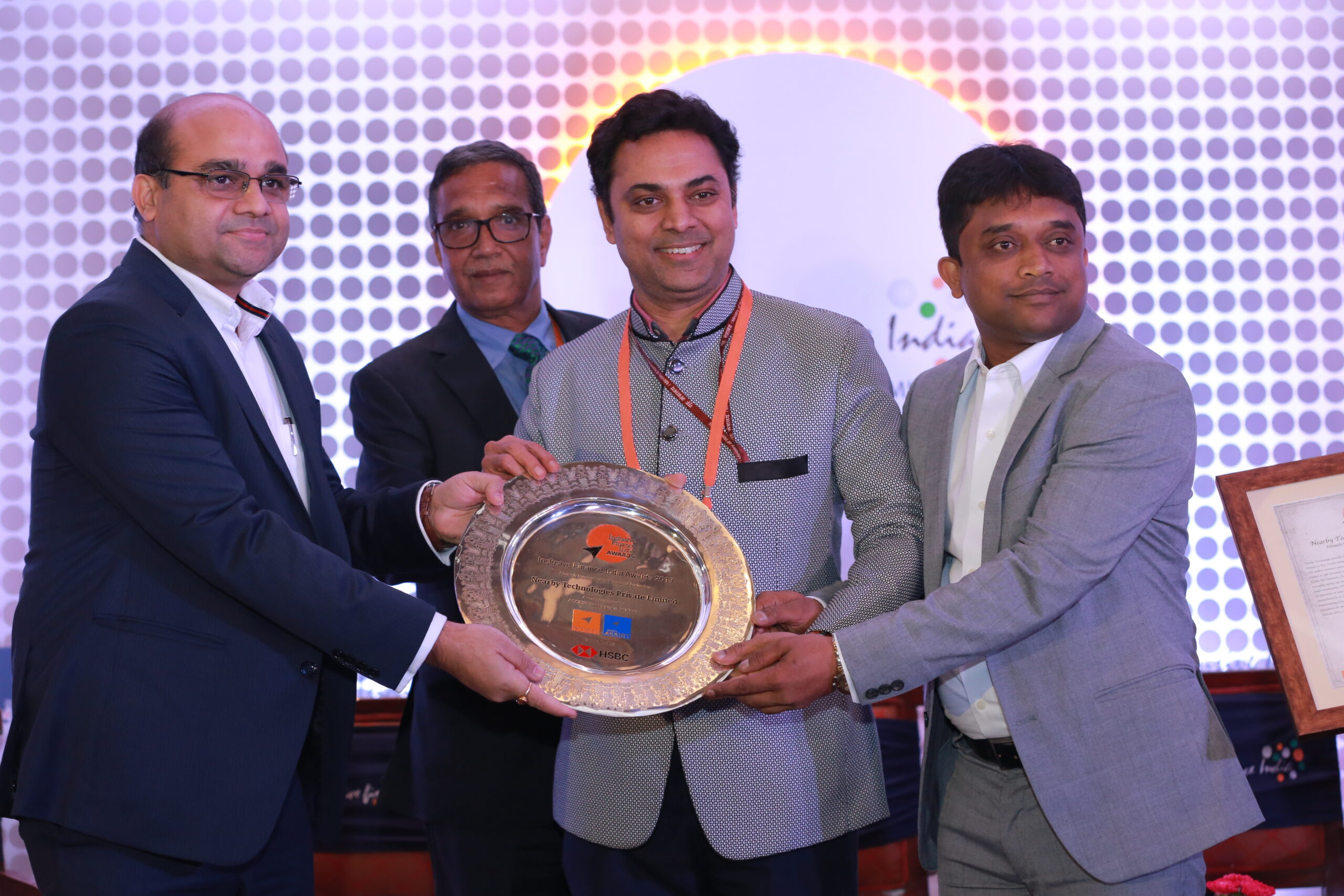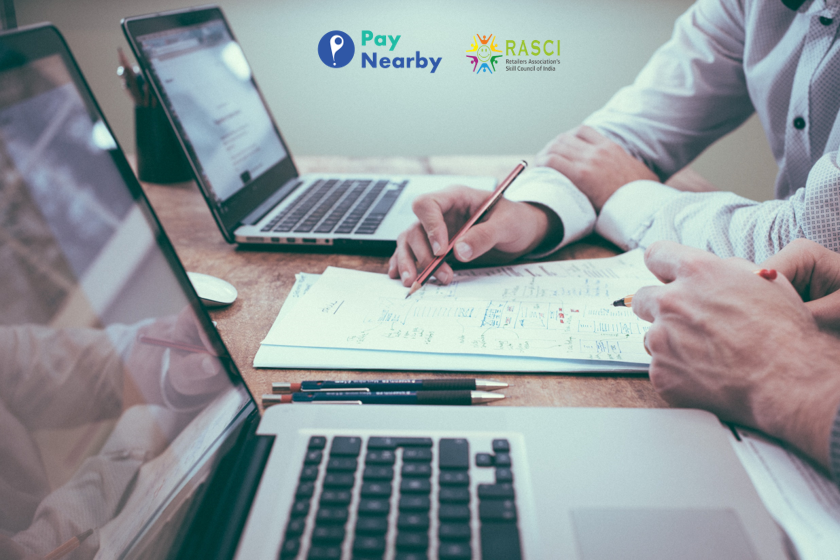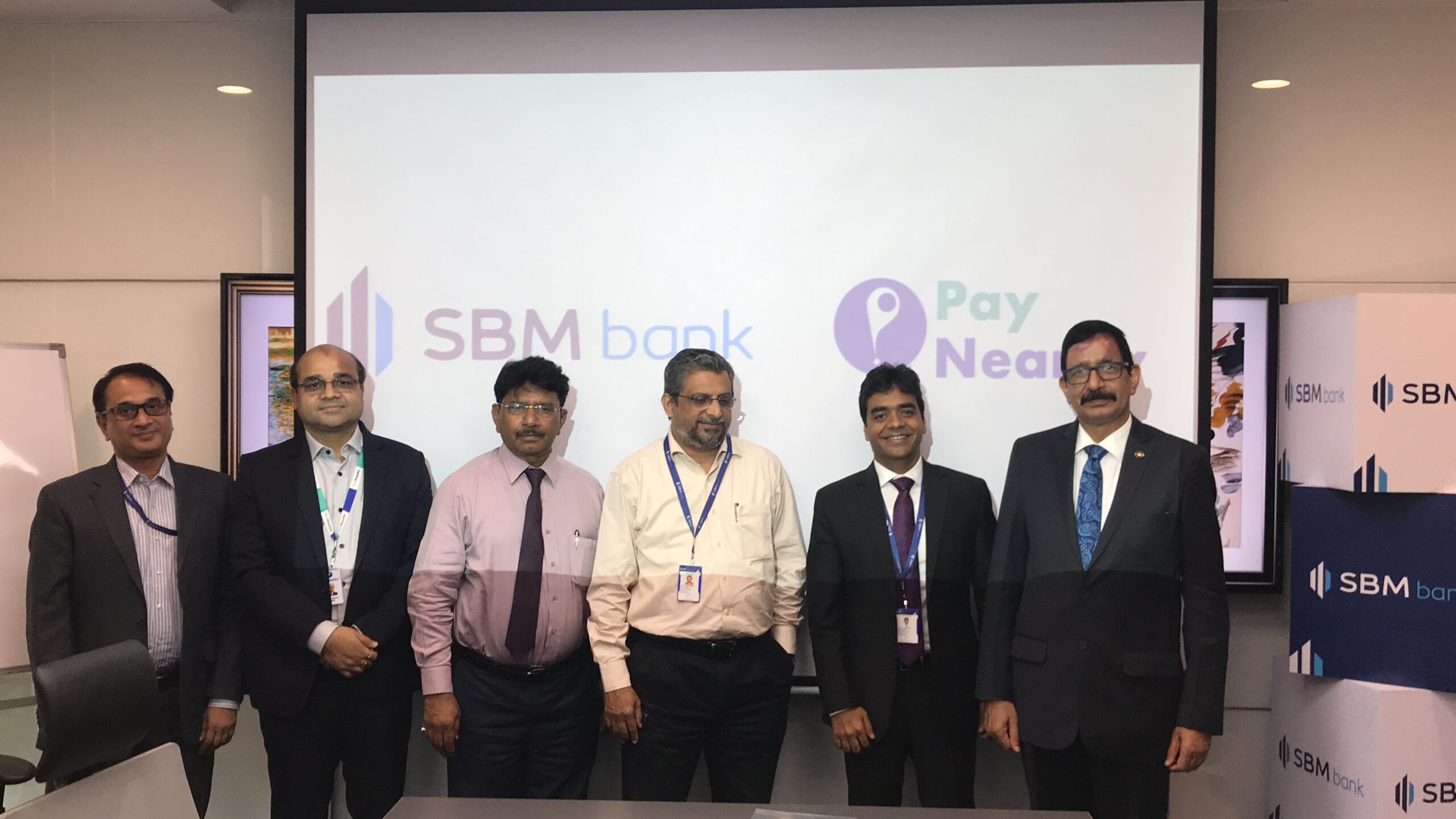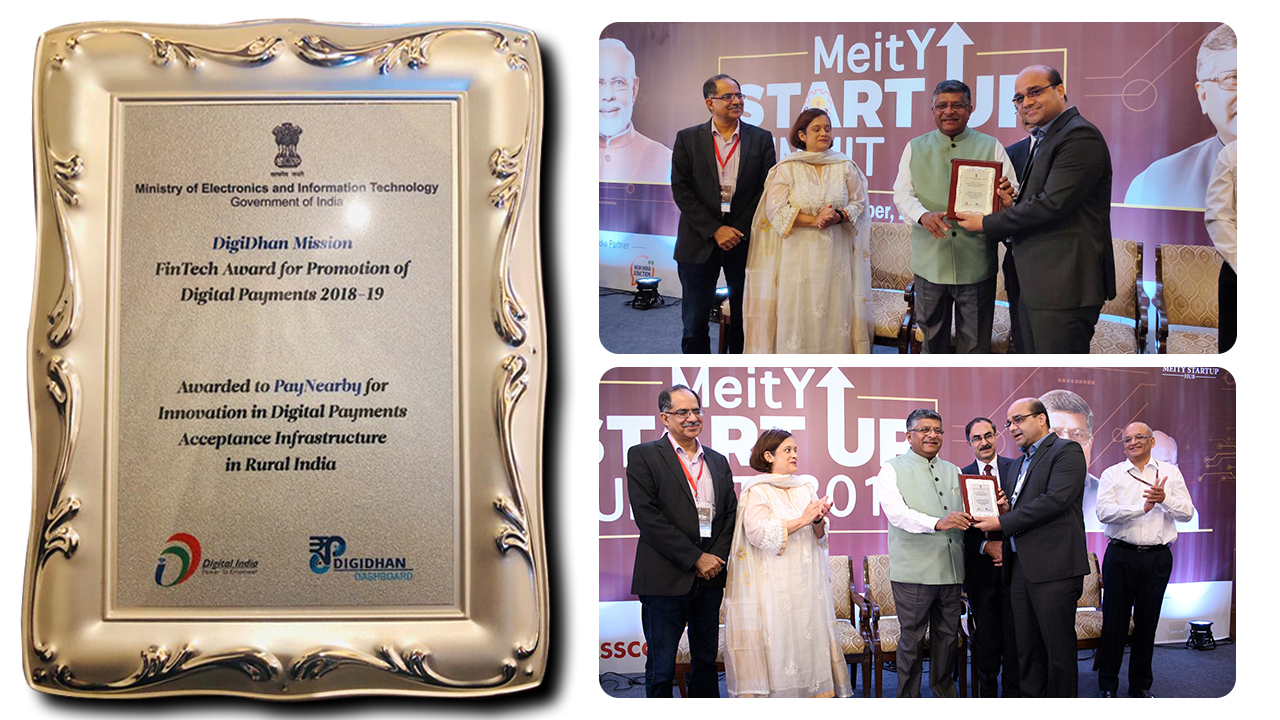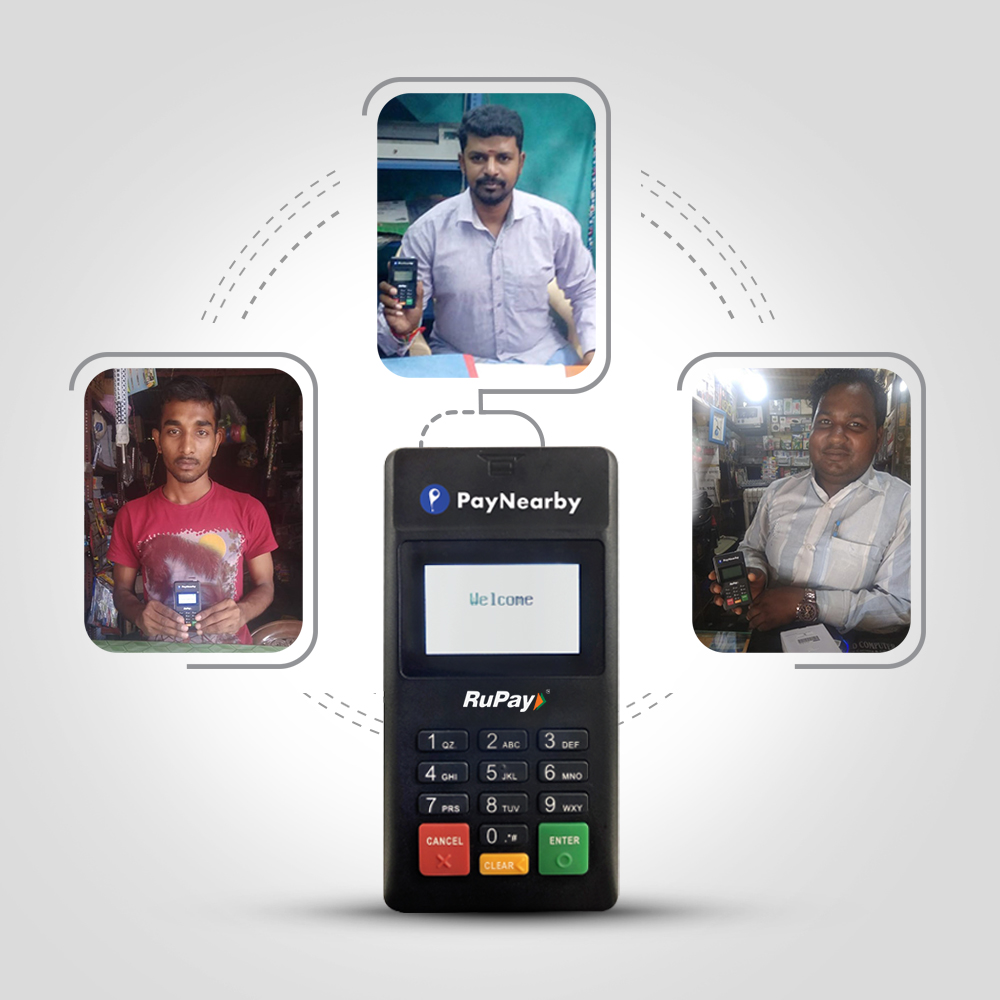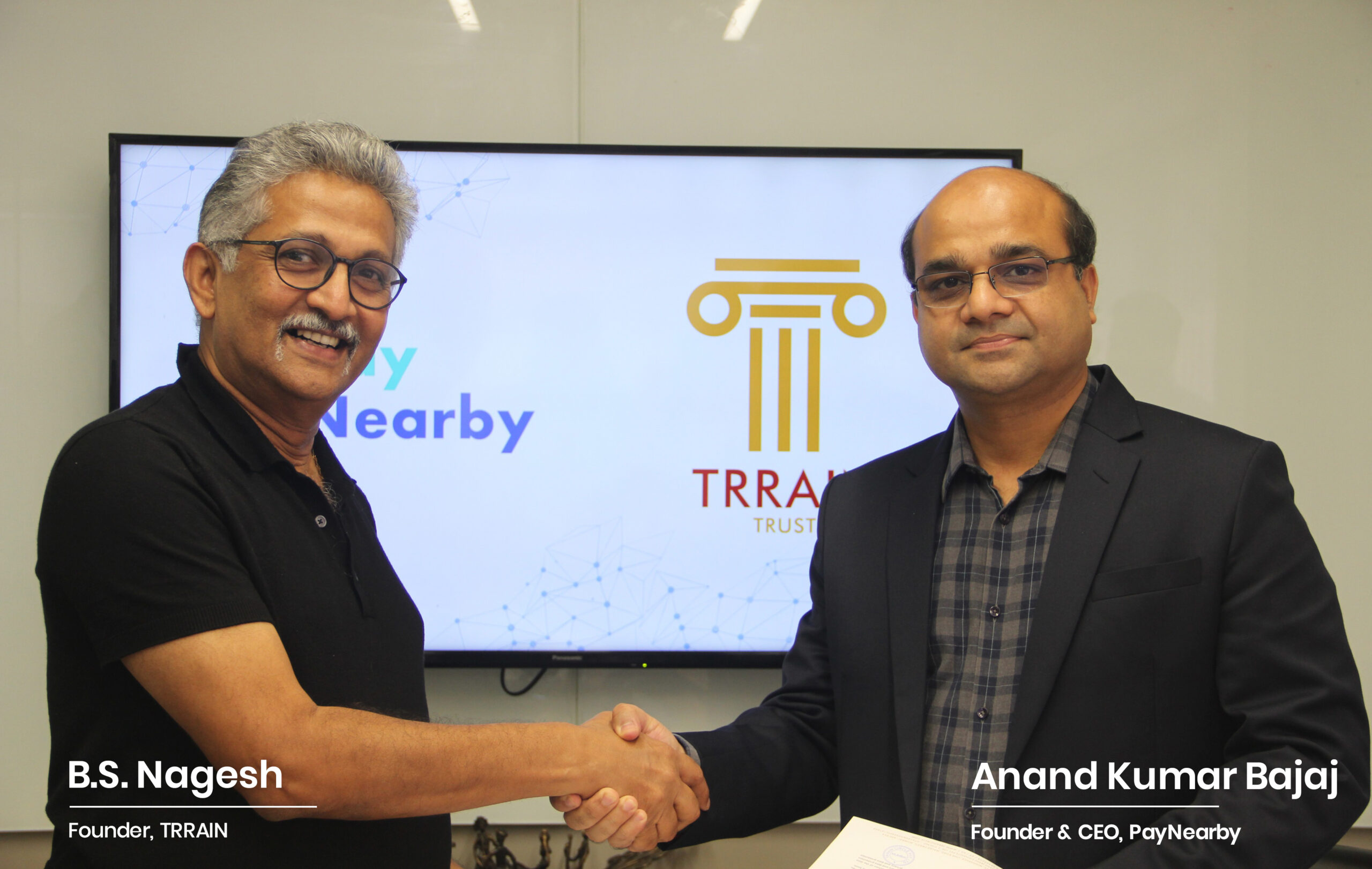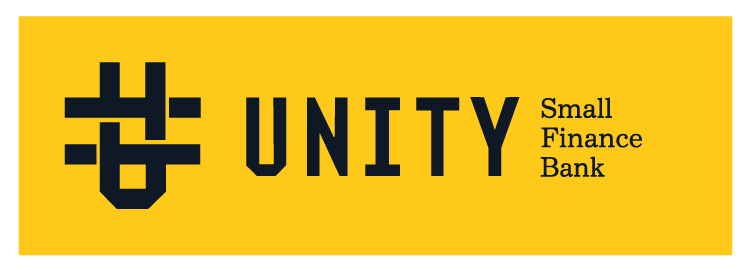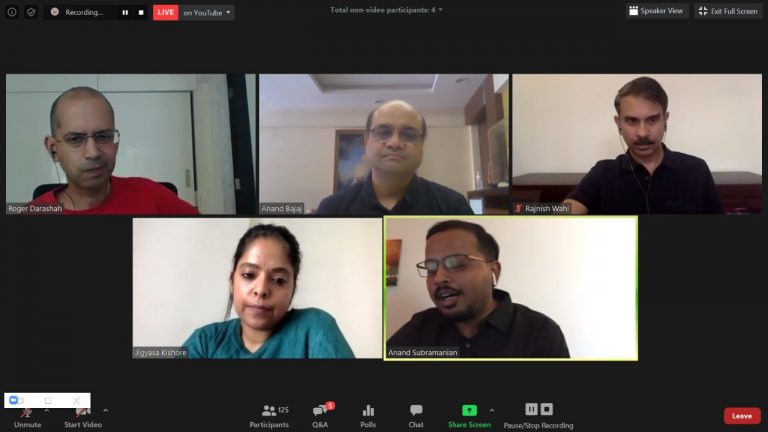
Marketers and brands will have to navigate reputation in the post-COVID era. Life took a downturn for all of us when the lockout was declared on March 24. Navigating COVID-19 is indeed a test of reality and reputation. We will all have to navigate a world that will never be the same again. We got some interesting insights from Indian start-ups as Roger Darashah, Chief Operating Officer, Adfactors PR moderated the discussion of The Communicators Assembly: Point 2.
If we wondered whether the coronavirus pandemic will be world-changing, how did life actually change on March 24, when the lockdown was formally declared? It remained as transparent and frequent as always, but what changed was the timing pointed out Anand Bajaj, Founder & CEO, PayNearby and added “it was a force multiplier for us”. It played out in two parts for Rajnish Wahi, Senior Vice President – Corporate Affairs and Communication, Snapdeal – first it was to inform and reassure and after lockdown the communication became ‘here and now’. Nobody knew what was going on, according to Jigyasa Kishore, Global Director, Moglix but the carpe diem had meaning for everyone – how we are going to operate as an organisation and never before has communication become more important.
Sprucing up communication
It was subjective and ambiguous alright, but did the start-ups have any policies in line to take stalk of the situation? Immediately starting off communication was Ola as explained by Anand Subramanian, Head of Communications, Ola as within hours, they put forward a plan to get drivers together. The key word was collaboration, and in a matter of hours, went on to support the government with their operational strength, having launched medical trips etc. Interestingly, we were able to quickly adapt guidelines for customers and also strictly kept to the guidelines of the government and working towards the need of the hour, said Jigyasa as she also admitted that “there was some craziness, but it has died out and now there is stability”.
Communication is key during such crisis. Financial services was not included in “essential services” initially but it was included soon – as money had to reach the hands of people to buy medicines, groceries etc. PayNearby had the communication advantage when Leo Burnett launched the campaign – Zid aage badne ki, which went well with their 4 lakh touchpoints. With improved communication, for Snapdeal there was a permanent shift for the good. The “human touch” came back rapidly, as Rajnish put it. Snapdeal launched the essentials category in a matter of three days, which would have normally taken six months!
With communication plans, we essentially have budgets allocated. Bajaj insisted they are a start-up and there was no budget. However, the work multiplied with zero budget. Big budget went down to zero, shared Rajnish – a view shared by both Subramanian and Jigyasa.
A start-up advantage?
Cutting-edge disruptors foster startup-driven innovation and start-ups definitely cut a different picture. Roger attempted to check out – does the ‘start-up mentality’ really provide an advantage or is it a disadvantage? Do you think start-up mentality makes communicators more agile during these times?
It is an advantage, said Bajaj and with limited capital, we can do more – coming to the storytelling and we can command more impact, and today it’s an open, hungry market. The fruit of COVID was that Ola started three large initiatives that were timely and necessary – Drive the Driver Fund (a true blue COVID initiative), Ola Emergency (which transformed into a service with a high standard of safety) and Ola Connect, which will stay for a while; social distancing and work-from-home (WFH) not going anywhere. For Moglix, the initiatives were for internal and external stakeholders; they were covering ground fast for the UK launch and for internal stakeholders started an initiative called – Training Pathshala.
Creativity of messaging
The PR universe is creative and involved in innovative ways to communicate and get into brand storytelling with passion. But with COVID jostling up this level of intensity, how did one find the mental space to make quick decisions, wondered Roger.
Campaigns flashed messages, saying it all. As did the Ola “Stronger together” campaign and then empathy doled out internally to the drivers and employees had a big role to play in the creative space, shared Subramanian. “Our work is our communication. We made sure our transactions did not fail through better technological infrastructure”, disclosed Bajaj.
Managing stress & media selection
When everything around you comes to a standstill, how do you manage to keep some balance? Focusing on the positive news to help others, creating mental awareness and giving out WFH tips said Jigyasa. Going into messaging for which they want to be remembered five years down the line, was Snapdeal and Rajnish exclaimed it was a great time to build relations with media as crisis brought out the best and it was “immensely gratifying”.
Our work was our communication, said Bajaj. And, there has been a tremendous uptake on the impact of social media in the last few months, which he highlighted. Looking at this, media had become most impactful during this COVID crisis, Rajnish noted that there was this obsession to get into the print media before, but today digital has become the new mantra; and people realised that e-commerce has been a really reliable channel to get what they want. The trust has increased, digital remains big and so does broadcast, felt Subramanian who added that they also continued to use their own media (the Ola app).
The new “normal”
What about rebuilding trust around e-commerce? The way contact and delivery happened has changed dramatically with the “touch” factor. All this is not just to ensure trust, but what is the alternative, questioned Jigyasa. Hygiene has become the new normal, and on the other hand, trust has increased and has not eroded observed Rajnish.
With economy taking a hit, the possibility of layoffs and cost-cutting has indeed, been discussed a lot. In such difficult circumstances, one must “lead by example” and since business and people are going to be affected, it’s important to be compassionate felt Subramanian. Echoing his opinion, Rajnish insisted if layoffs happen, employees should not feel it’s a personal condemnation but they should see it as situational.
And, how should communication try to be involved in the process? Transparency and preparedness helps when communicating necessary business news, shared Jigyasa. To repurpose things have become a way of life now, said Bajaj.
Has the COVID pandemic impacted relationships with founders? This point was brought up by Madan Bahal, Co-Founder and Managing Director of Adfactors PR. It has fostered a deep understanding, said Subramanian while Rajnish felt crisis moments takes you closer, since you have been through the rough and tumble, plus it brings in more confidence and prepares you to work better. And, as equity partnerships went, Bajaj elaborated that the investor has been fantastic, understanding and that “it is a blessing to have an investor who is hands-free and trusting”.
What can PR firms do more than just generate coverage? How can the relationship between PR consultants and start-ups change post-COVID? “We never expected coverage. The real value is strategy,” remarked Rajnish. He mentioned that they chose to be very concise with their communication during the lockdown.
Lastly, what will be the one thing that will change permanently due to COVID in the way that we communicate, was a very valid question raised by Roger.
More precise and faster communications, more empathy, faster speed – will be the defining features said Rajnish. It’s empathy and knowing that we are in it together that helps bring in tremendous amount of creativity, and it should be impact-driven shared Subramanian while Bajaj said it was “the instant response expectation”.
Signing off was Jigyasa as she said, “It is going to be related to COVID for a very long time”.
- Source – Reputation Today
- Published Date – May 18, 2020




